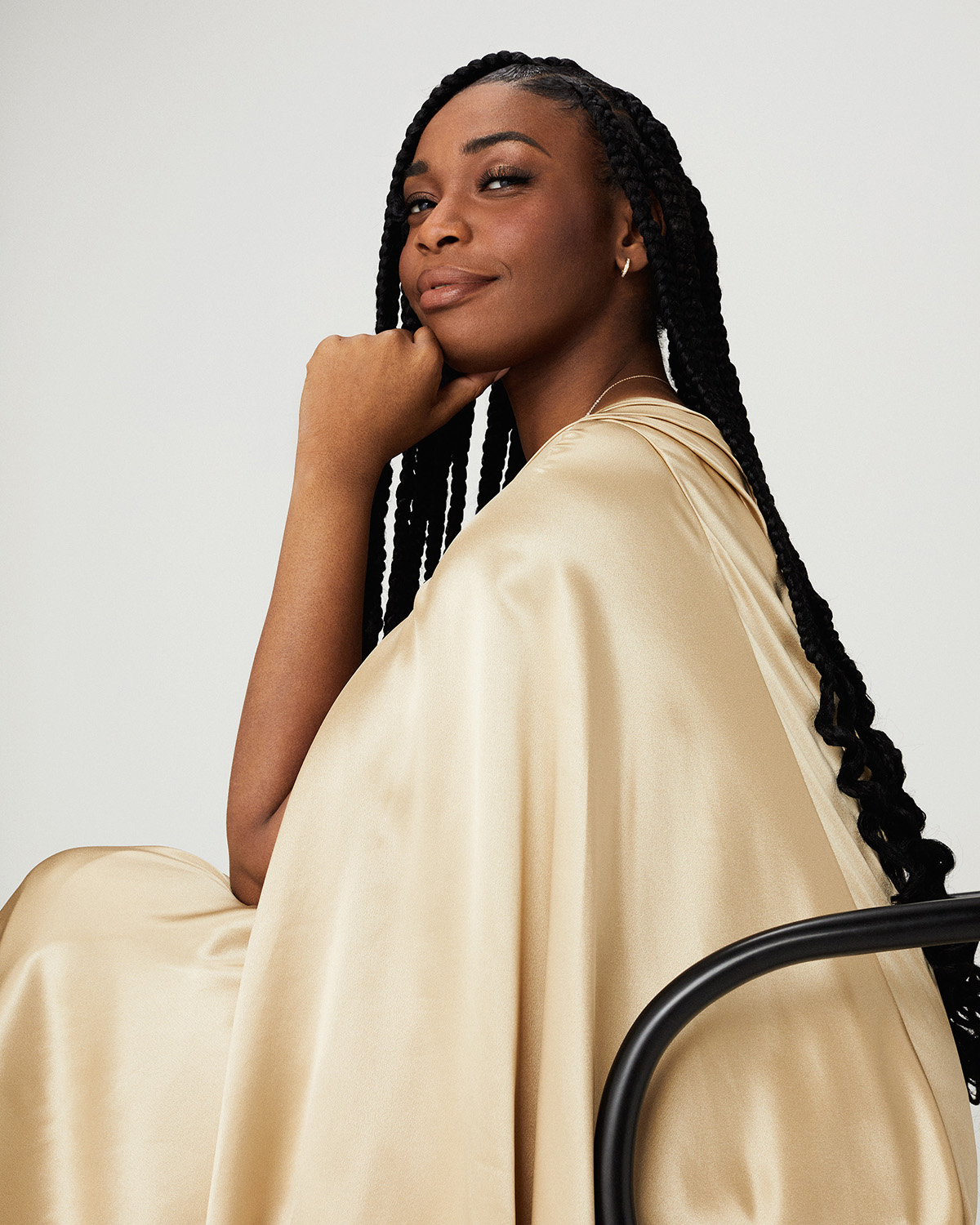
Ebinehita Iyere, founder of charitable youth organisation Milk Honey Bees
Milk Honey Bees celebrates and empowers Black girls and young women by providing a safe space for creative expression and healing. Here, the organisation’s 28-year-old founder Ebinehita Iyere discusses her personal journey, the impact of violence on women and the importance of putting ‘HER’ first
LUX: What’s your earliest memory of wanting to be involved in youth work?
Ebinehita Iyere: Youth work has always been a significant part of my life. My earliest memory of wanting to be involved was at the latchkey after school club I attended in primary school, supported by some amazing youth workers. I naturally started applying those skills to other young people around me.
Follow LUX on Instagram: luxthemagazine
As I got older I really realised the impact that those youth workers had on me. When I left home aged 15, I became a youth worker without even knowing it, providing peer support to other young people like me. I was living in a hostel, so I created a youth work space in my small hostel room and everyone would come to my place. The community always had an impact on me and how I viewed society because people didn’t understand us, but the community did, the youth workers in the community understood us.
LUX: What inspired you to set up Milk Honey Bees?
Ebinehita Iyere: The work I was doing centred around young men. I was raised to believe that most issues in the community predominantly affect young Black men. That’s all I knew. Then, after a very tragic event affected me deeply, I realised that there weren’t any spaces for girls and young women to process the things they had experienced. I thought, when an incident happens in the community, where do the girls go?
Milk Honey Bees started with me, working on myself. My traumas had forced me to grow up far too quickly. So, there was a long process I had to go through to heal my own inner child, and through that important work I saw what I could do with other Black girls.
I had always used reading as an escape and when I read Milk & Honey by Rupi Kaur it was the first book that I felt in a long time really connected with me, so I shared it with a few girls, and essentially, with and for them Milk Honey Bees was created.
No one had ever asked these girls what they needed. My whole view on the needs of girls changed. Through creativity and putting ‘HER’ (Healing, Empowerment, Resilience) first, we were able to create a safe space for girls, where they could finally put themselves first, celebrate themselves and be visible.
LUX: How has the organisation evolved since its inception?
Ebinehita Iyere: The organisation has evolved in many ways and continues to do so. Milk Honey Bees began as a project that sat under my full-time job at Juvenis, where I work as a Therapeutic Diversion Practitioner. Through Juvenis we quickly found that the intersection of race and gender is incredibly important, and as a result Milk Honey Bees has evolved into something far bigger than we ever thought it would be – a space for Black and Mixed Girls to be themselves – which means we’ve been able to reach and support more girls than I could have imagined.
We’ve been able to take our time to develop our presence: who we are, what we want to achieve. Black girls are forever evolving so as an organisation we must grow with and for them. We have built and sustained more relationships with the community, schools, parents, and professionals. Some of the girls came to me at 17 now they’re in their early twenties – we’ve all been growing and evolving together.
Read more: The artistic legacy of Valmont’s Didier Guillon
Before the pandemic, we were doing creative projects and most of our work was done face-to-face. So, we set up online spaces where the girls could just chill and be still, feel empowered and vent about things. We also used creativity to stay connected which has led to us being able to reach and impact many more young lives.
Through the pandemic we actually evolved to become more sustainable and more visible, and are emerging with enormous energy and exciting plans for the future, both on and offline which led to being supported by the likes of major brands like Barbie, Sony Music, PR agency DH-PR and Adwoa Aboah’s media platform the ‘Gurls Talk’ podcast.
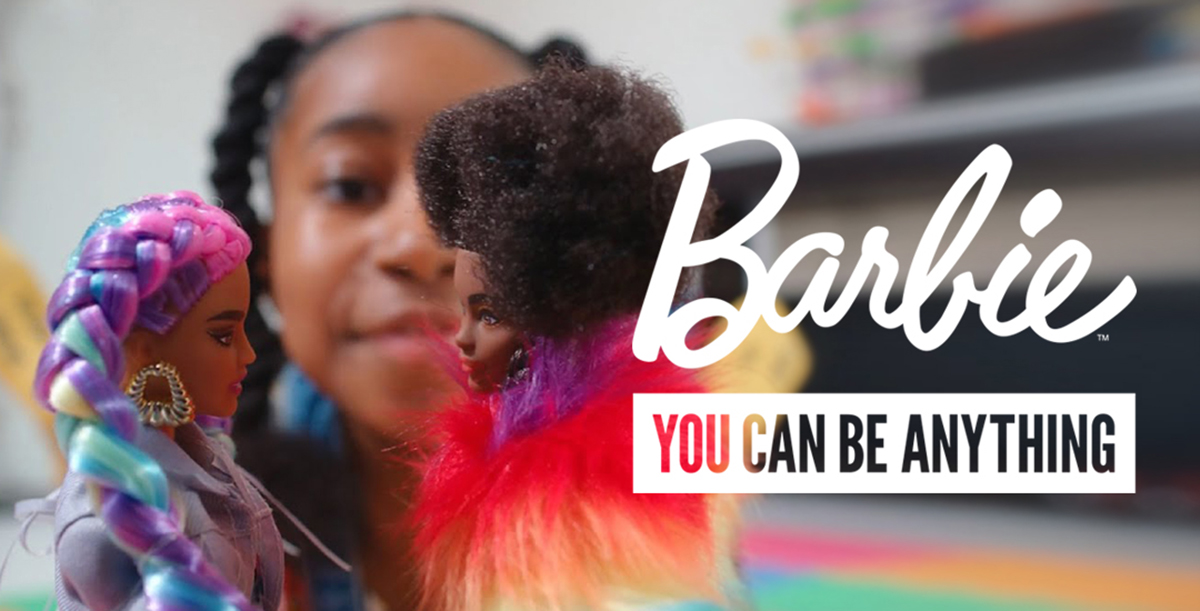
Milk Honey Bees’ partnership with Barbie aims to instil Black girls with the belief that they can do anything
LUX: Can you tell us more about the concept of H.E.R and how it works in practice?
Ebinehita Iyere: The concept is about putting ‘H.E.R’ first because Black and mixed race girls typically have to wear an armour. They have to mobilise in their families and communities and tend to be denied the time and space for healing themselves.
H.E.R stands for Healing, Empowerment and Resilience. It works in practice through helping the girls learn how to navigate themselves, and in turn, how they can navigate within the sisterhood and the wider world. Essentially, it teaches them to understand whilst being understood.
Healing comes first, and we use creative expression to do much of this work because people need to feel safe and comfortable to express how they feel. We use tools like play, art and healing circles, which allow the girls to be vulnerable in a supportive expressive environment.
Empowerment is about the reclaiming of power. So, taking back the power they felt they’d lost through their negative experiences. We do this by doing things the girls were told they couldn’t do. Black girls are often told they can’t or shouldn’t do certain things, but we empower them to do whatever they want, through raising aspirations through giving them amazing opportunities, such as new educational opportunities, writing for magazines like Grazia, and working with exciting brands like Barbie and Sony Music. It’s important to show the world the power the girls have, so they in turn feel self-empowered.
Resilience is about building on what the girls already naturally possess – and they possess a lot of it – especially with this generation dealing with the pandemic and social media pressures for example. Milk Honey Bees shine a light on various forms of resilience and support our girls to build it within and beyond the community. We also focus heavily on the fact that it’s OK not to be OK, and even just articulating this is a form of resilience. We show ourselves that we don’t always have to be strong or present a certain way. You have put HER first!
LUX: Why is it so important to enable and support creative expression amongst young Black women?
Ebinehita Iyere: As I mentioned before, creative expression is really important for healing. You can feel a sense of both strength and vulnerability through creativity in all its forms. It comes from within – plus, creative potential is limitless.
It’s particularly important for Black girls, who have long been the pioneers of creativity – yet are rarely credited for it. We support them to take ownership of it. Creative expression also determines how your internal feelings are shown and embraced by the world. For Black girls and young women, it’s so important, so that the world doesn’t continue to only see one side of them. Our one-to-one and group sessions often lead into social action projects. Their creativity fuels their voice and visibility.
LUX: Are the girls you work with referred or do they tend to reach out directly?
Ebinehita Iyere: Both! We have a referral system in place through Juvenis, which is our parent charity. We also get referrals from social care, education, mental health partners and sometimes local institutions like the police.
We are really strong on encouraging and facilitating peer-to-peer support, which means that girls can reach out to us directly – they often refer their friends or refer themselves. We even have boys referring girls to Milk Honey Bees! Young men who see the work we do sometimes refer their sisters or girlfriends to us, which is great. We also get a lot of parents coming to us.
LUX: How do you ensure you’re meeting the needs of the individual within the collective?
Ebinehita Iyere: Before anyone is put in a group, our work always begins with a one-to-one session. I always start by asking the girls how they are, who they want to be and what they need, and we co-design an individual support plan.
The next step is the group process. We spend time getting to know each other and ourselves as individuals. Within the group, everyone has a role, or ownership/leadership of something. Everyone is individually celebrated, even within a group.
We create a space free of judgement and rooted in the celebration of Black girlhood. We work to the ethos of: “I am my sister’s keeper, while I’m keeping myself.”
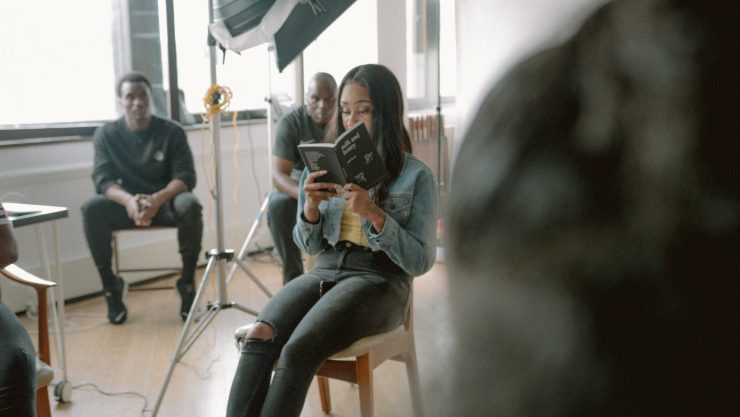
Milk Honey Bees organises creative workshops and projects based on what the girls want to do, see and learn
LUX: You’ve said before that “people need to start seeing Black girls and stop putting them in the same category as women”. Can you explain what you mean by that?
Ebinehita Iyere: A lot of the time Black girls are judged as adults when they are still children. One of the key barriers to the intersecting needs of Black girls and young women being centred by services is the manifestation of adultification bias, where notions of innocence and vulnerability are not afforded to certain children due to racial prejudgement. They are held to greater levels of responsibility due to being treated as though they are more mature, with their rights often being diminished or overlooked.
For example, research has found that adultification contributed to the perceptions amongst those in authoritative positions view Black girls and young women are less innocent, which influences a greater use of force, harsher punishments, and decreased protection and support from services in comparison to white girls. This can have further damaging impacts on how they view themselves, their mental health, as well as negative experiences and interactions with various professionals across so many systems, including education, justice, health, and social care.
If society views Black girls as Black women they are essentially taking away their childhood. There’s an erasure of innocence because of this assumption. We need to allow Black girls to thrive and fail in their girlhood, in order to become the best women they can be.
It’s easy for others to try and write you off and label you as an “angry Black woman” without even knowing who you really are or based on your expressions. I know this stigma first-hand from teachers, to social workers and even previous managers. It affected me deeply. I don’t want any more girls to have to go through that as girls or women.
LUX: As a young founder, what challenges did you face in setting up the organisation and how did you overcome them?
Ebinehita Iyere: Initially, my biggest challenge was me and not being able to process myself. I realised very early on that I had to work on myself first before I could really help anyone else. So, I learned to look after myself while trying to look after others. Now I allow myself to process my feelings and sit with my emotions. They are valid.
You’re allowed to cry, rest, be happy, feel confused – you’re allowed to ask for help. There is amazing strength and power in helping others, but you have to love and take care of yourself first before you can do that for anyone else. I’ve learned how to embrace my vulnerability and turn it into great strength, by speaking up for myself when it matters and allowing myself to be vulnerable with others, knowing it’s more than OK.
Your experiences do not define you; they will only allow you to learn, grow and become the best version of yourself for you. My experiences have not allowed me to grow personally and professionally.
Read more: Juanita Ingram on empowering women in the workplace
Outside of my personal life, my transition to a founder was as a result of most of my work being with boys in the community, but I started to realise that there was a real lack of understanding when it came to creating safe spaces for Black girls to express themselves in the community after incidents happened, or even spaces that celebrated Black girl joy. Creating safe spaces for girls is something I assumed people would understand, but they didn’t. People couldn’t understand what I was doing.
Being supported by my passion, family and a core group of people in the youth sector who understood my vision (Jenni Steele, Winston Goode and Whitney Iles), and receiving funding and recognition through awards and press also helped my journey to ensure that no matter the challenge I could overcome it.
LUX: How do you think education systems can better support young people? Are there any skills, for example, which you think schools should be teaching?
Ebinehita Iyere: I think education systems can provide better support by allowing young people to be creative. Life, career, and success – none of these are linear. Thinking creatively helps young people navigate these things.
I also think schools should be teaching more life skills – processing emotions, managing money, and mindfulness for example – to prepare young people for the highs and lows of the working world.
Schools should have a four-day teaching week with one day set aside for play, mental health, life skills, pastoral care etc – for both staff and students – plus engaging with families. Showing that it’s OK for them to express themselves because without expression you can’t function. We saw it in the pandemic – imagine if adults had had the personal tools to have been able to support kids more during the pandemic?
LUX: What impact does the exclusion of women from conversations around violence have on individuals and communities?
Ebinehita Iyere: For every experience of violence whether it’s structural violence, domestic violence or youth violence, there’s always a woman on the end of it – whether that’s on the side of the perpetrator or victim. Violence is not just the act itself. It’s the aftermath. Instead of grieving and healing, girls have to wear this armour and protect boys and men. In other words, girls are spending more time mobilising for others than healing themselves.
Excluding women from these conversations leads to overwhelming feelings of invisibility, not feeling like our voices are heard, and erasure from our experiences. We are more than just a hashtag, we should not only be visible when being mourned but also while living. We should not be excluded from conversations about our safety in fact we should be safe.
Even when we are included in these conversations we aren’t leading them. The impact is really bad. Giving the women of tomorrow the skills, language and tools to be able to have these conversations in their spaces and beyond is essential in my opinion.
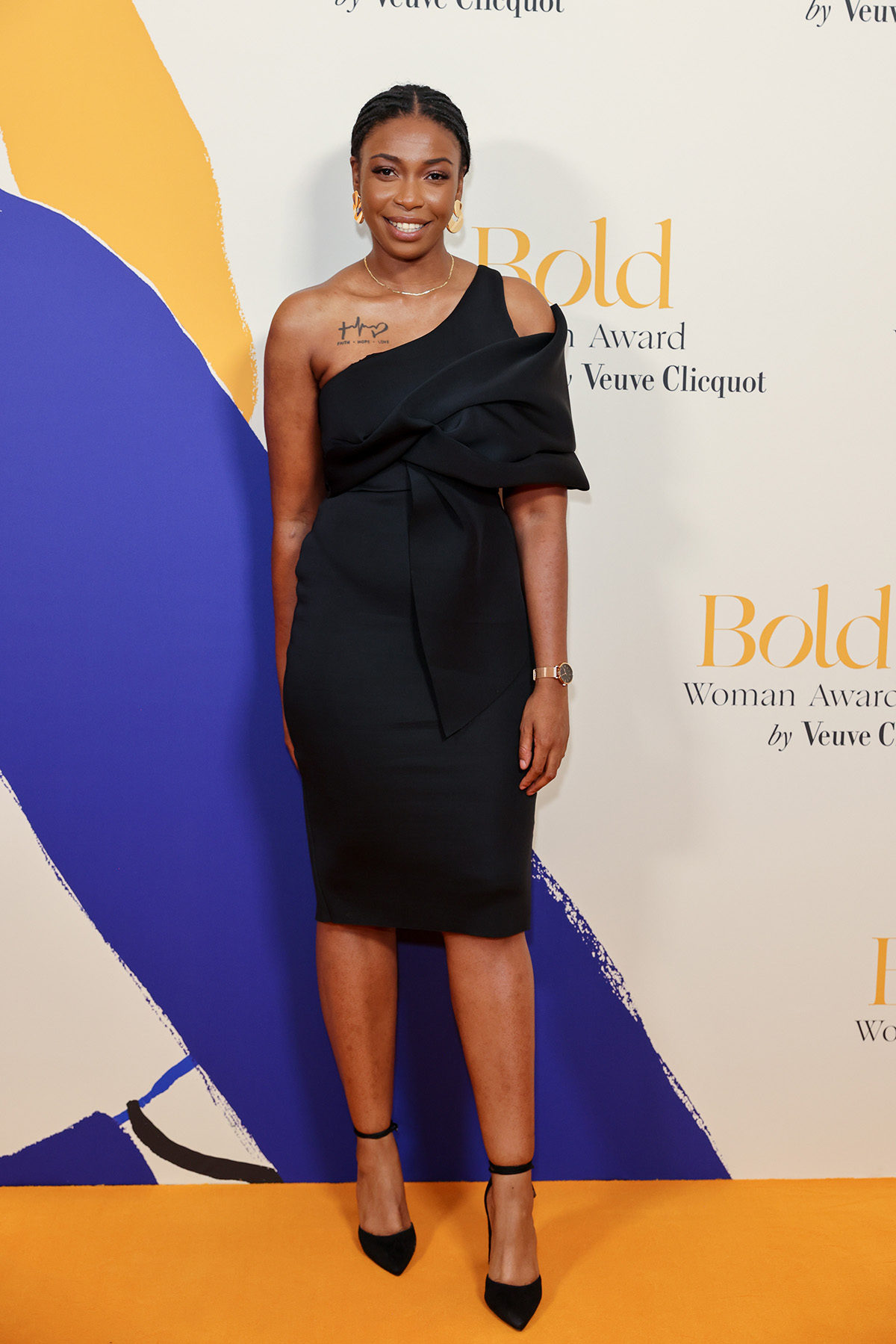
Iyere at the Veuve Clicquot Bold Woman of the Year Awards 2021 in London. Photo by David M. Benett/Getty Images for Veuve Clicquot
LUX: What upcoming projects are you looking forward to?
Ebinehita Iyere: We have so much coming up for us and essentially everything is led and developed by the girls. We are developing a new schools based project for teen girls and have just launched our project with Barbie for 5-10 year olds.
We are super excited for the launch of Creative Connection, our a brand-new project in partnership with Sony Music UK. I’m really looking forward to this because it’s an incredible chance for young women to navigate the industry they want to be in – and an amazing chance for the inspirational businesses and creatives they engage with to learn from the girls.
Creative Connection is a 8-week mentoring project purposed with empowering Black/Mixed Black young women, who have an interest in getting into the music and wider creative industry, through a series of introductory workshops and sessions. In collaboration with Sony Music UK, Milk Honey Bees have curated a unique curriculum supporting a selected group of 10 Black/Mixed Black female creatives aged 18-23, by offering them creative mentoring and work placements. Being able to fuse creativity, work and wellbeing together to all work hand in hand is really exciting, and the ten young women who are selected will be the first of their kind.
LUX: And finally, you were recently nominated for the Veuve Clicquot Bold Future award. What does that mean to you personally and to your organisation?
Ebinehita Iyere: It was so amazing to be recognised by Veuve Clicquot, mainly because it’s so rare to see that kind of visibility for people like me. Even though I didn’t win the actual award, I am still a winner!
My name, Ebinehita, means ‘my destiny’. My journey fluctuated from not feeling like I had a destiny to fulfilling my density. I’ve worked so hard to create one for myself through hard work and self love, so to be recognised by such a prestigious brand made me so proud. For every woman who fought to get where you are: continue to be bold because you are the future.
Find out more: milkhoneybees.co.uk
Follow Ebineita Iyere on Instagram: @ebinehitaiyere_
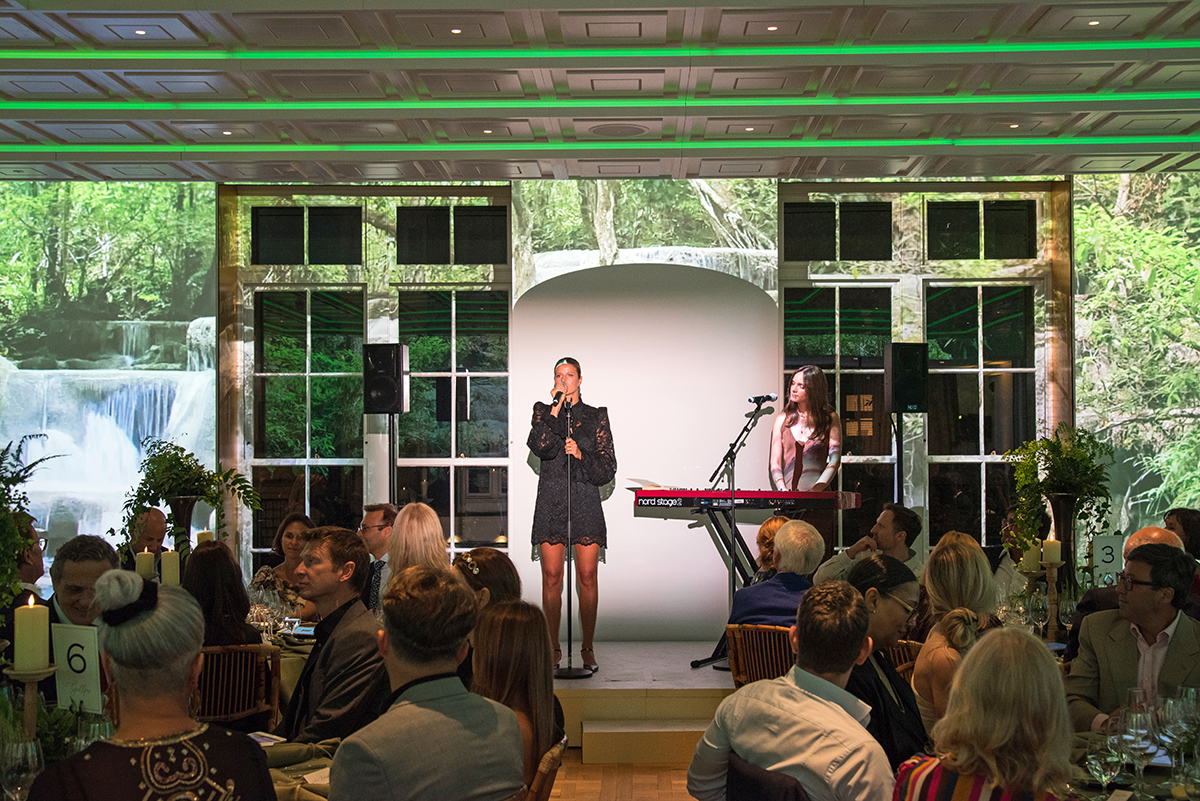
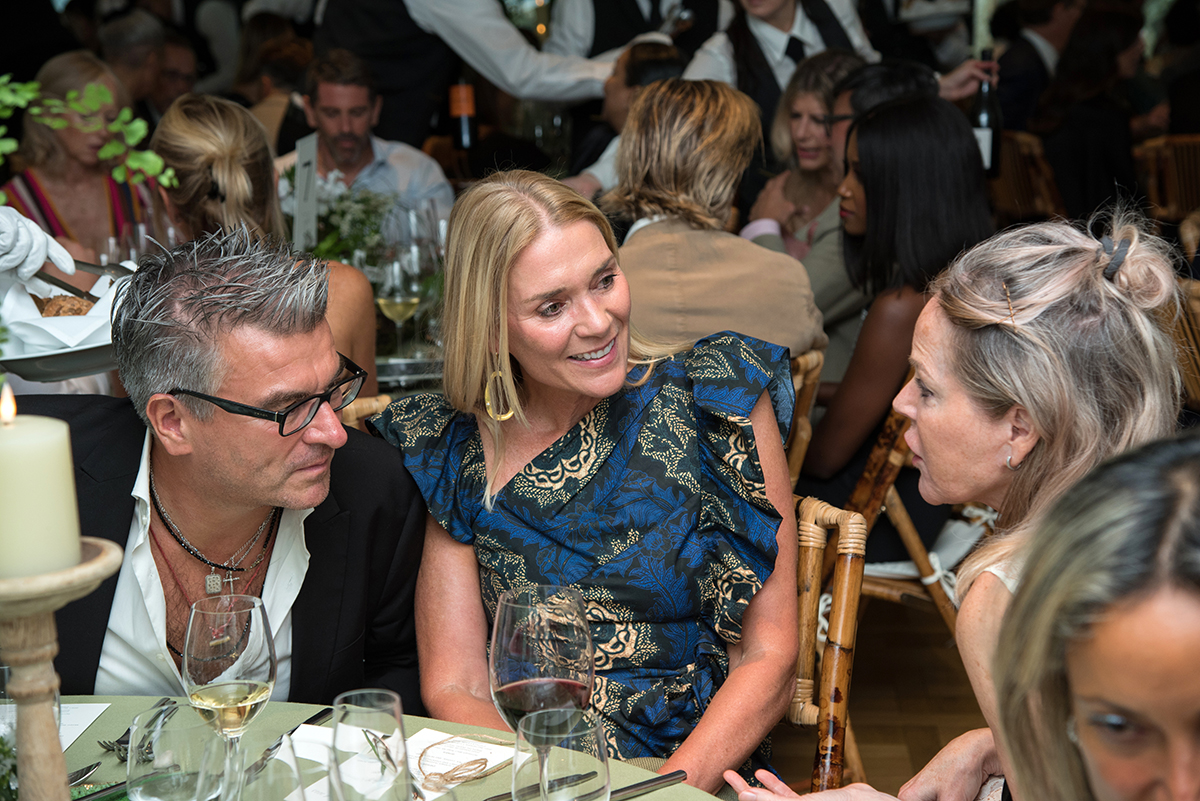
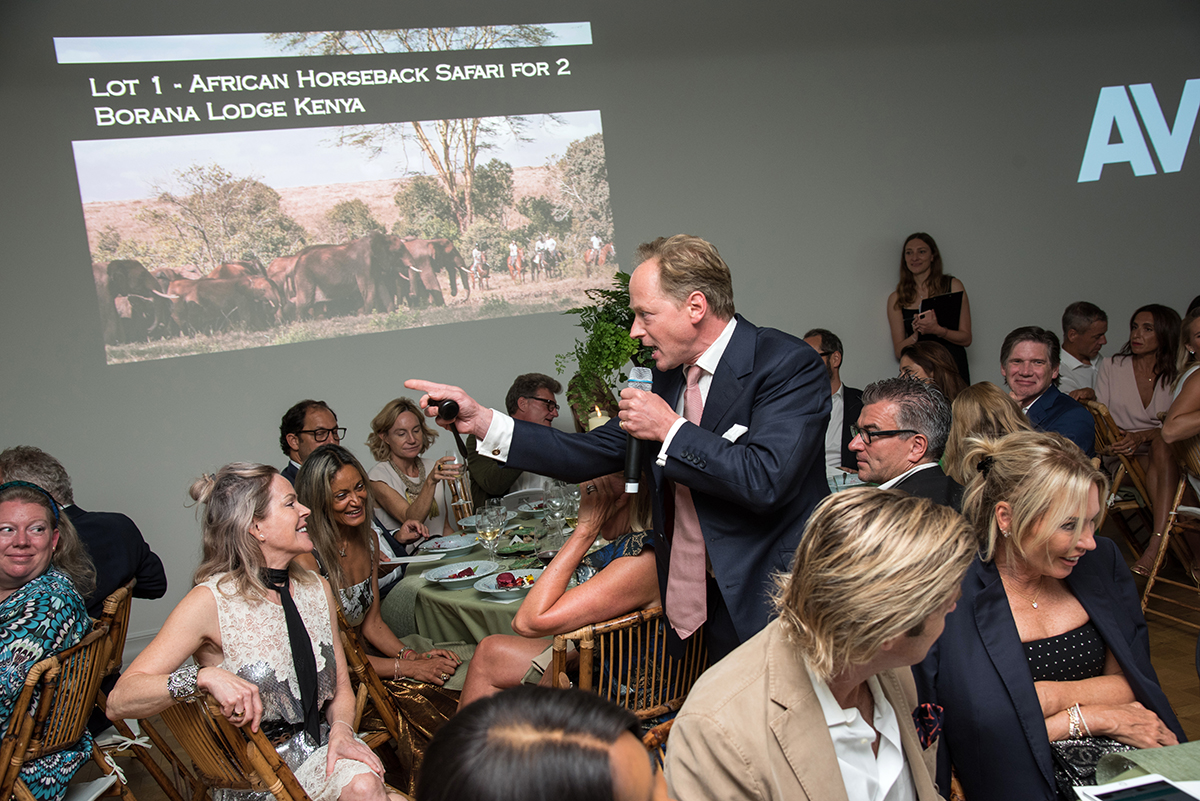
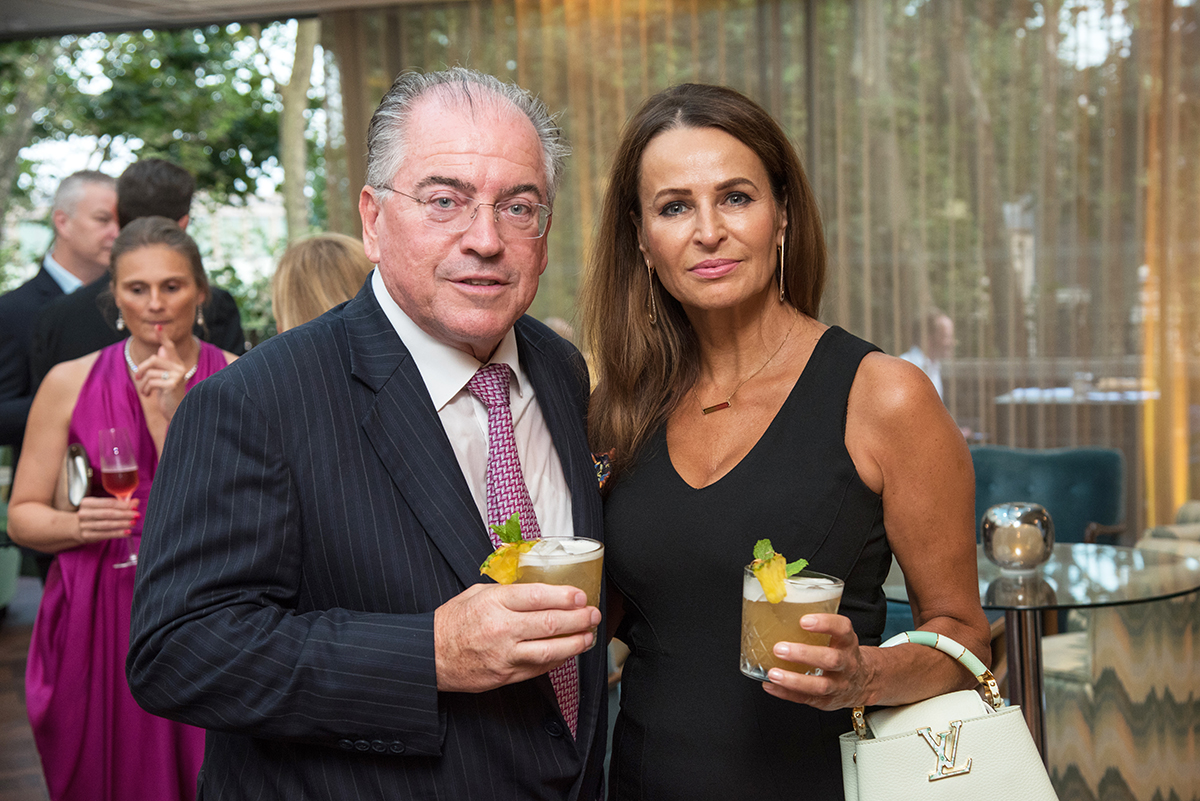
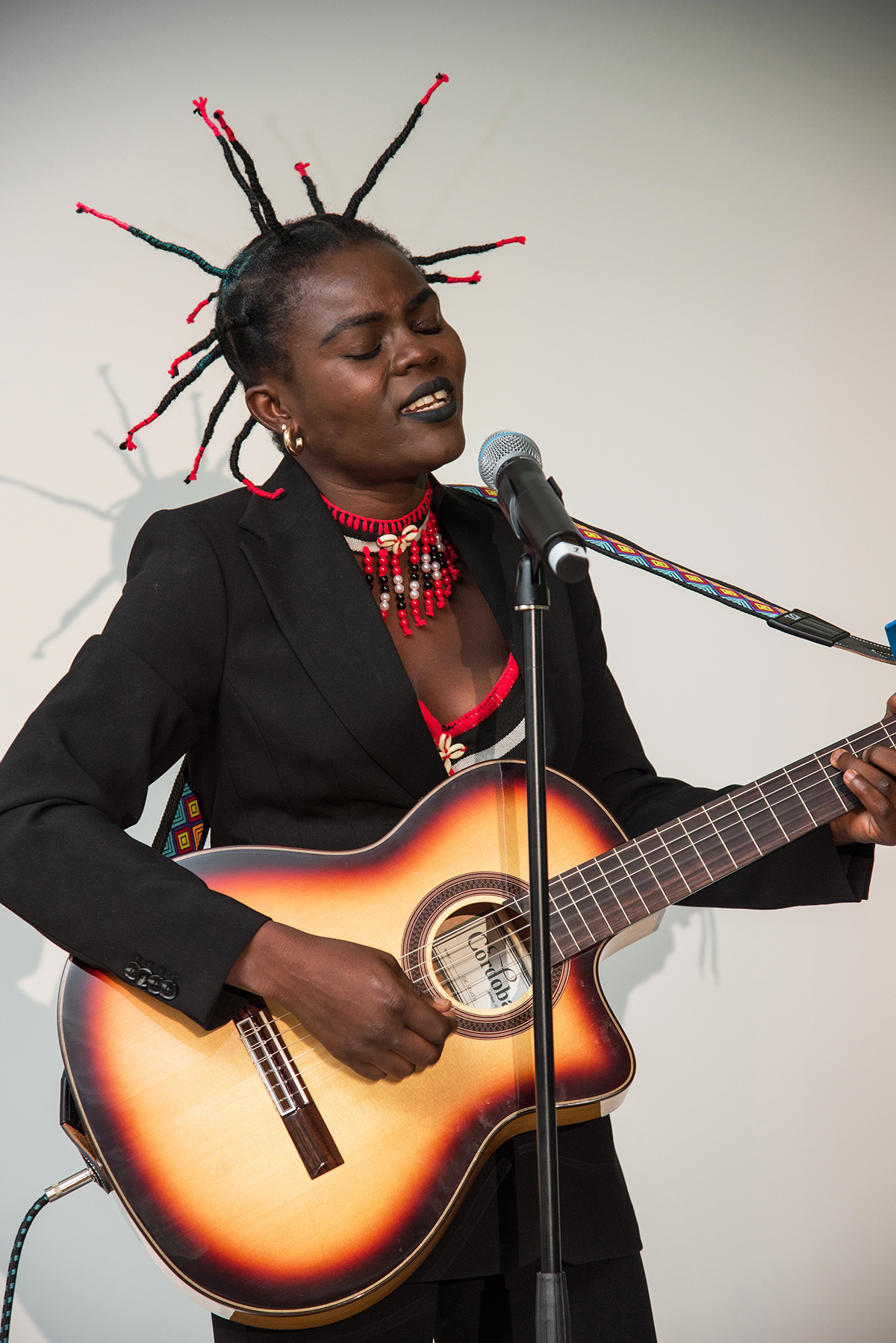
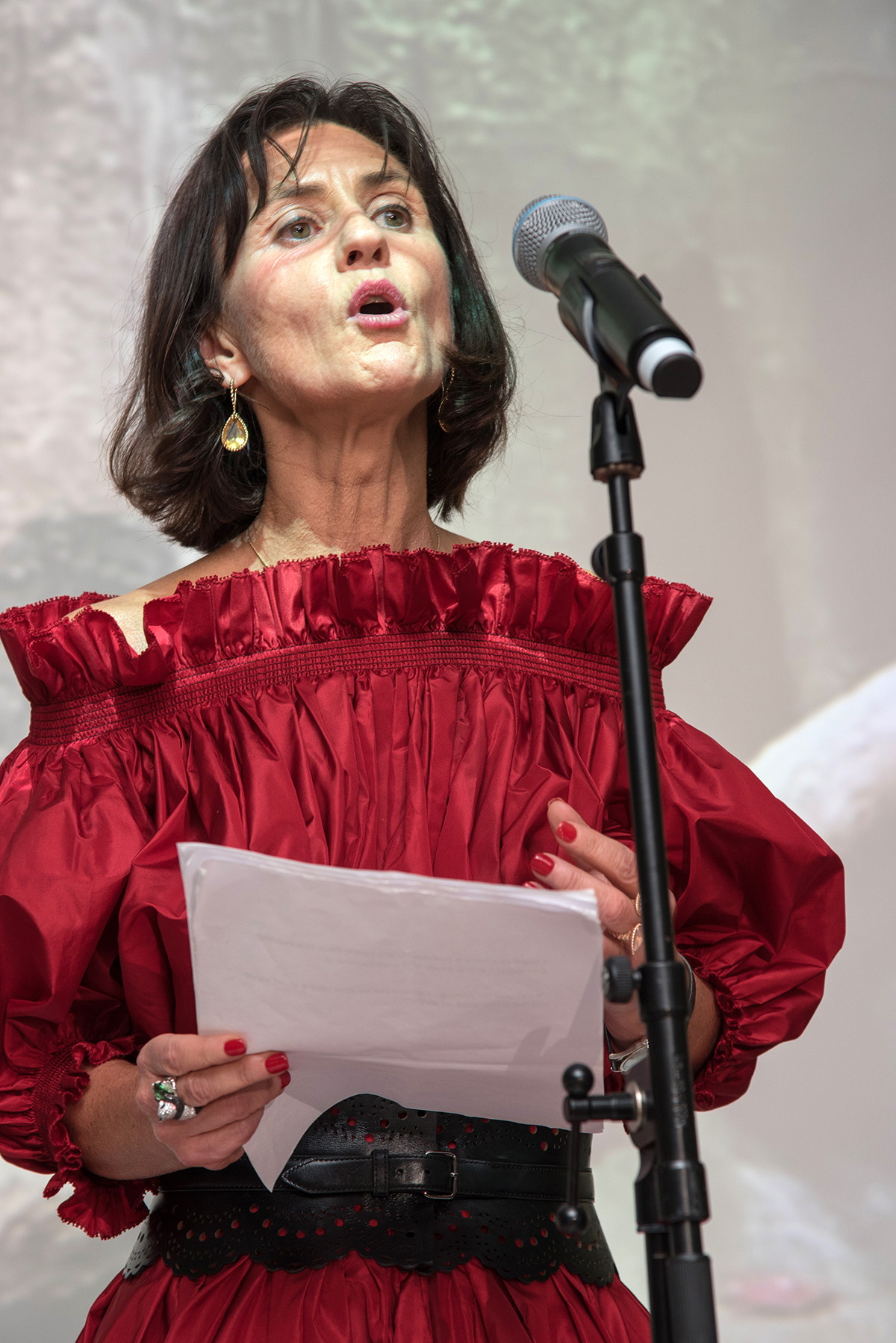
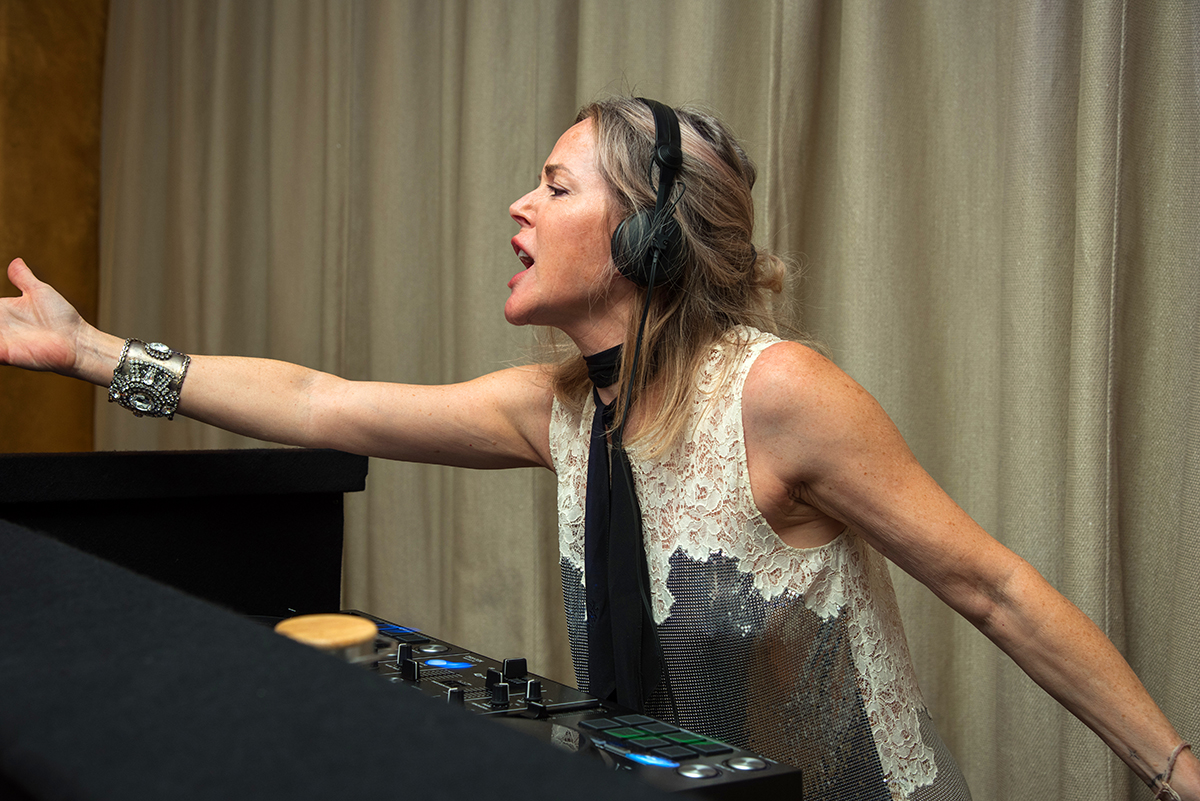
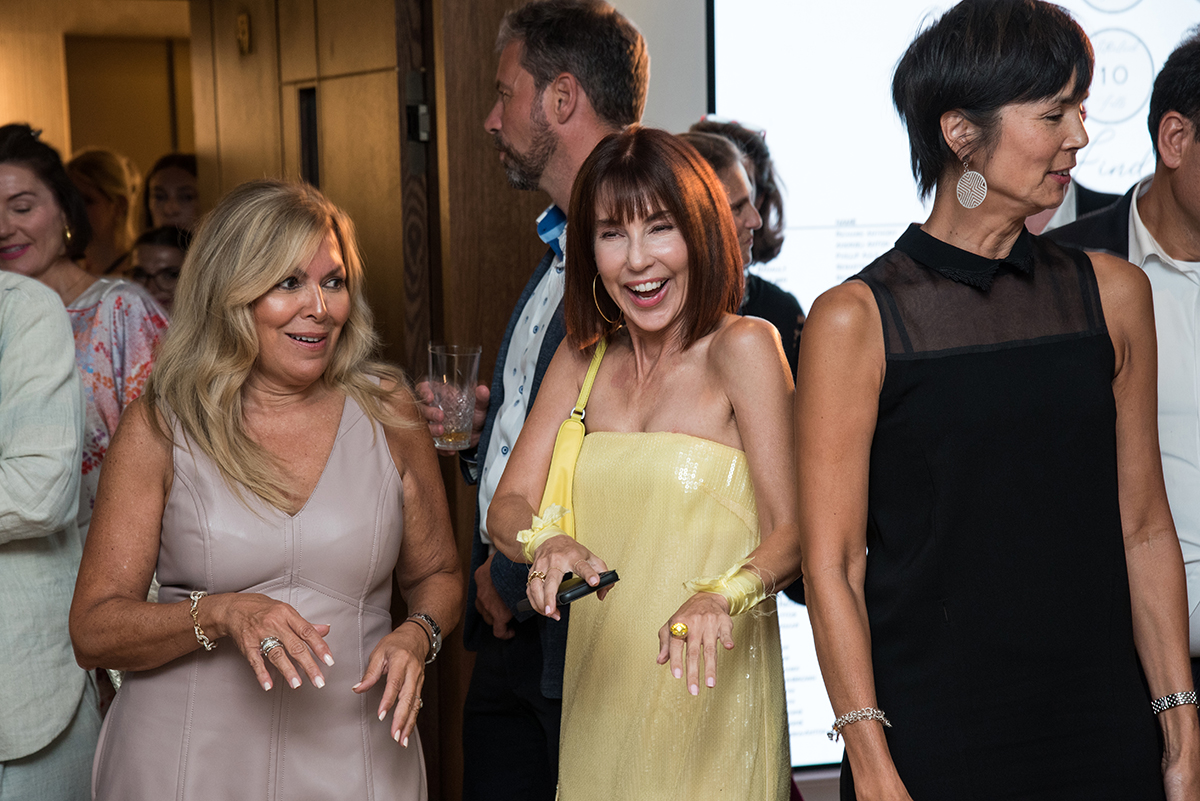
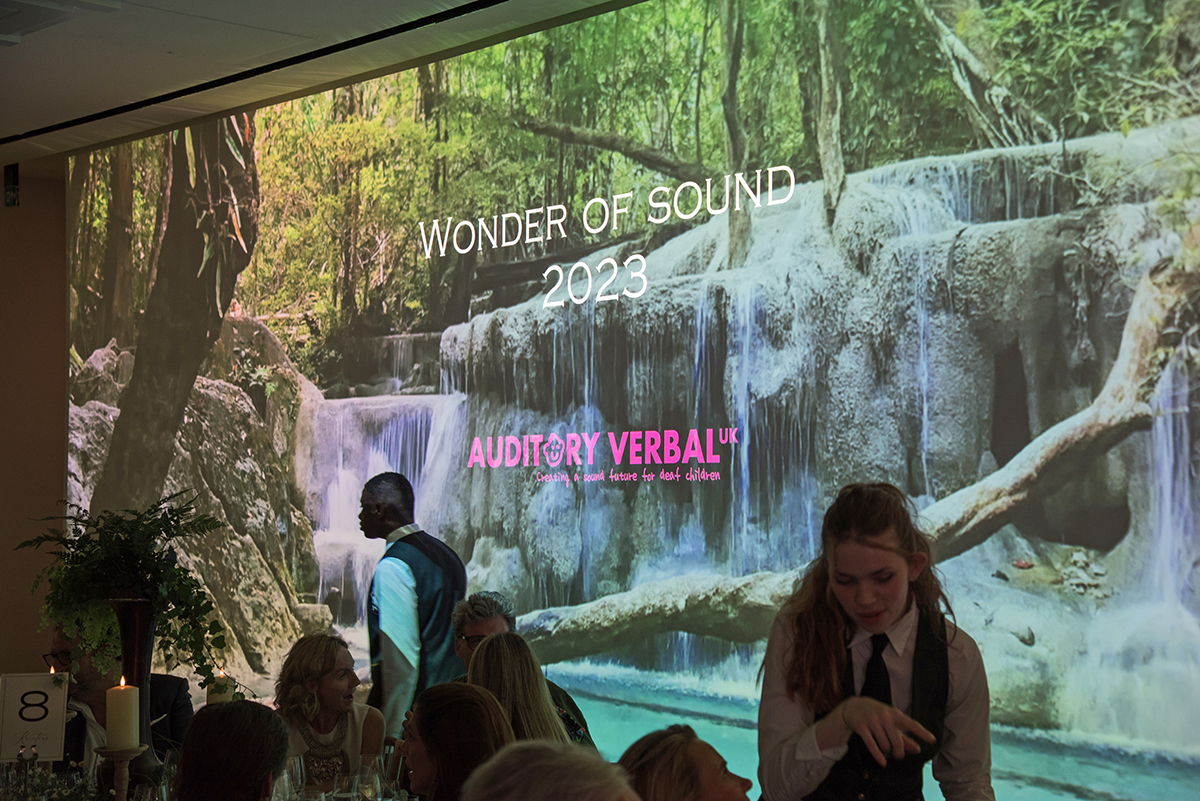


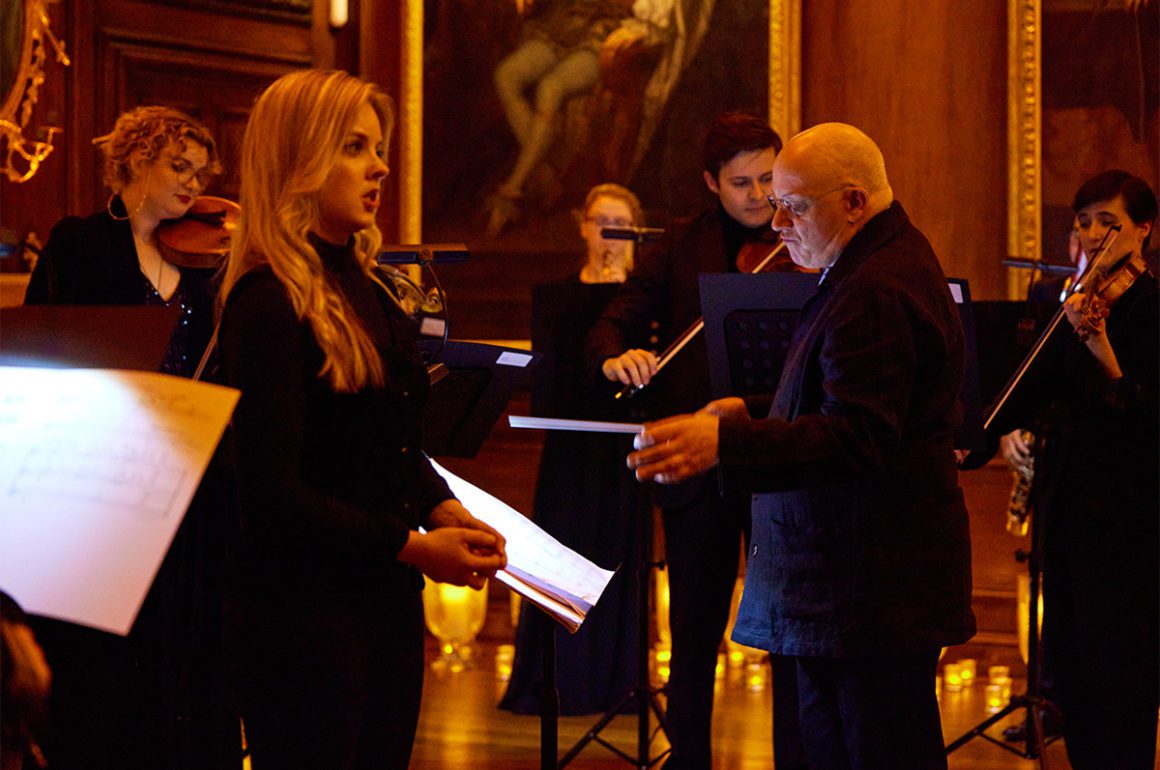
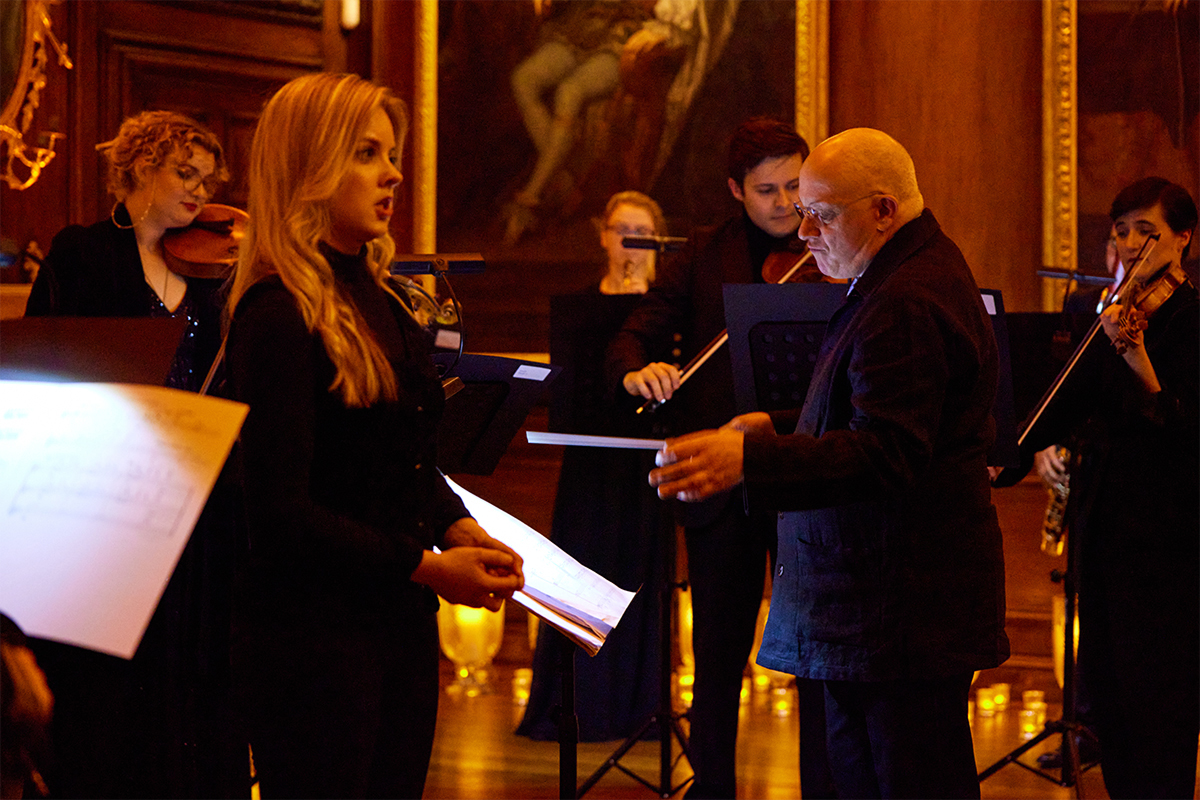
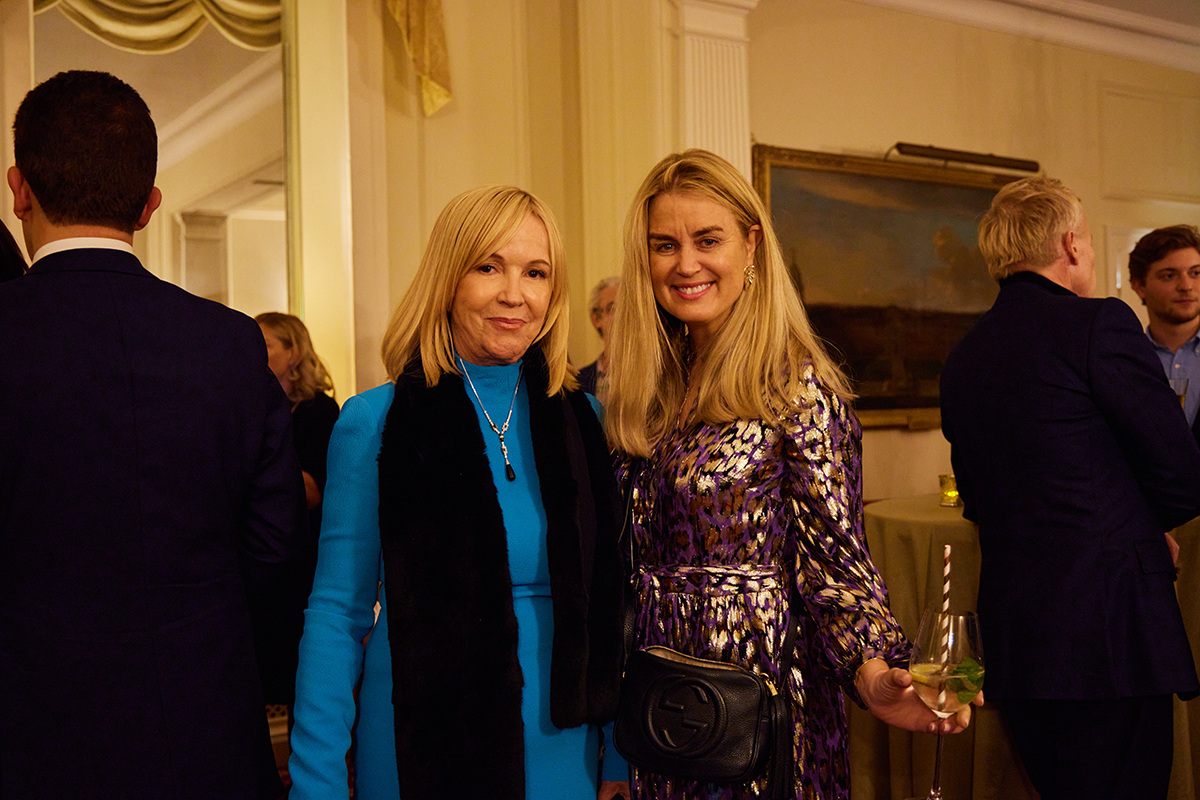
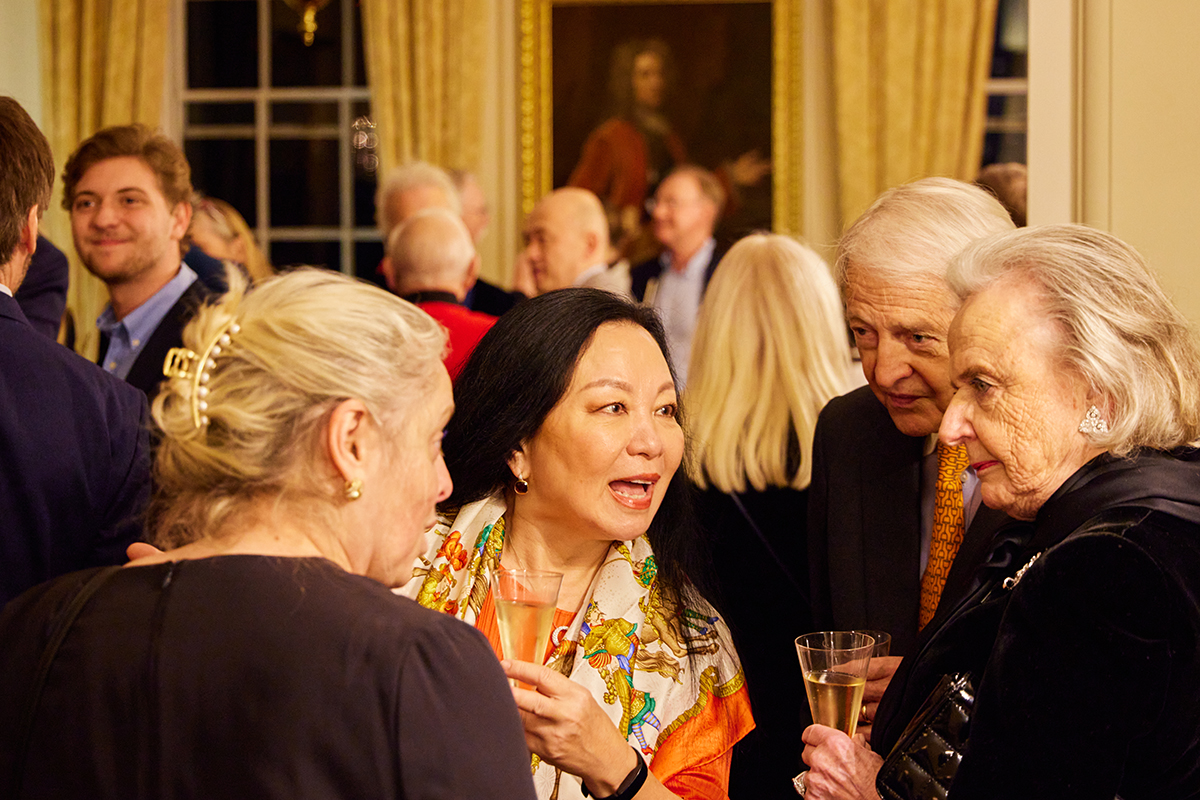
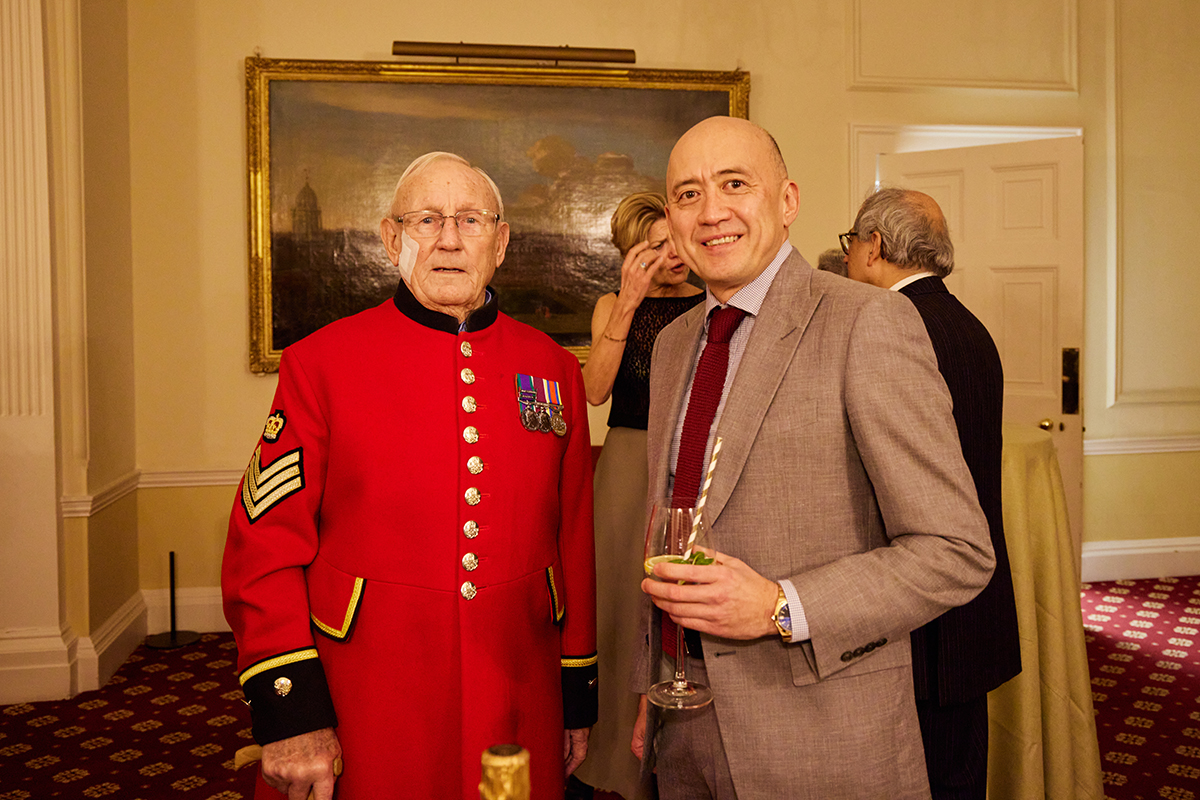

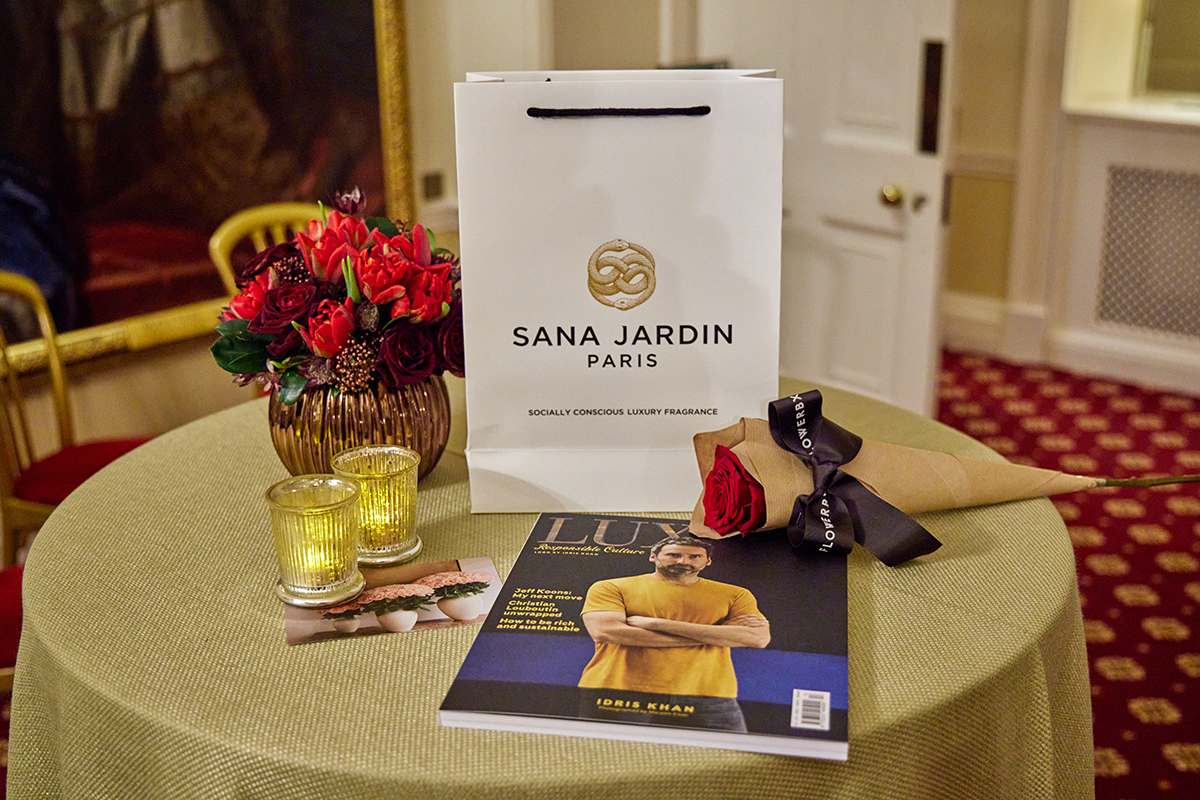
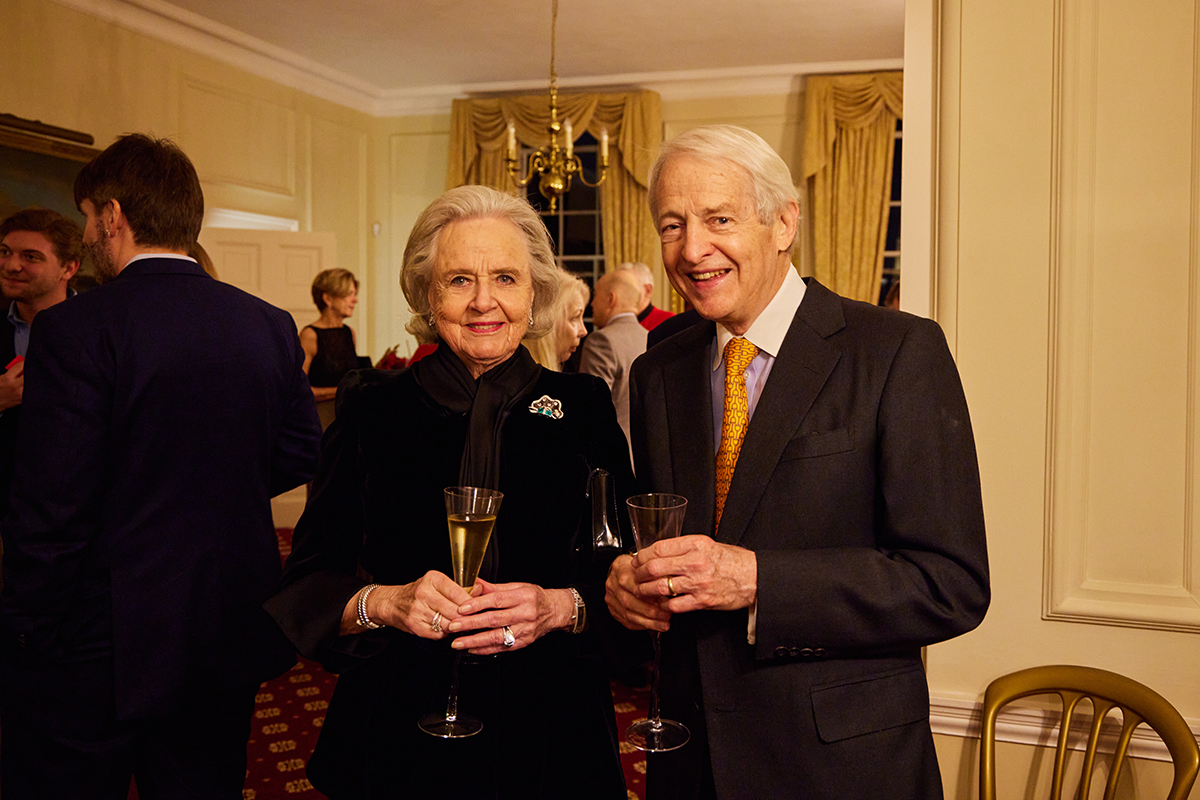
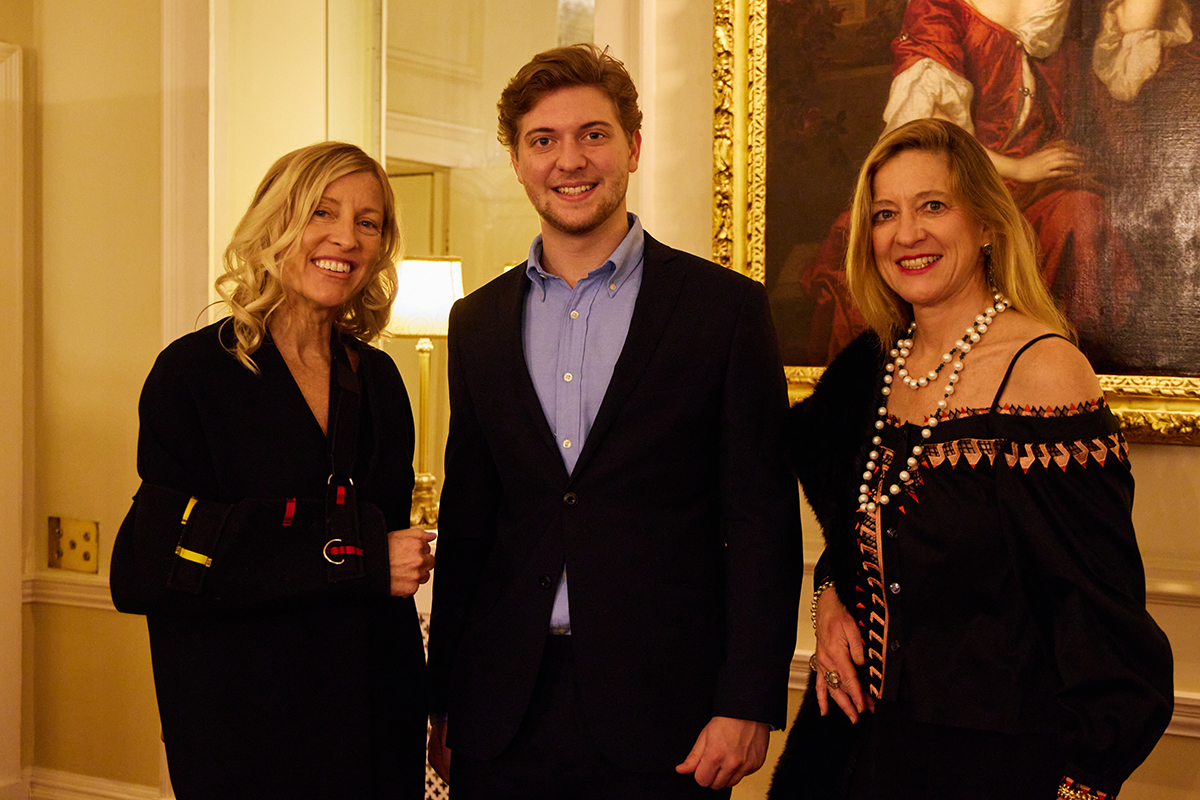

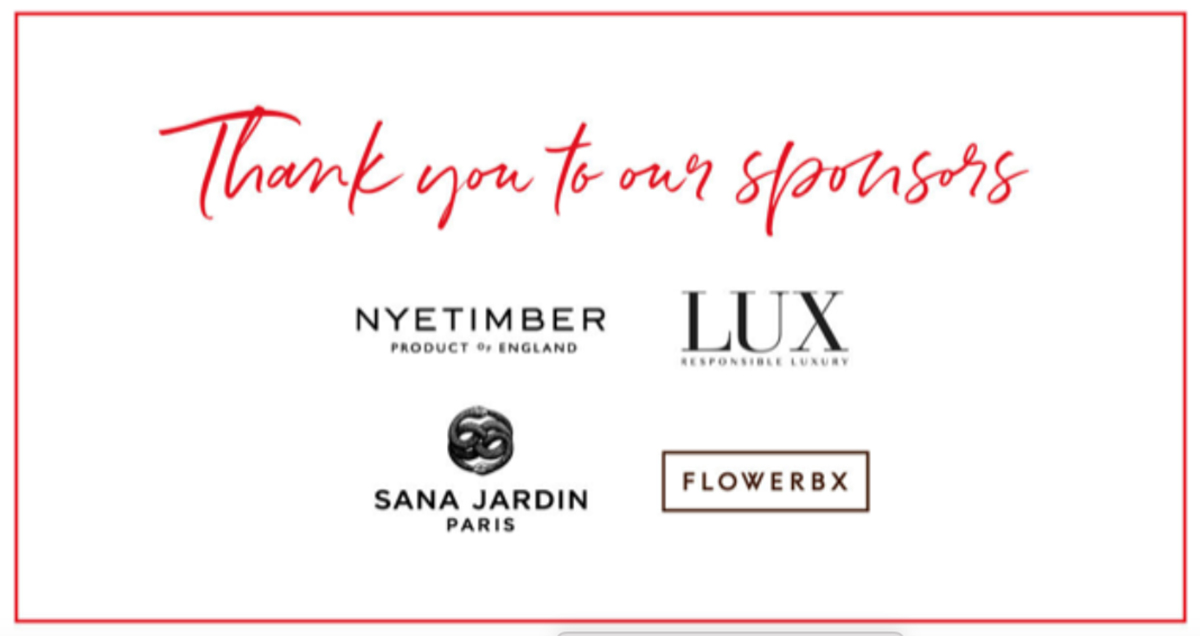
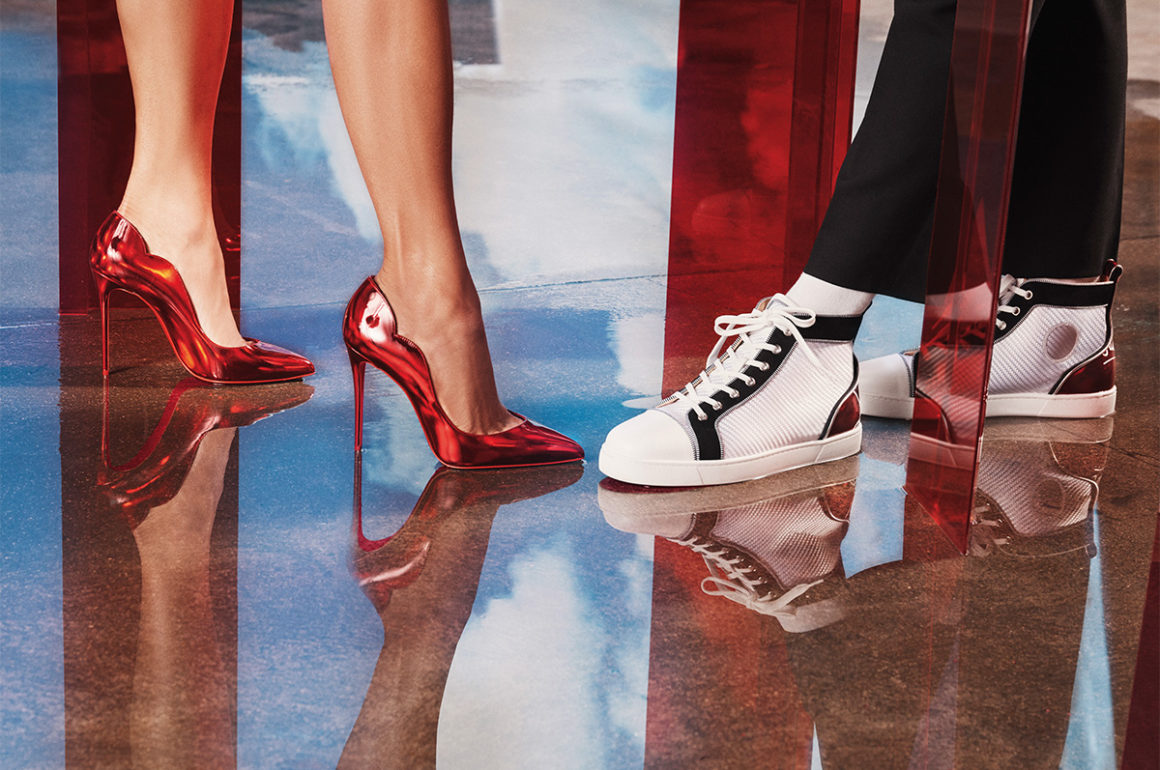
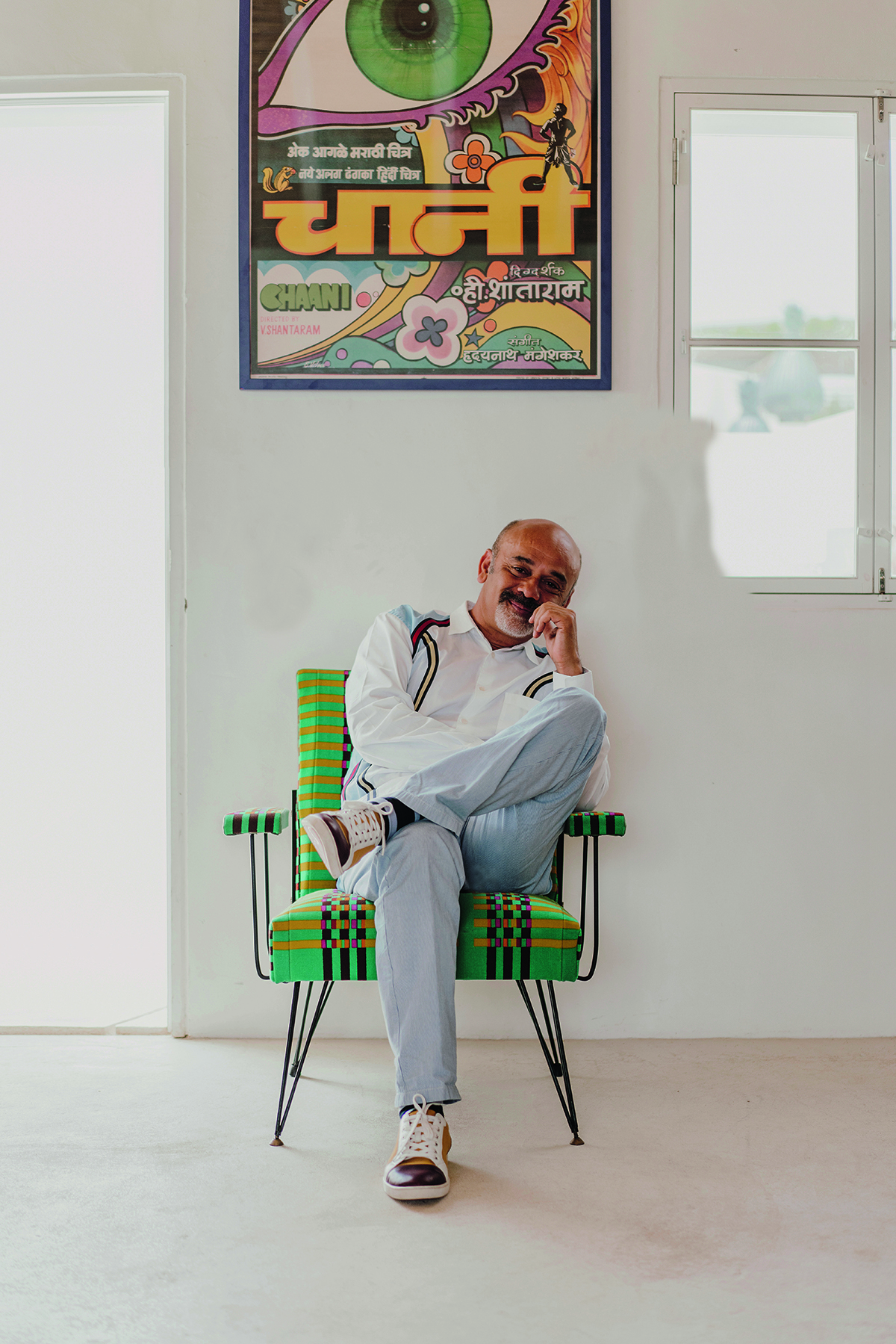
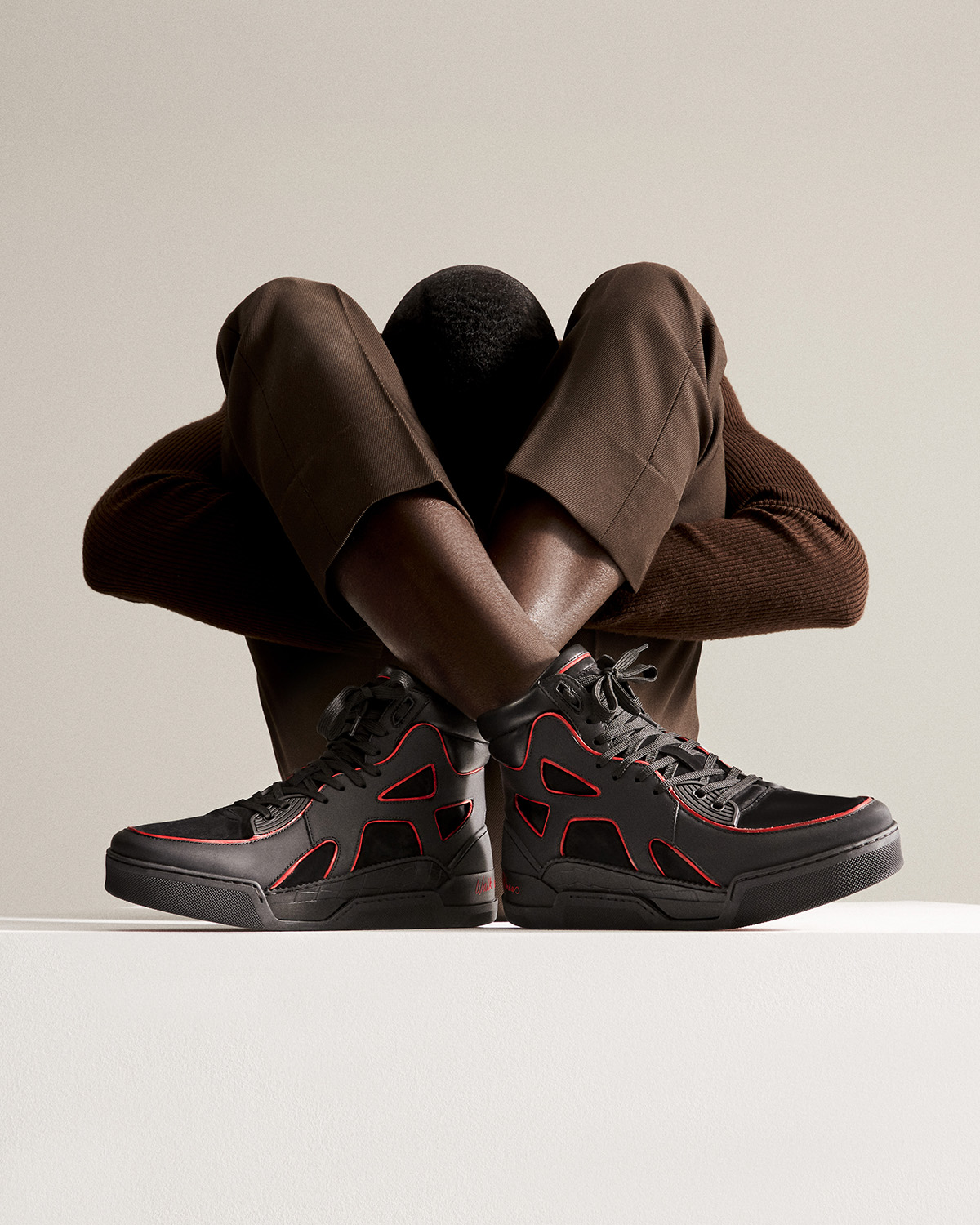
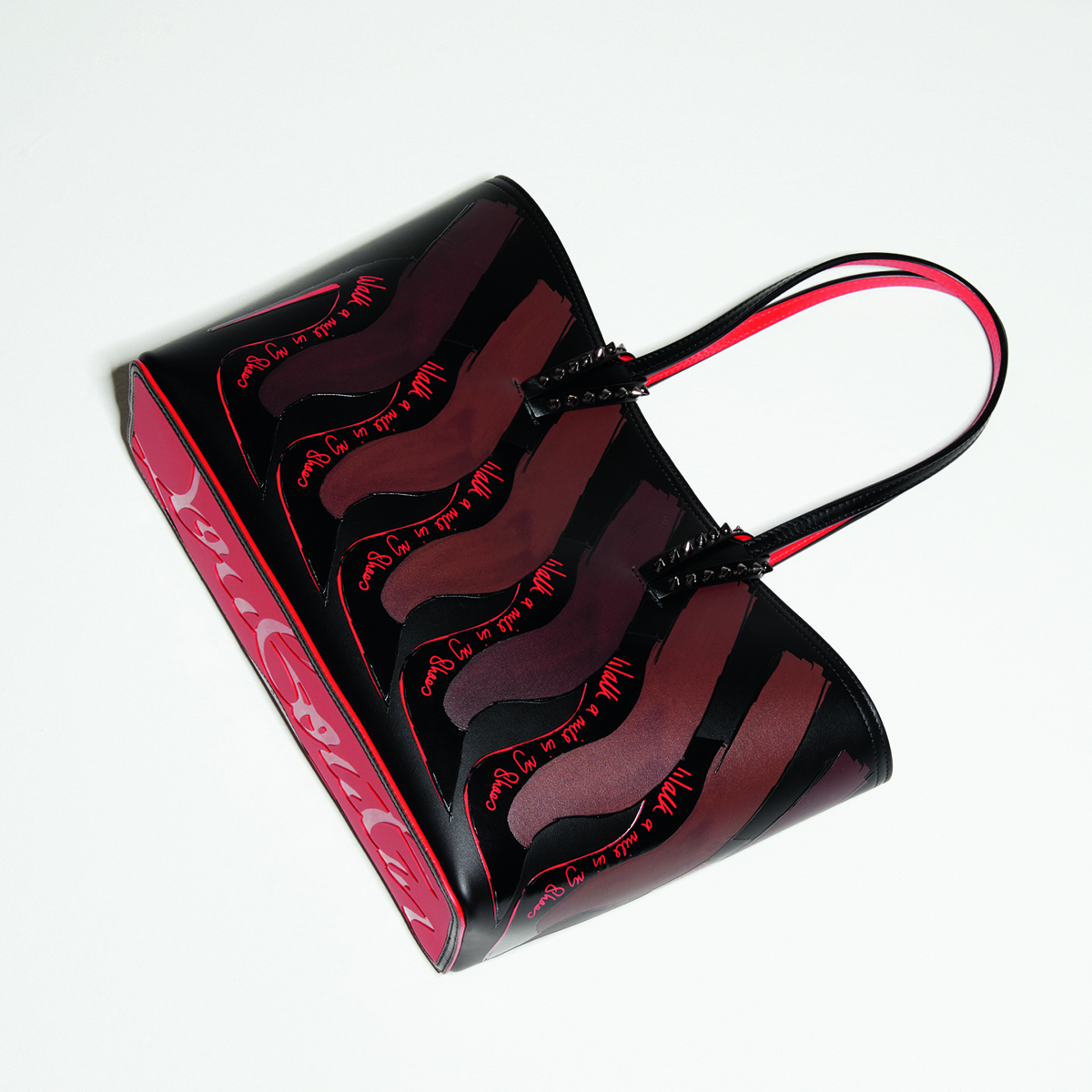
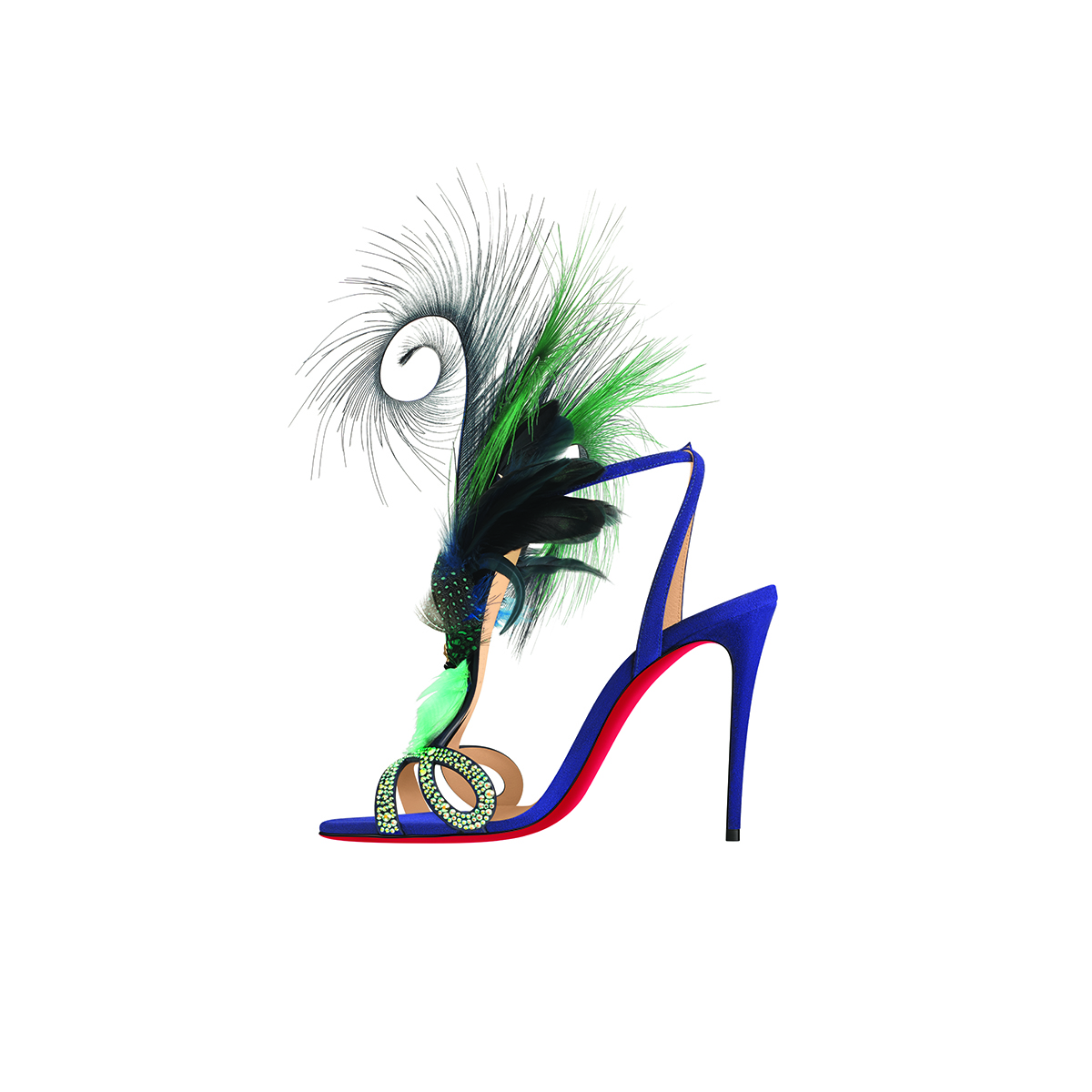
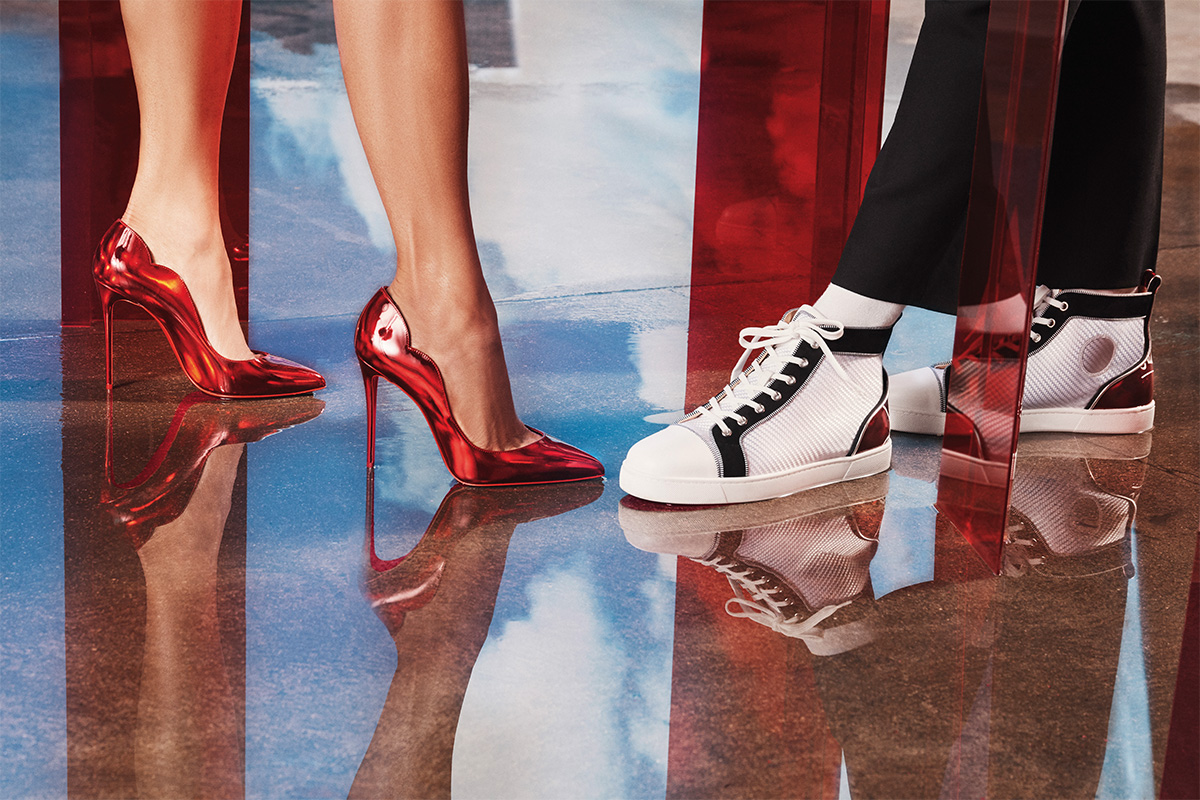
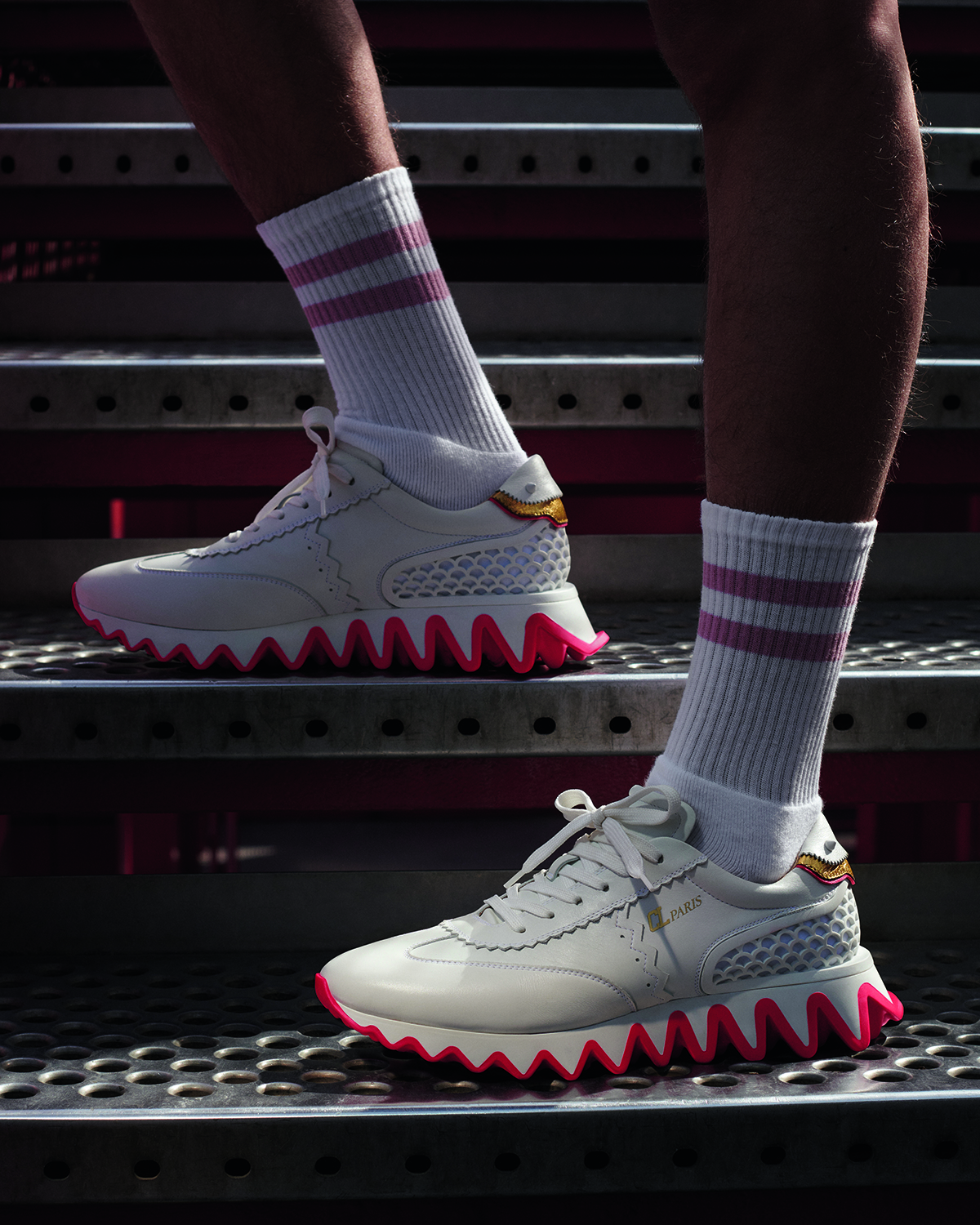
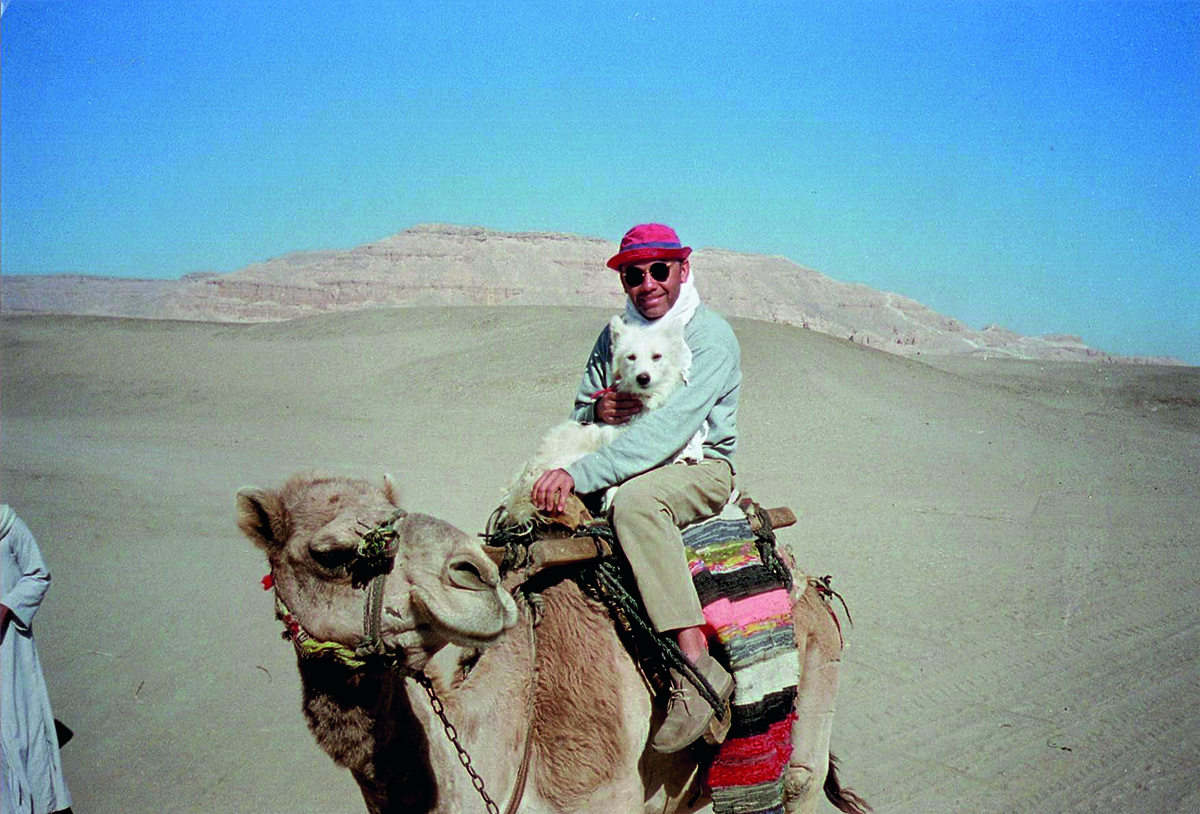
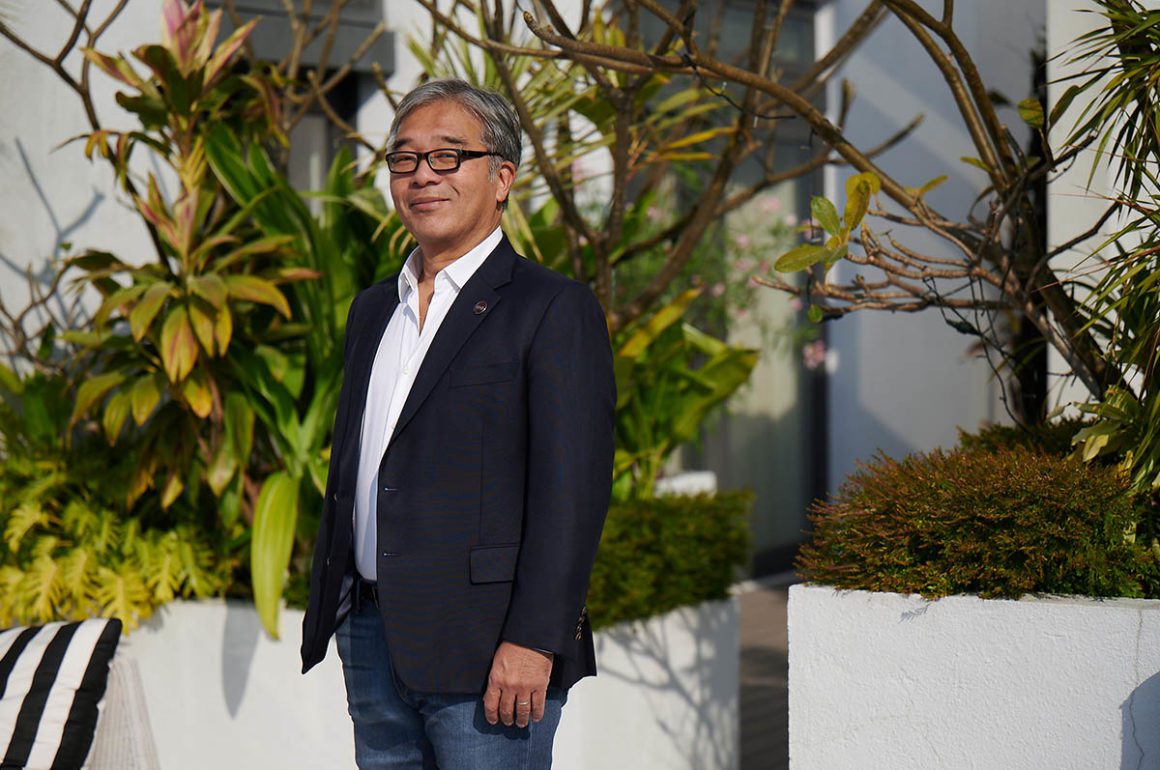
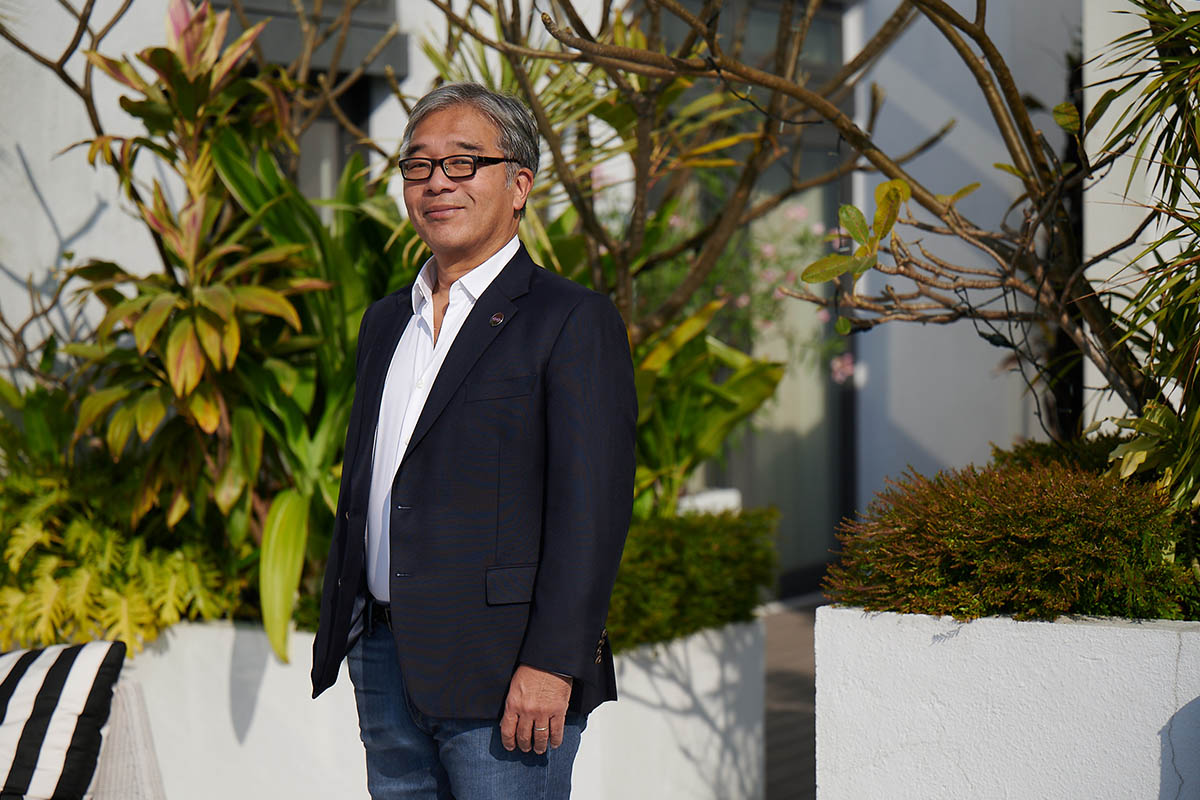
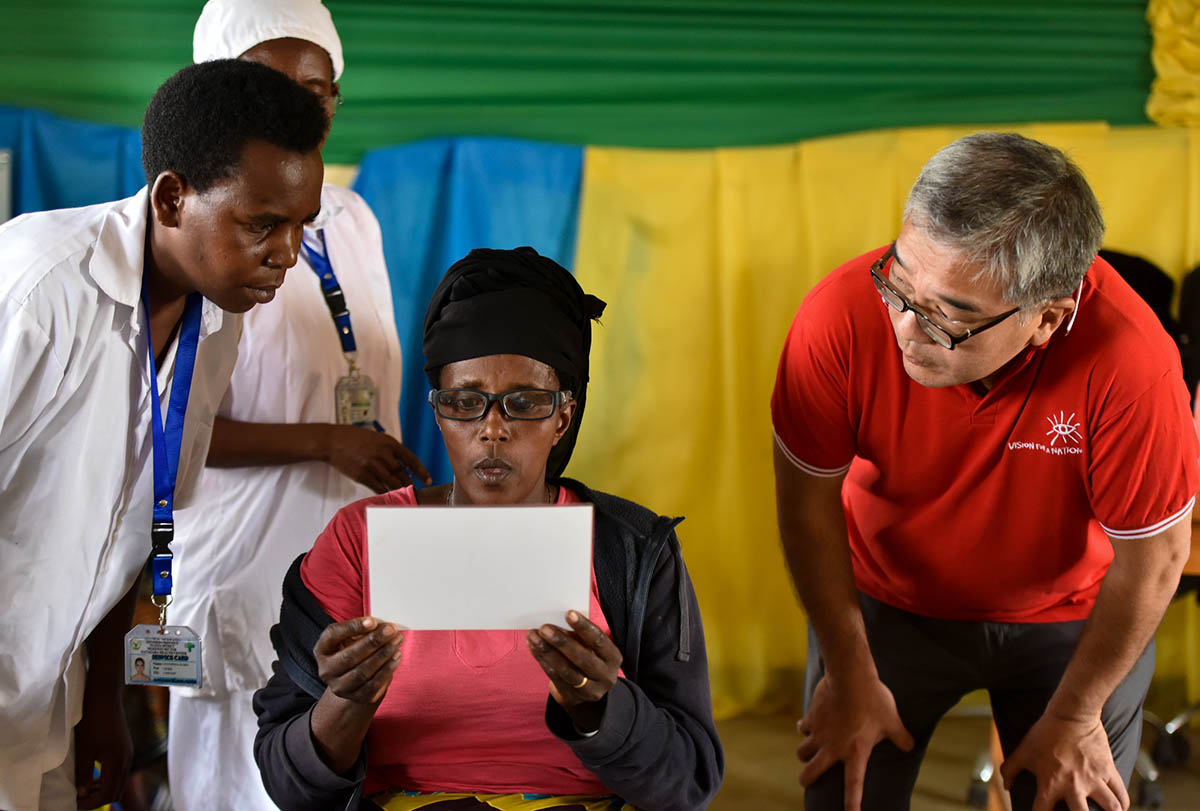
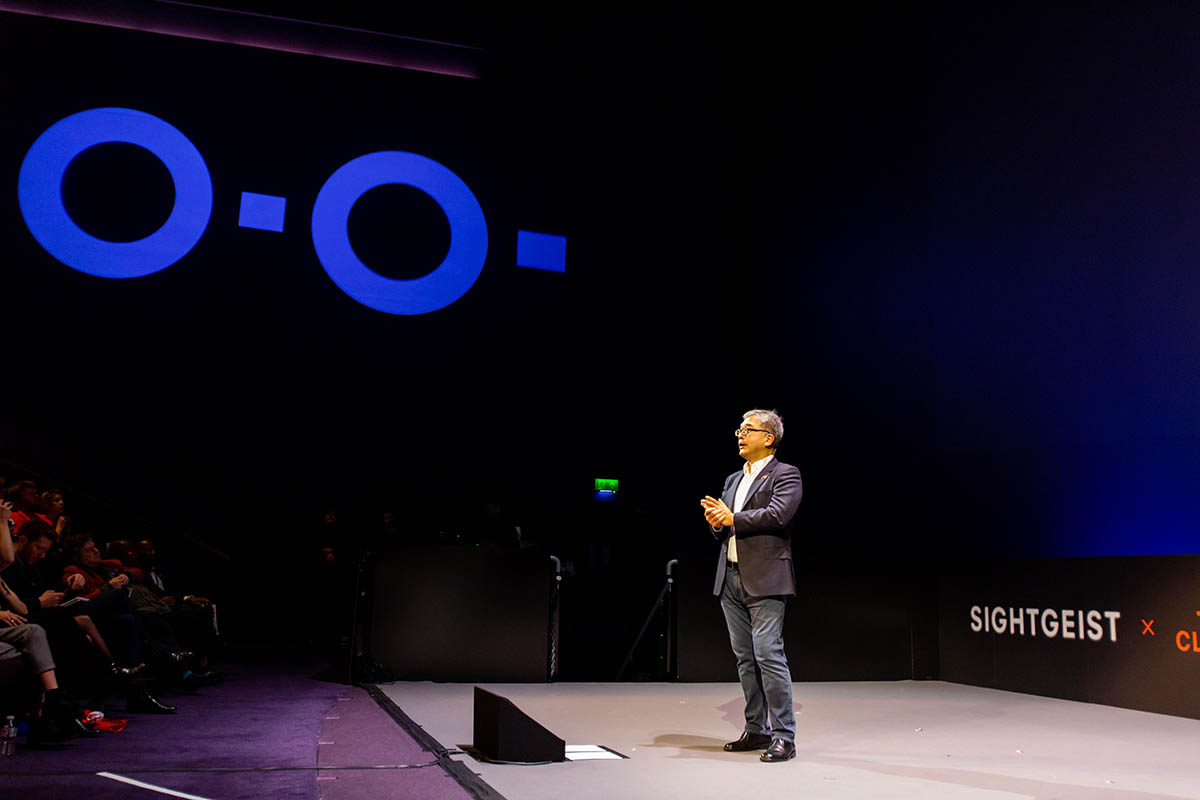
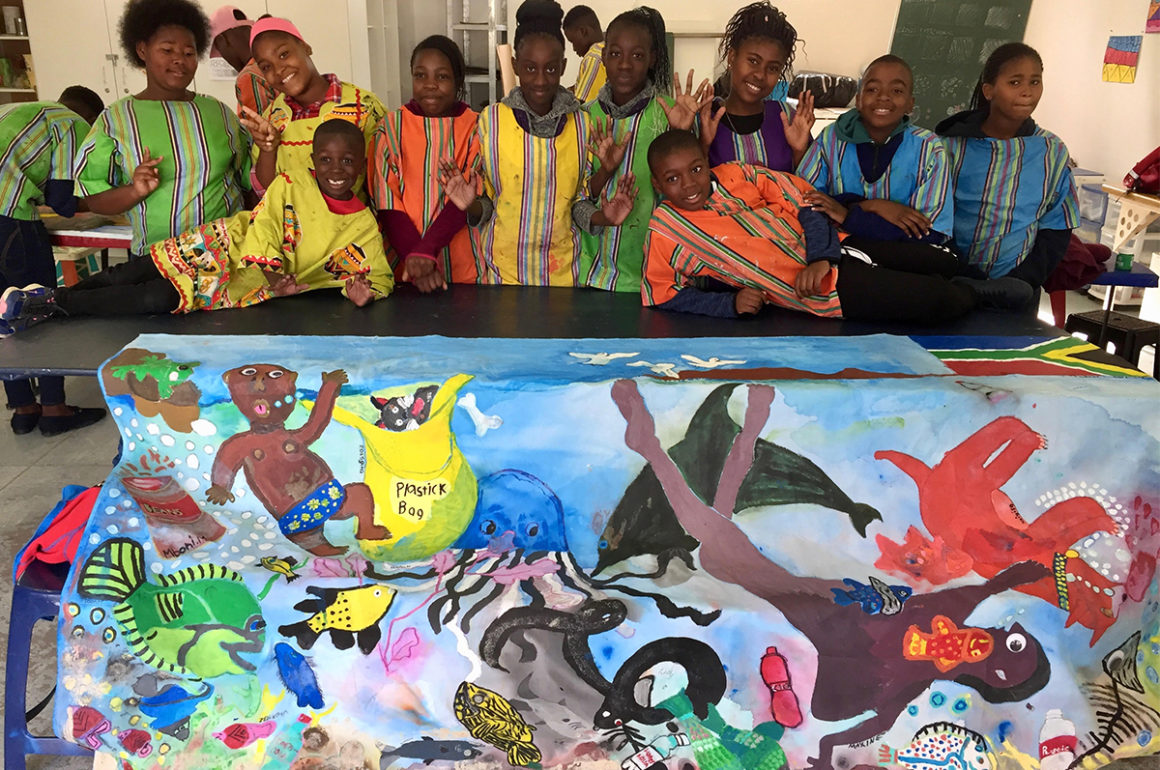
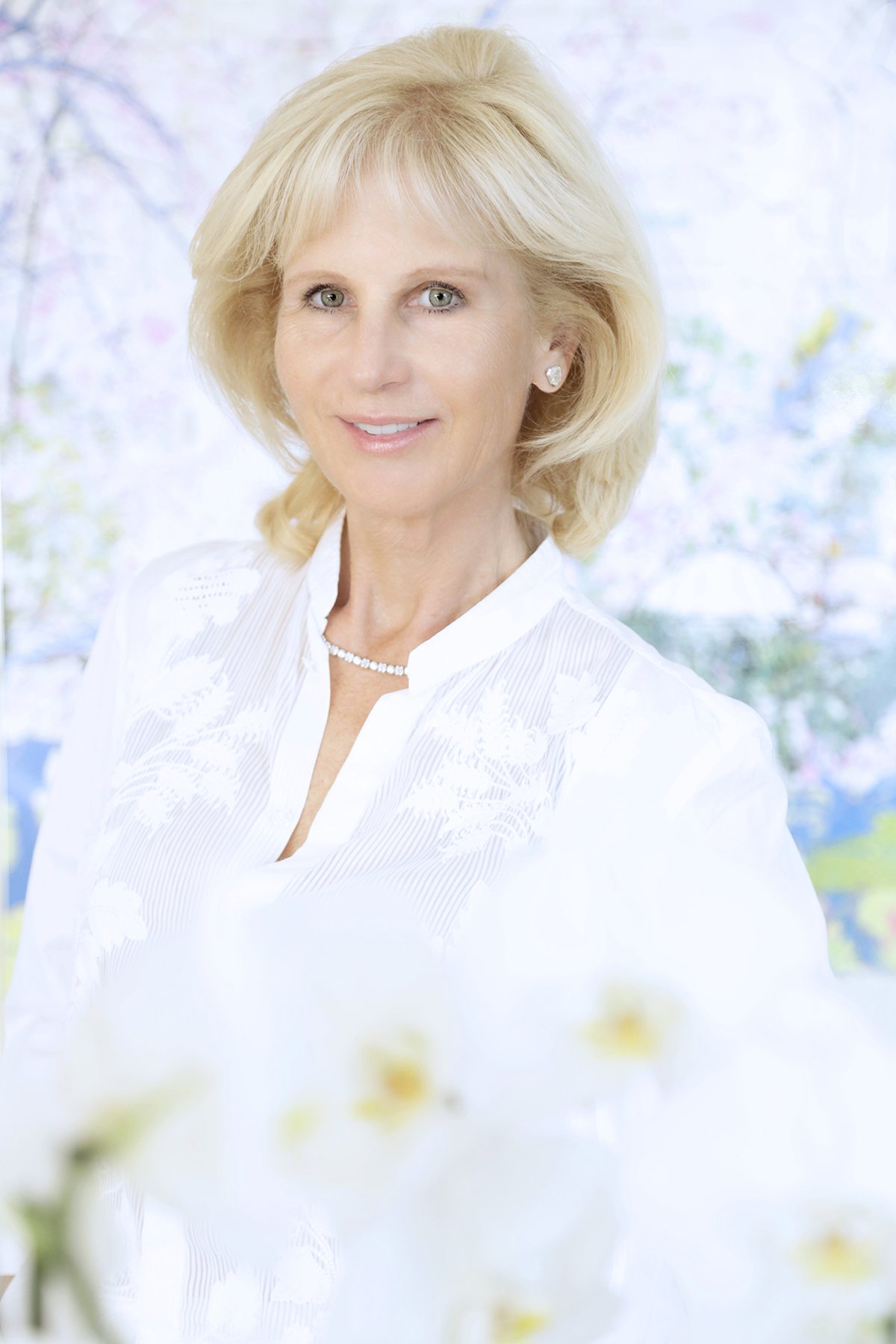
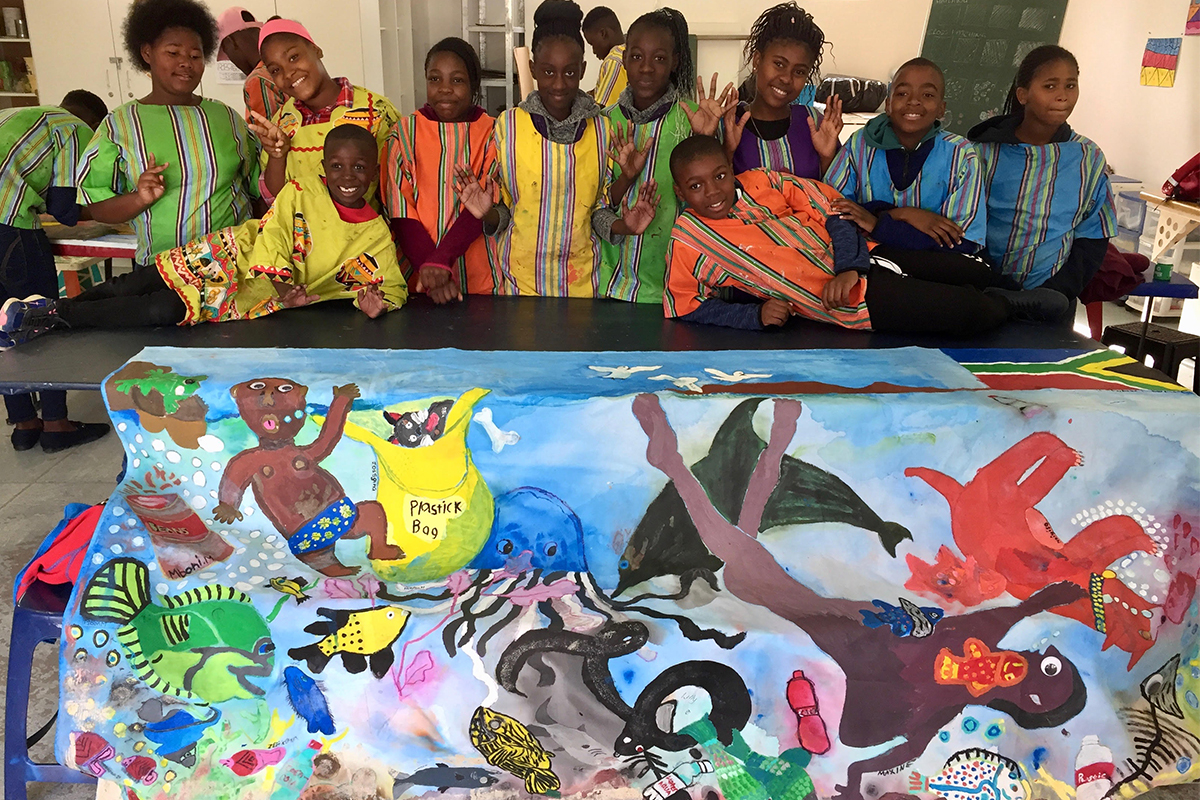
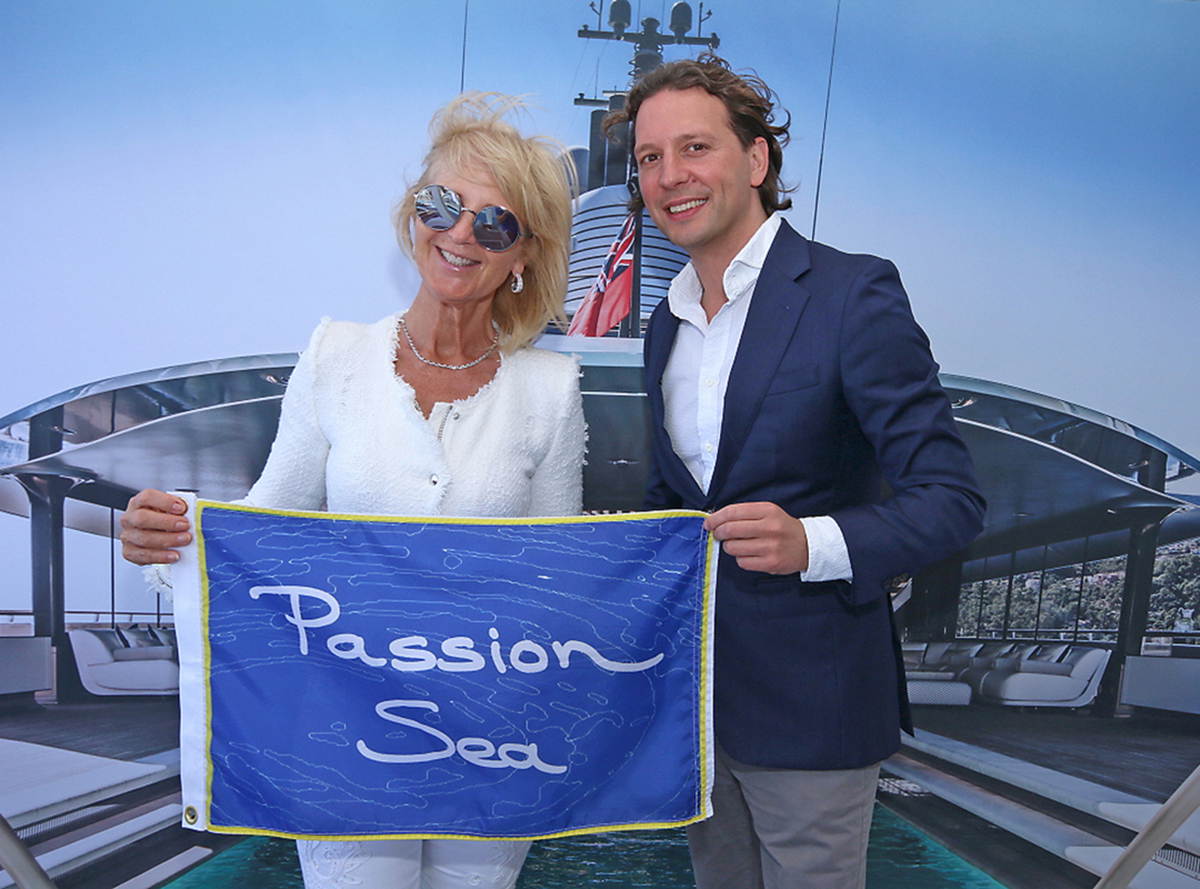
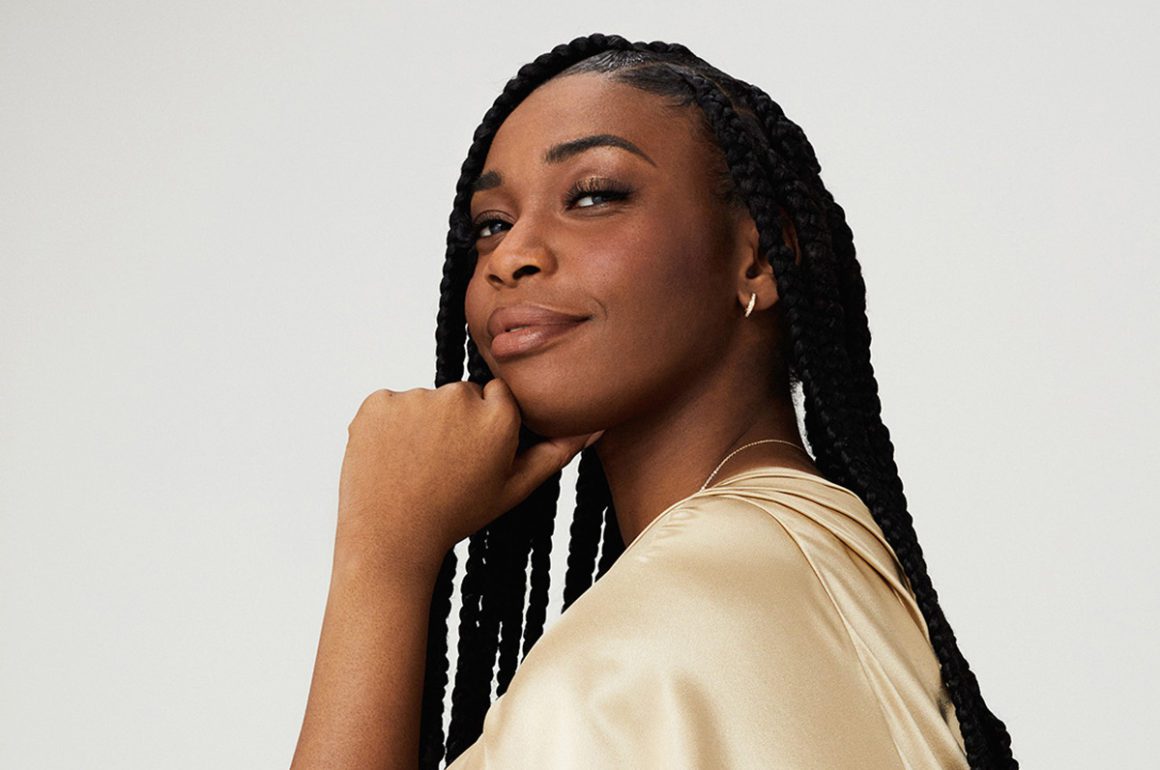





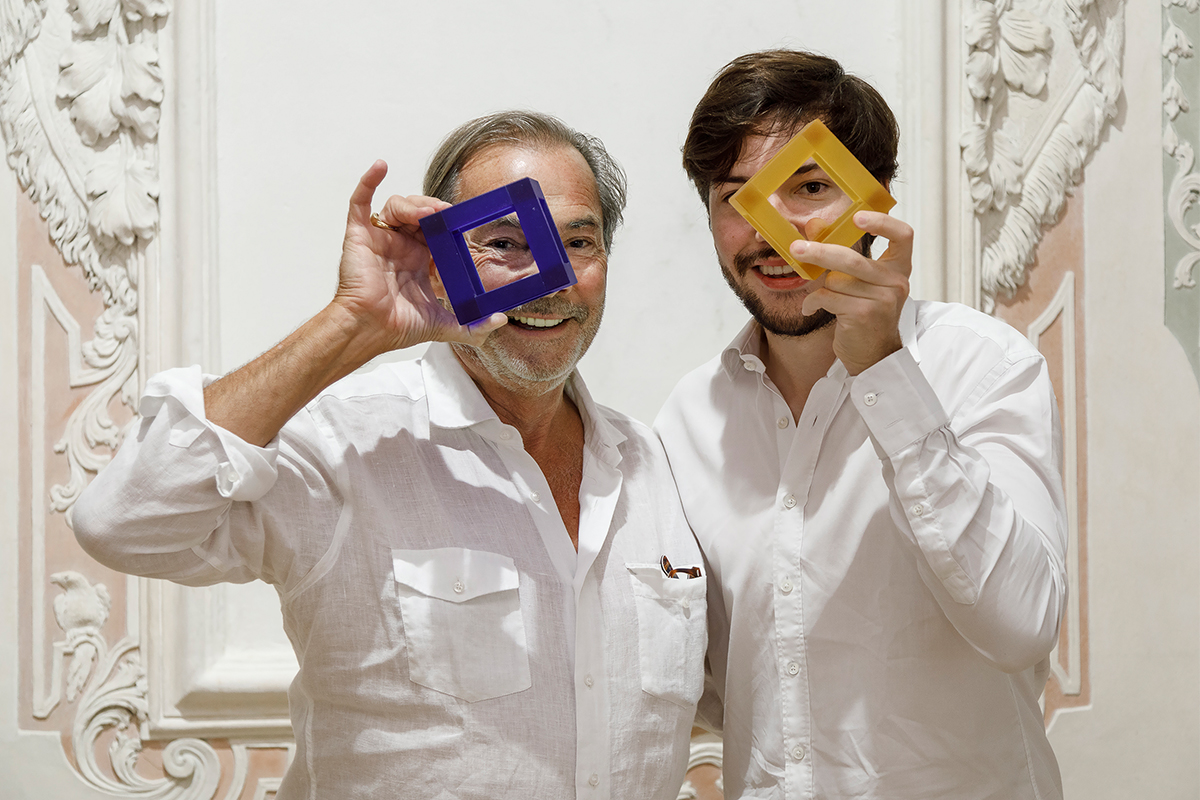
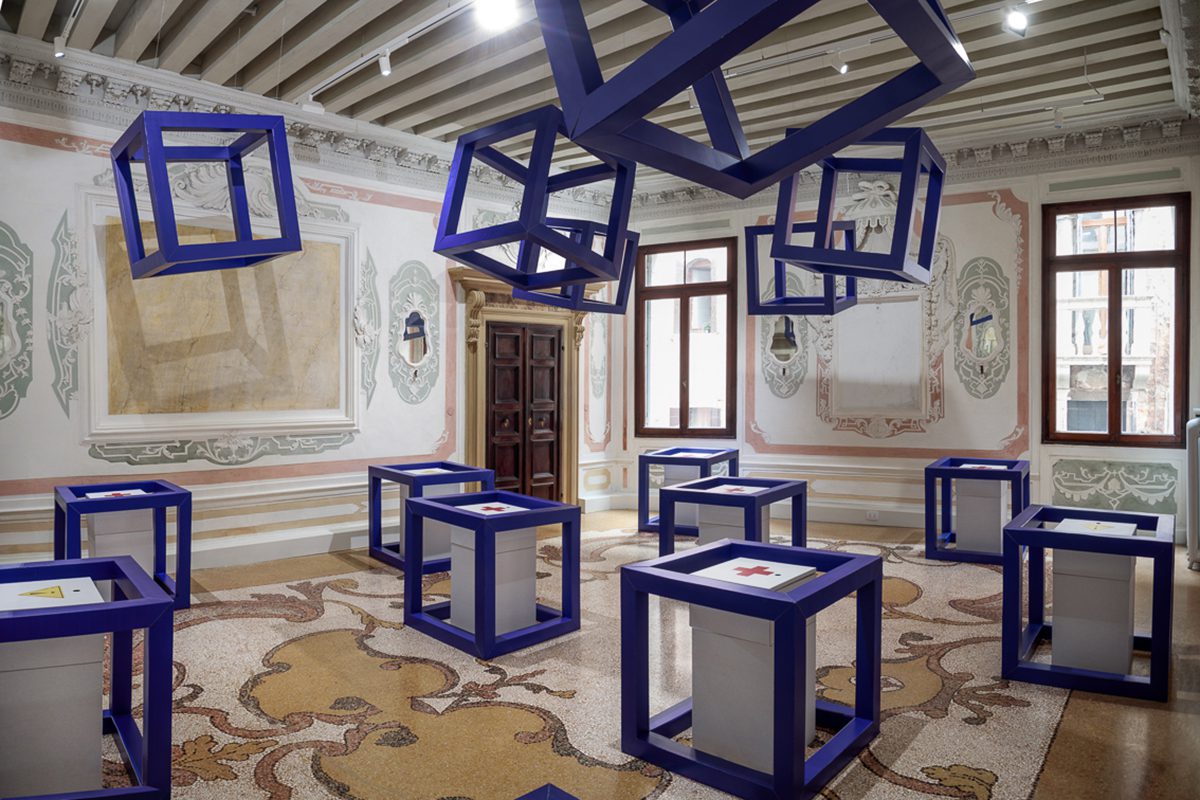
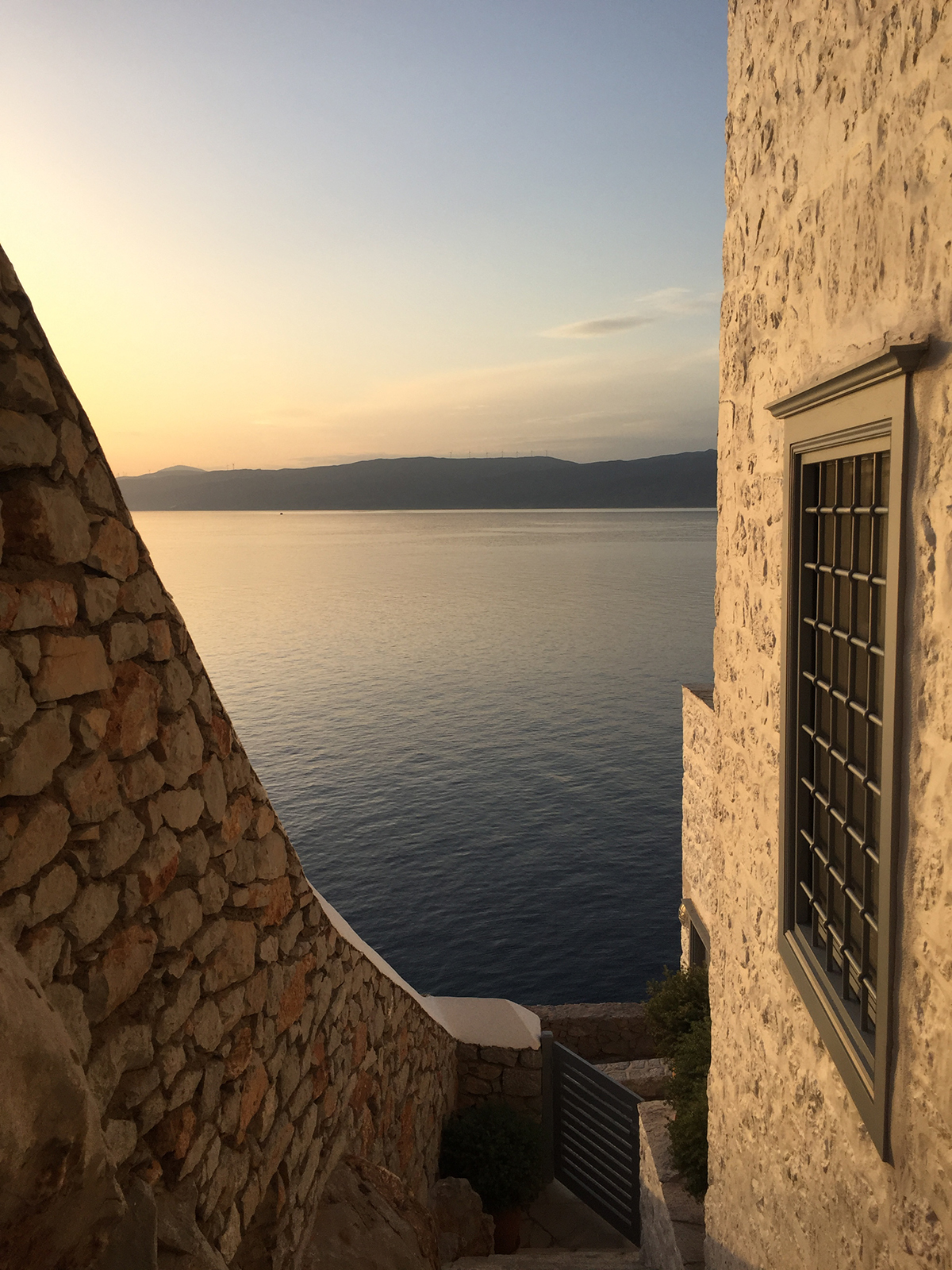
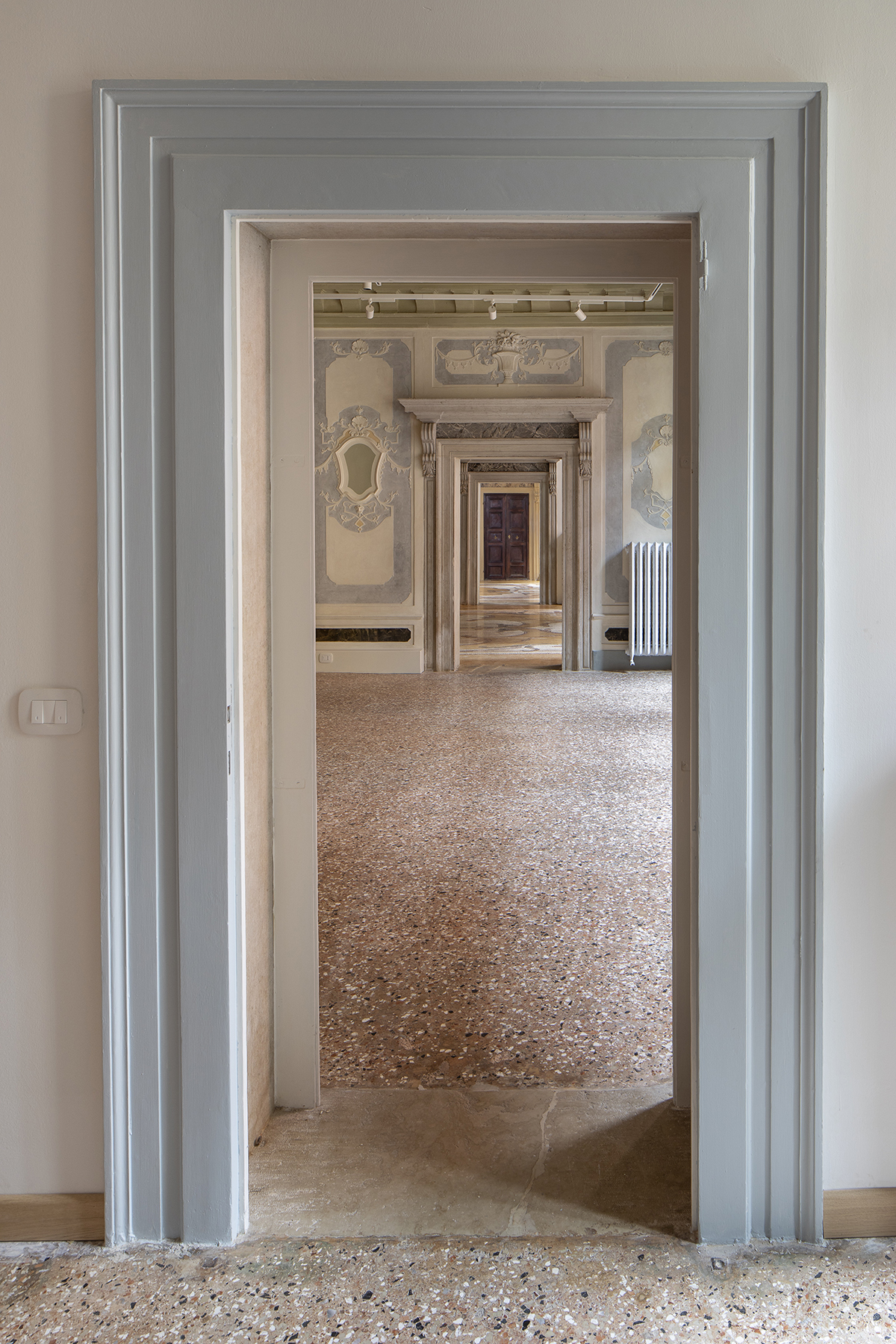

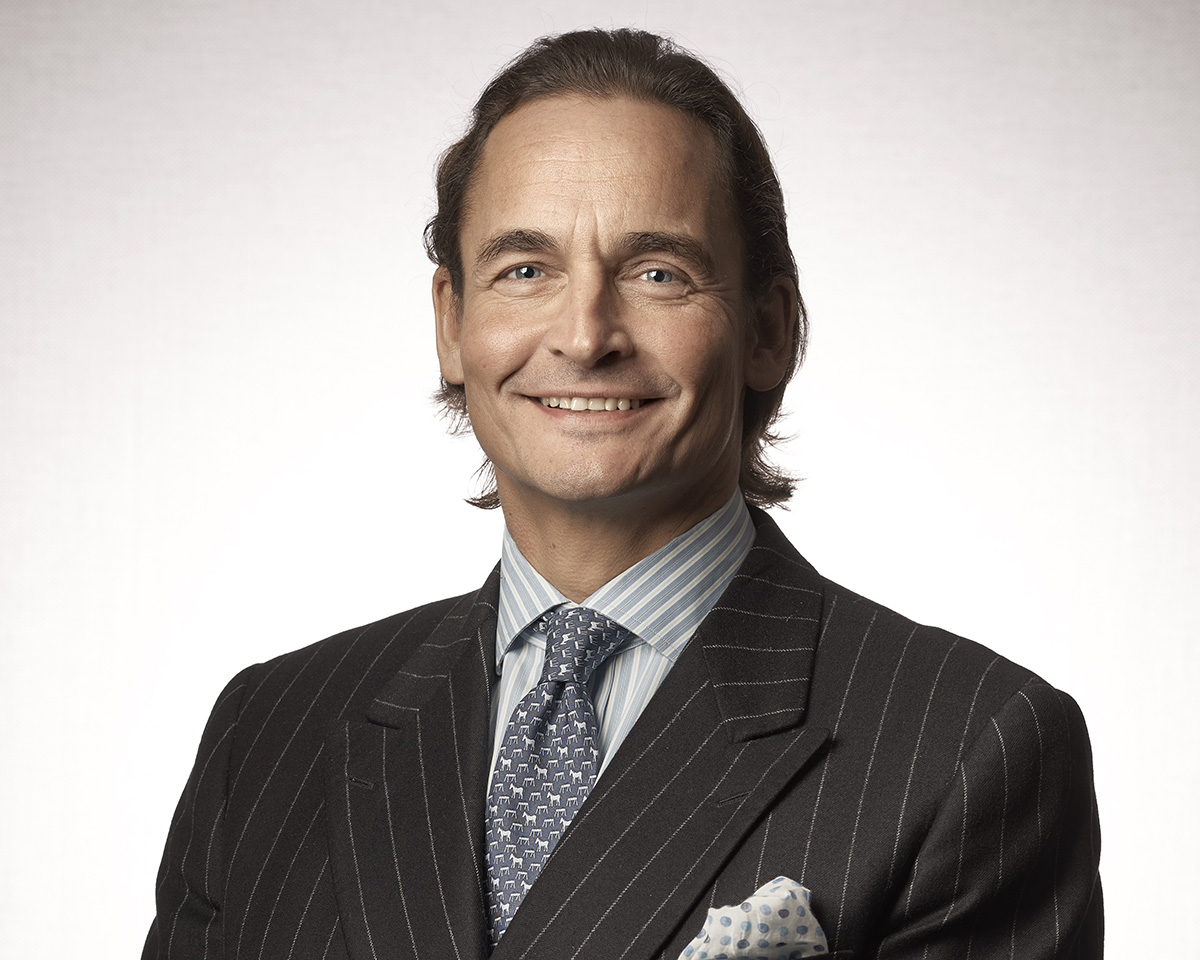


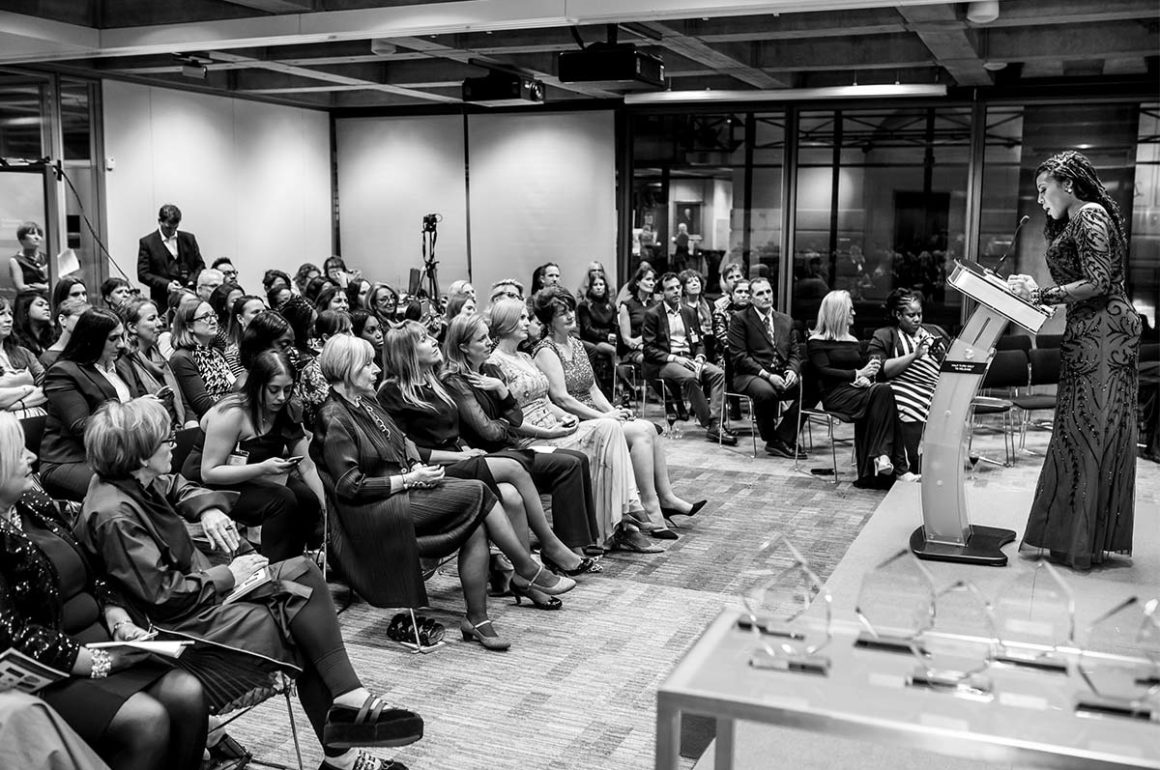
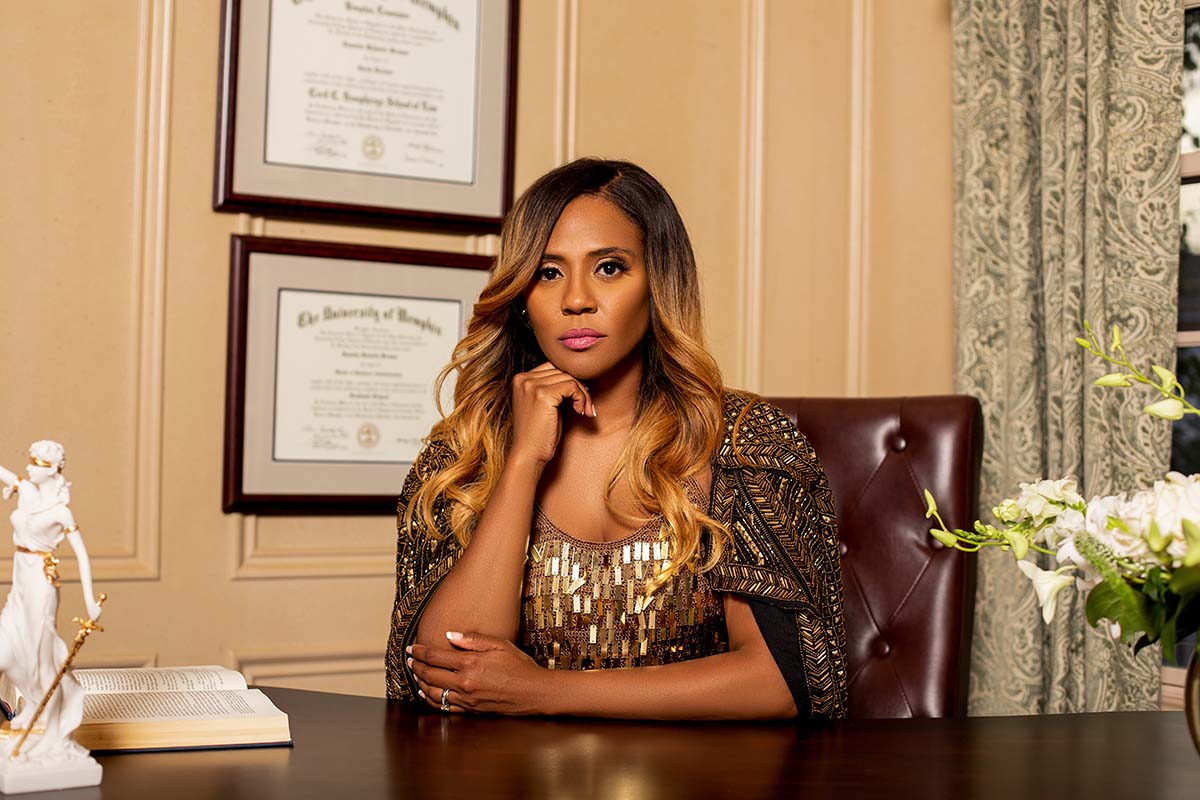

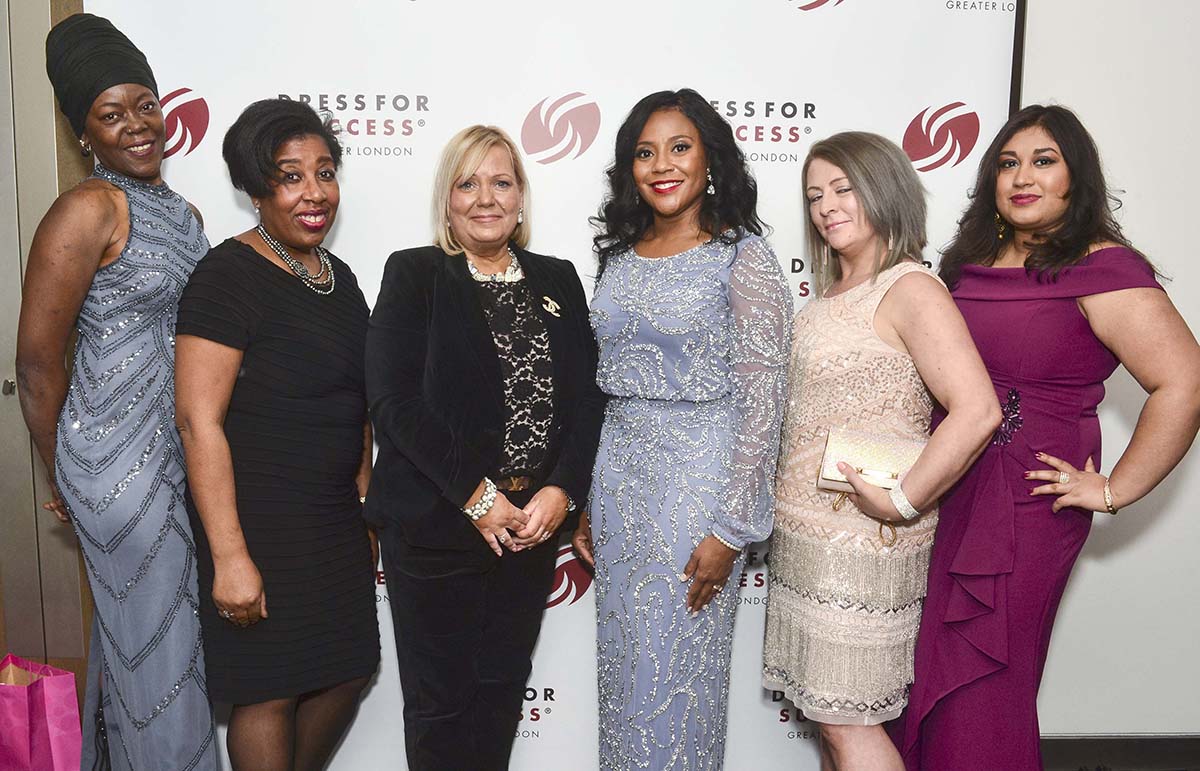
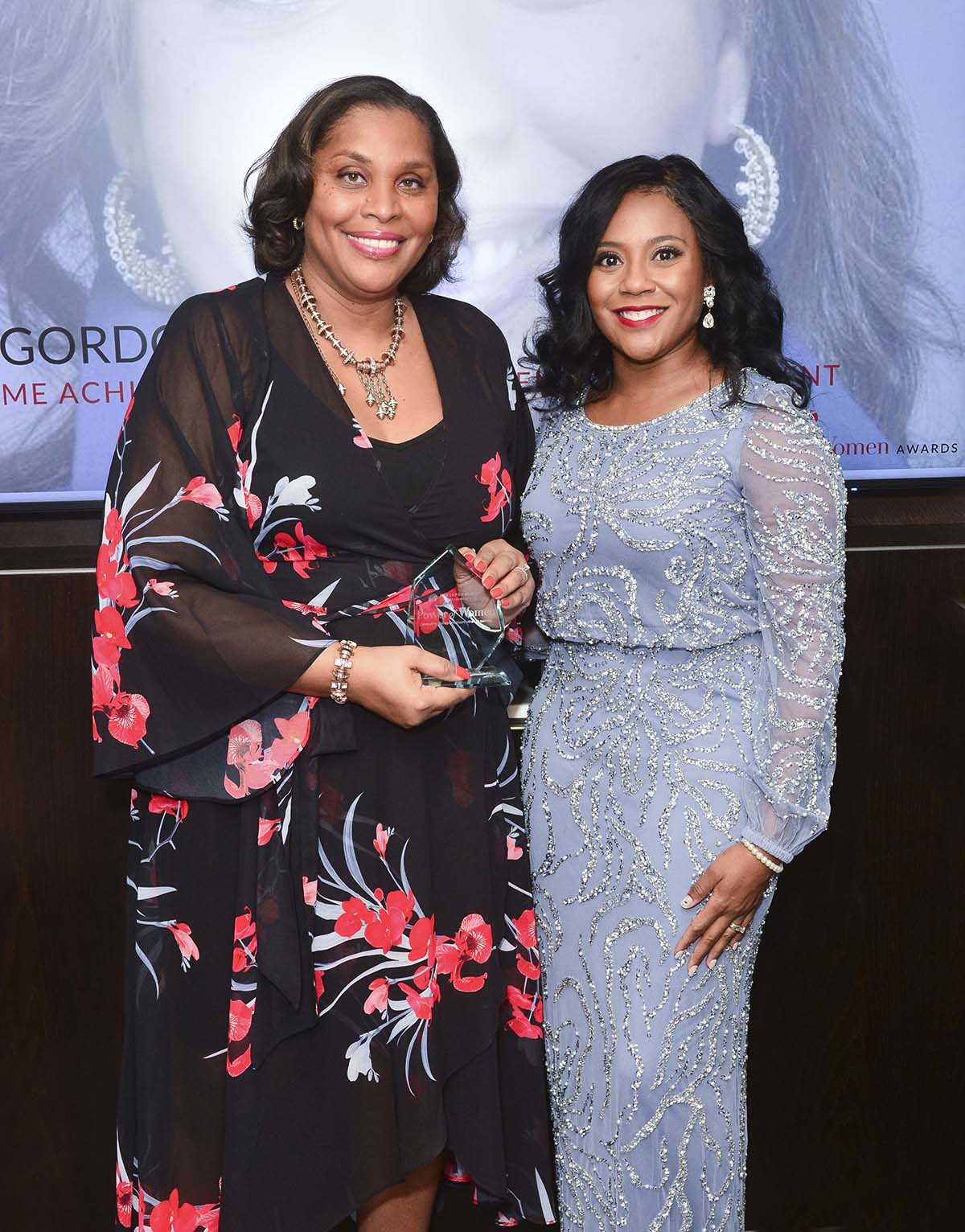
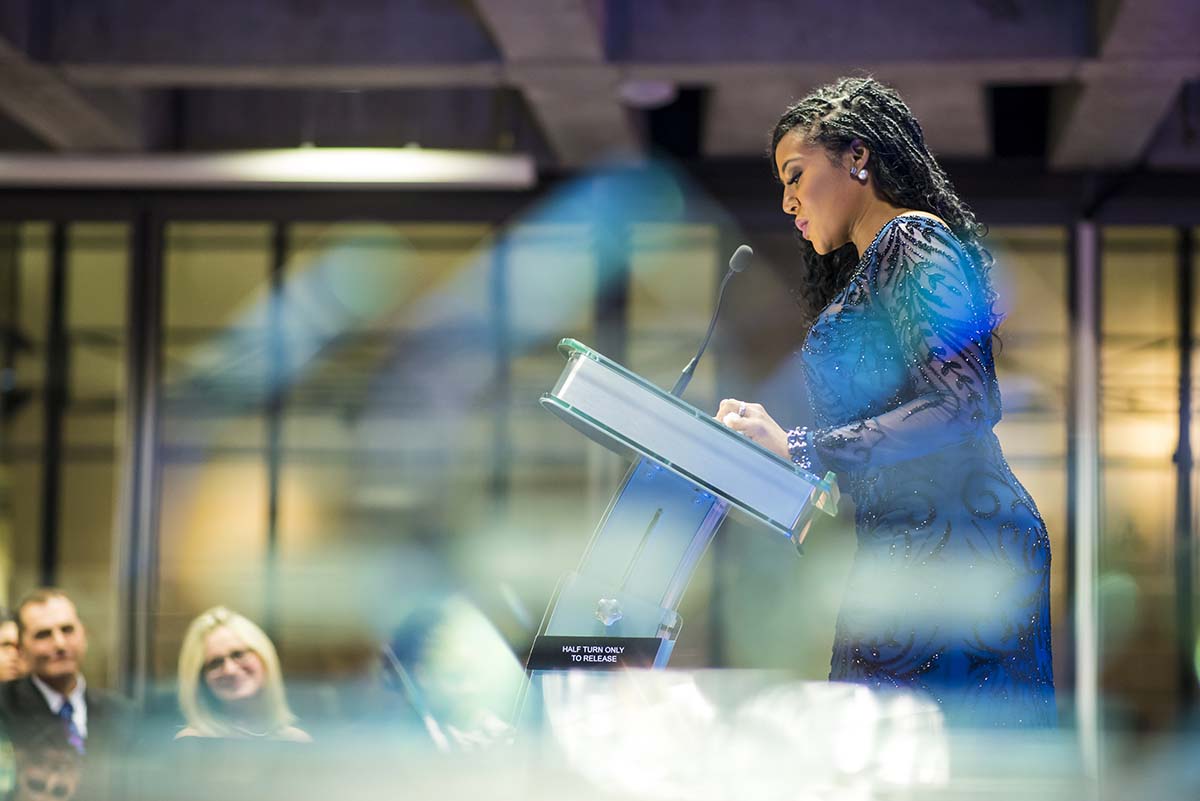
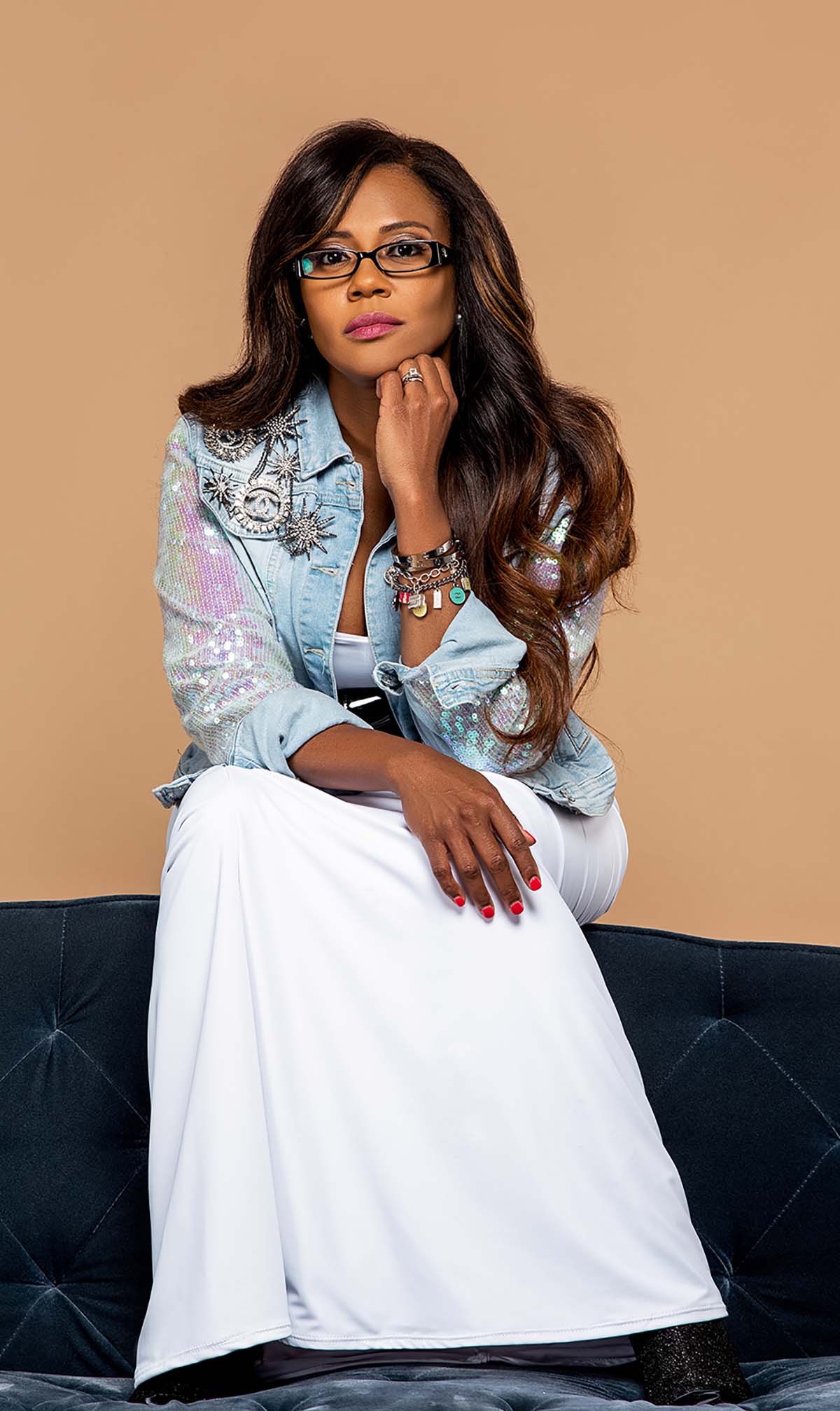
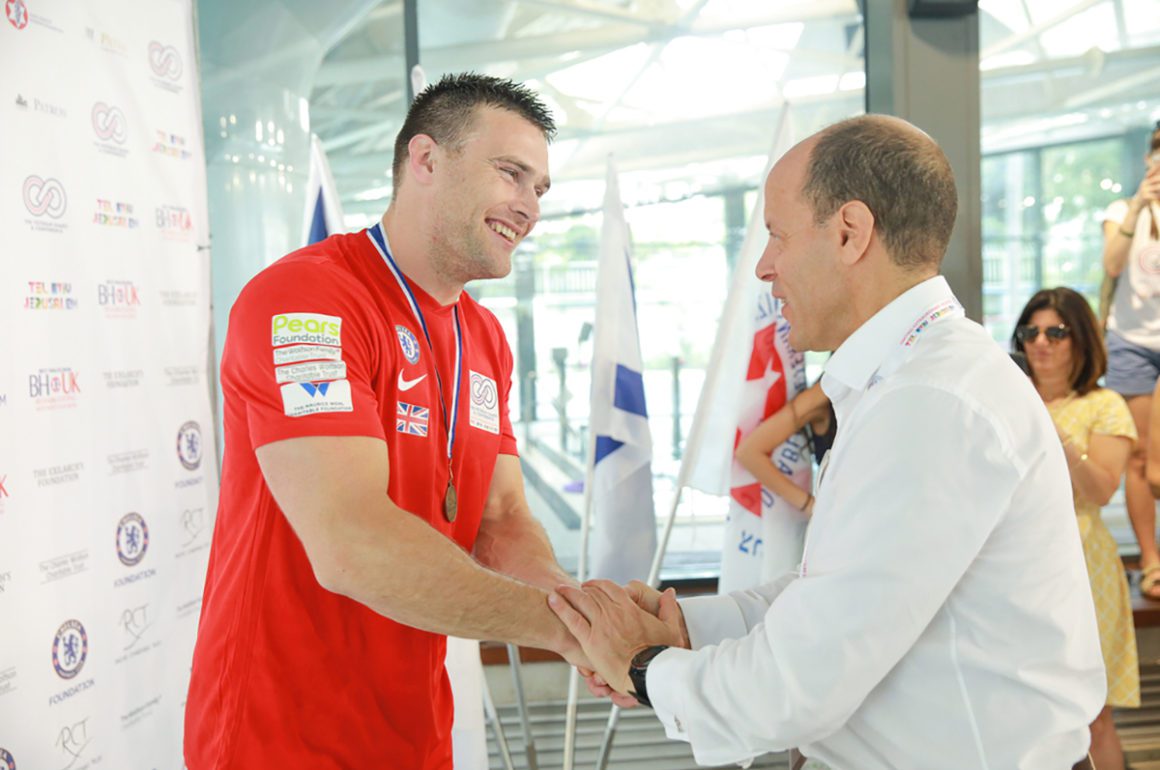

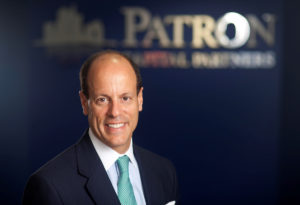
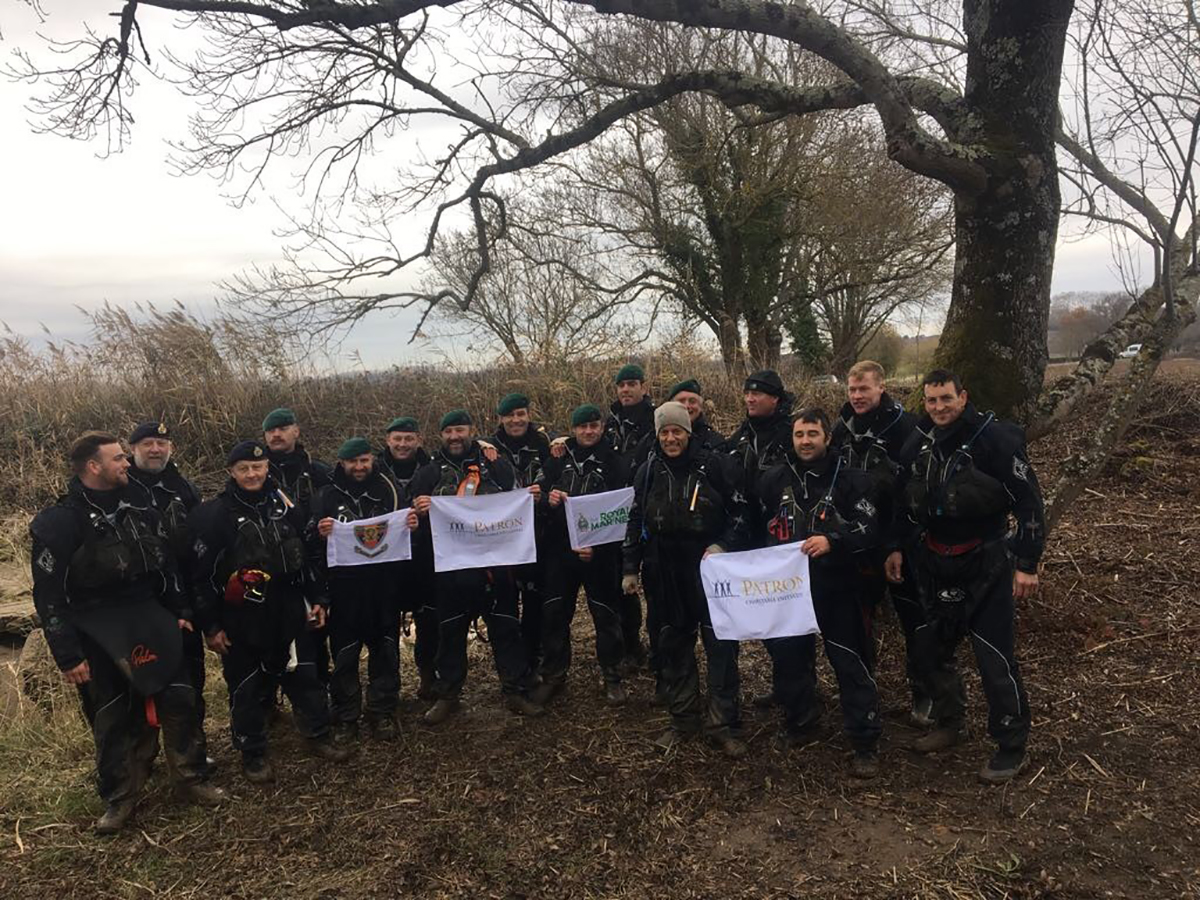

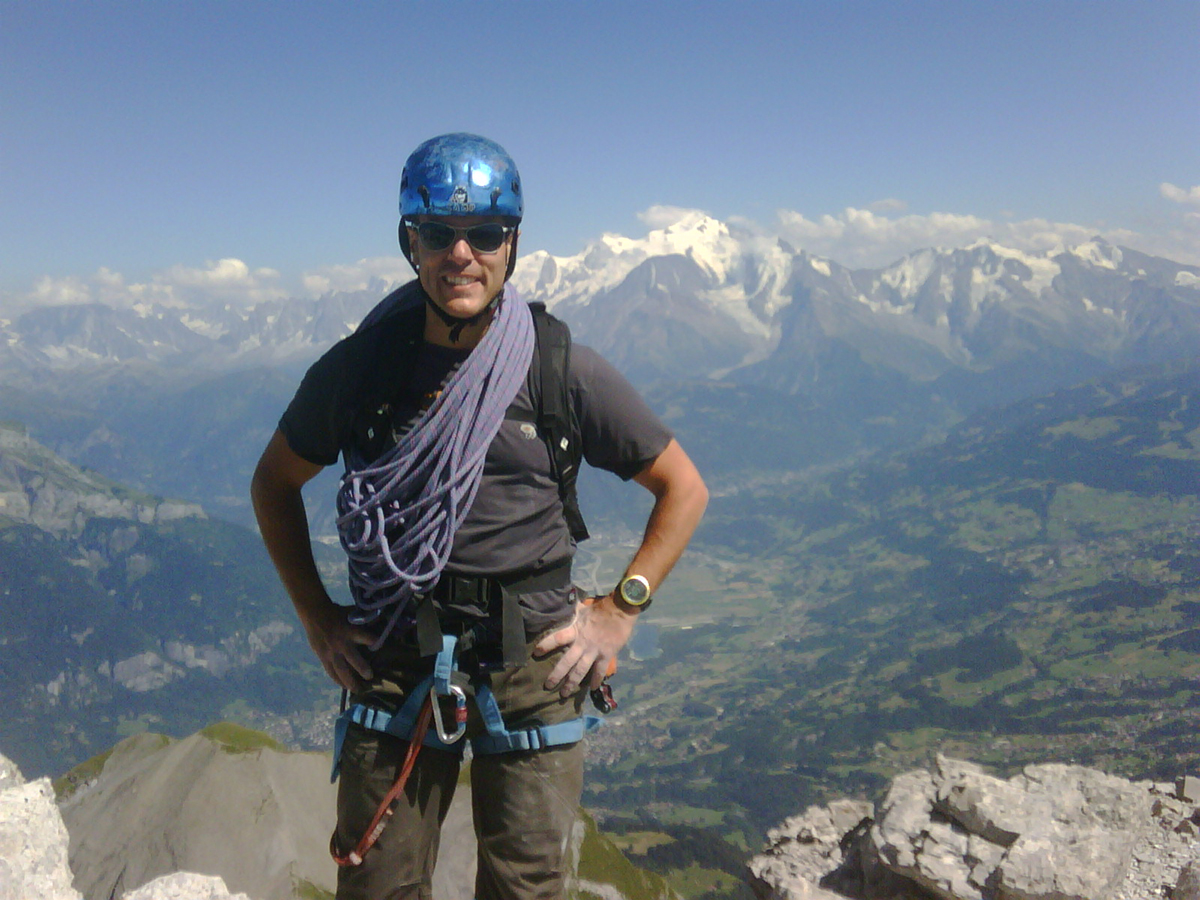
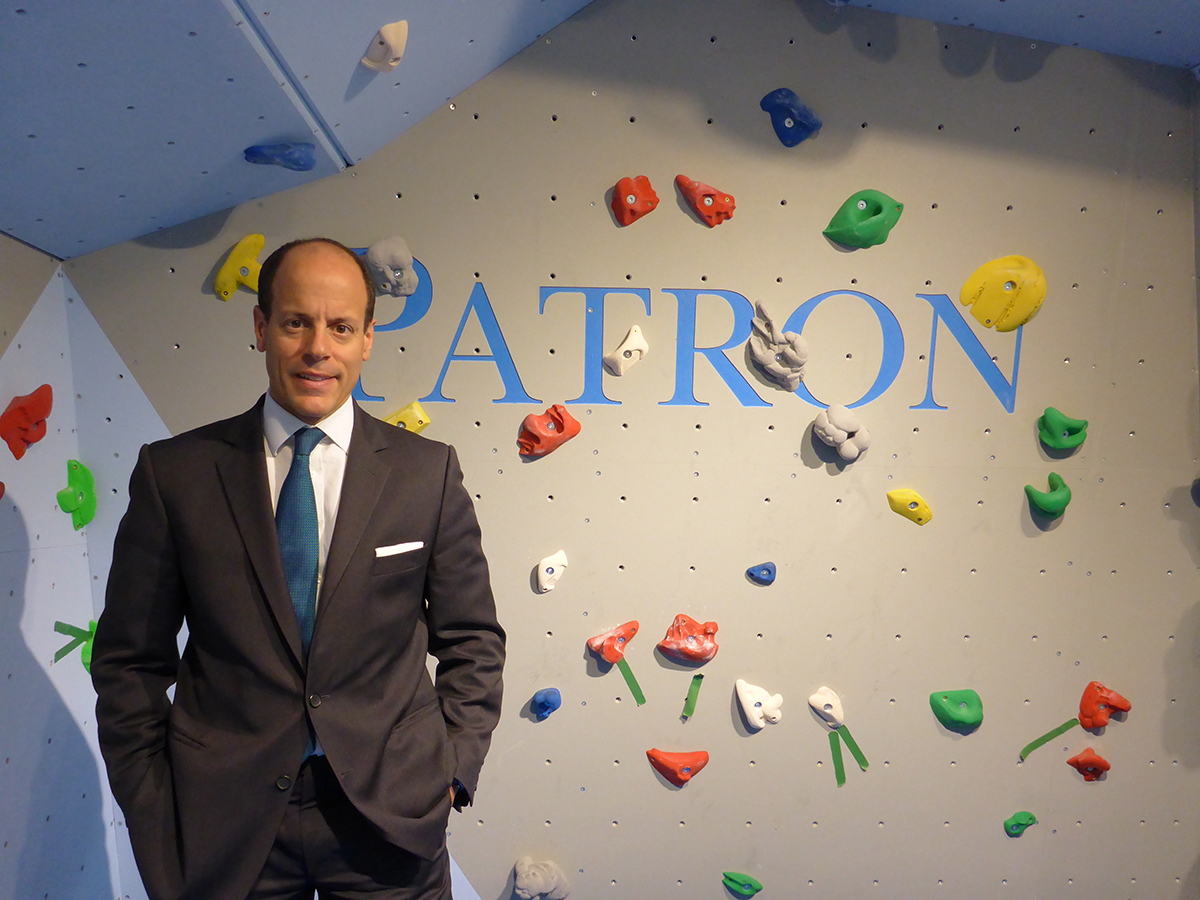
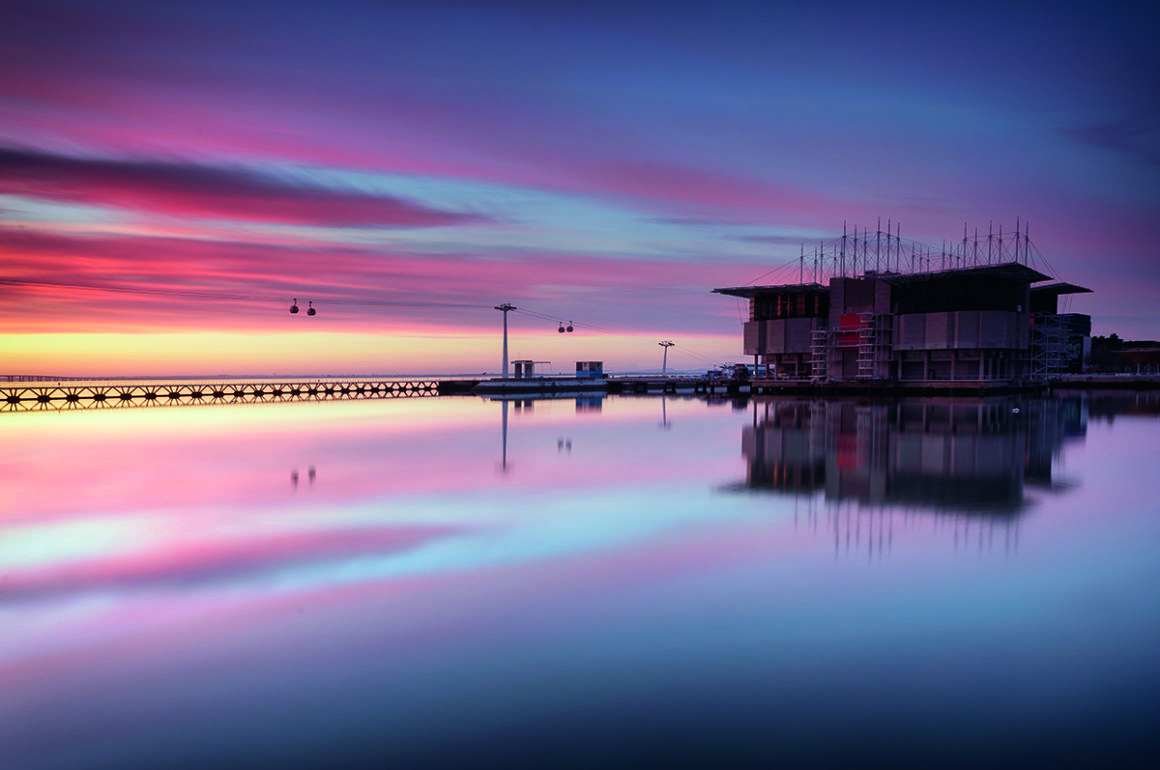
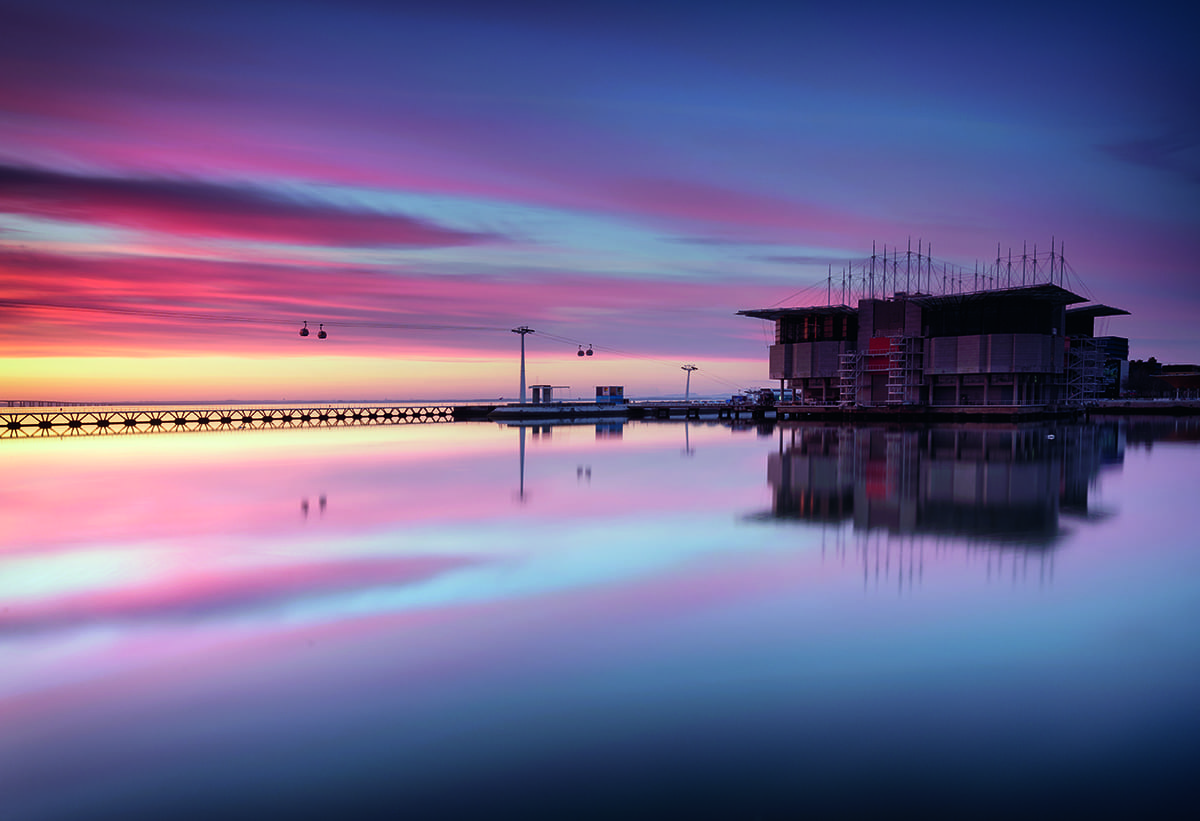

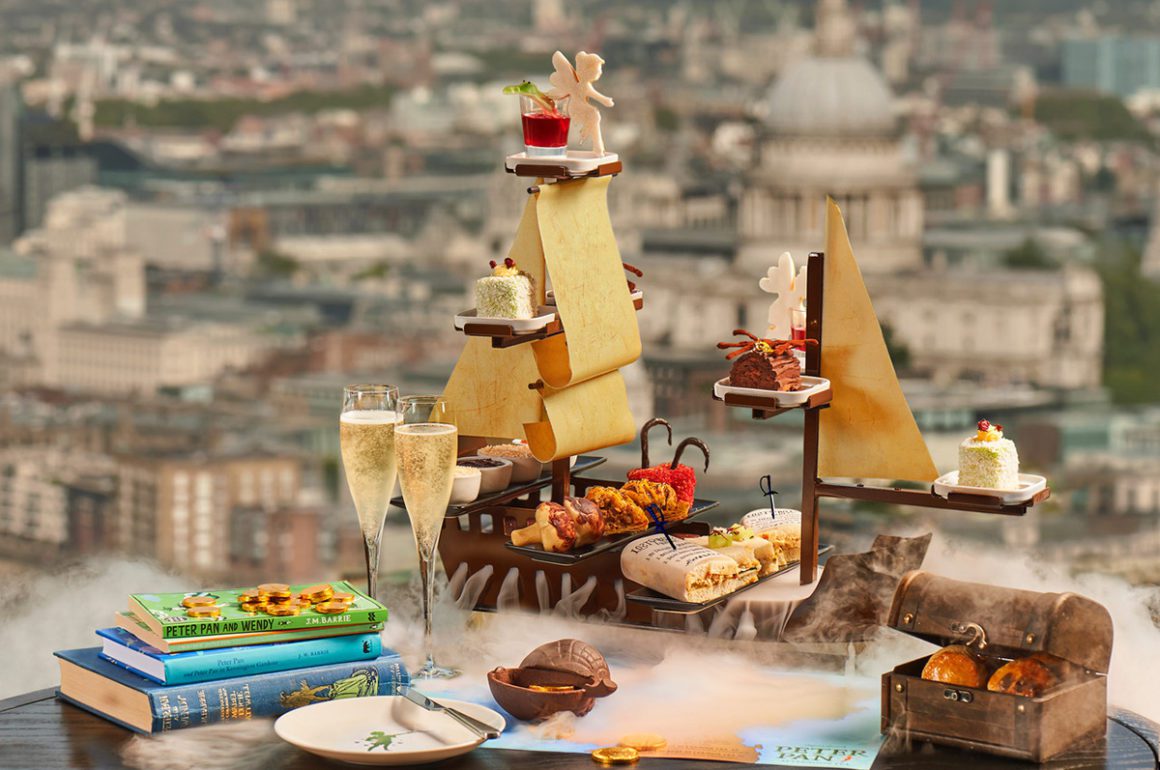

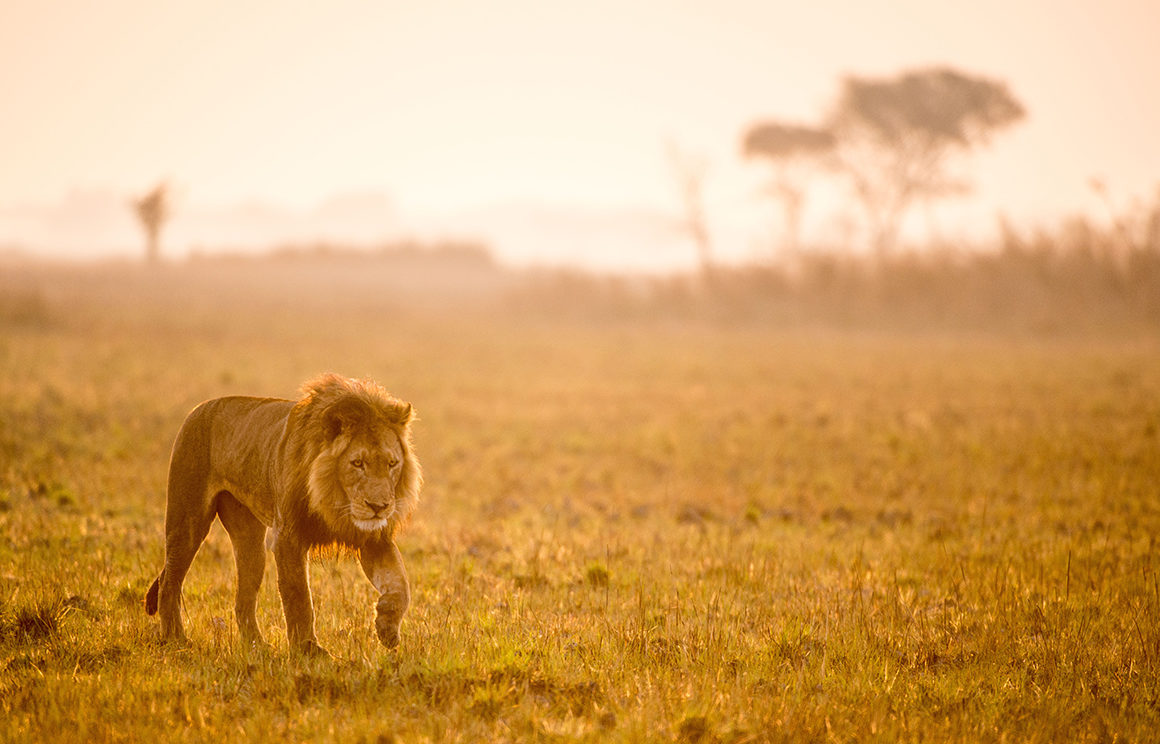

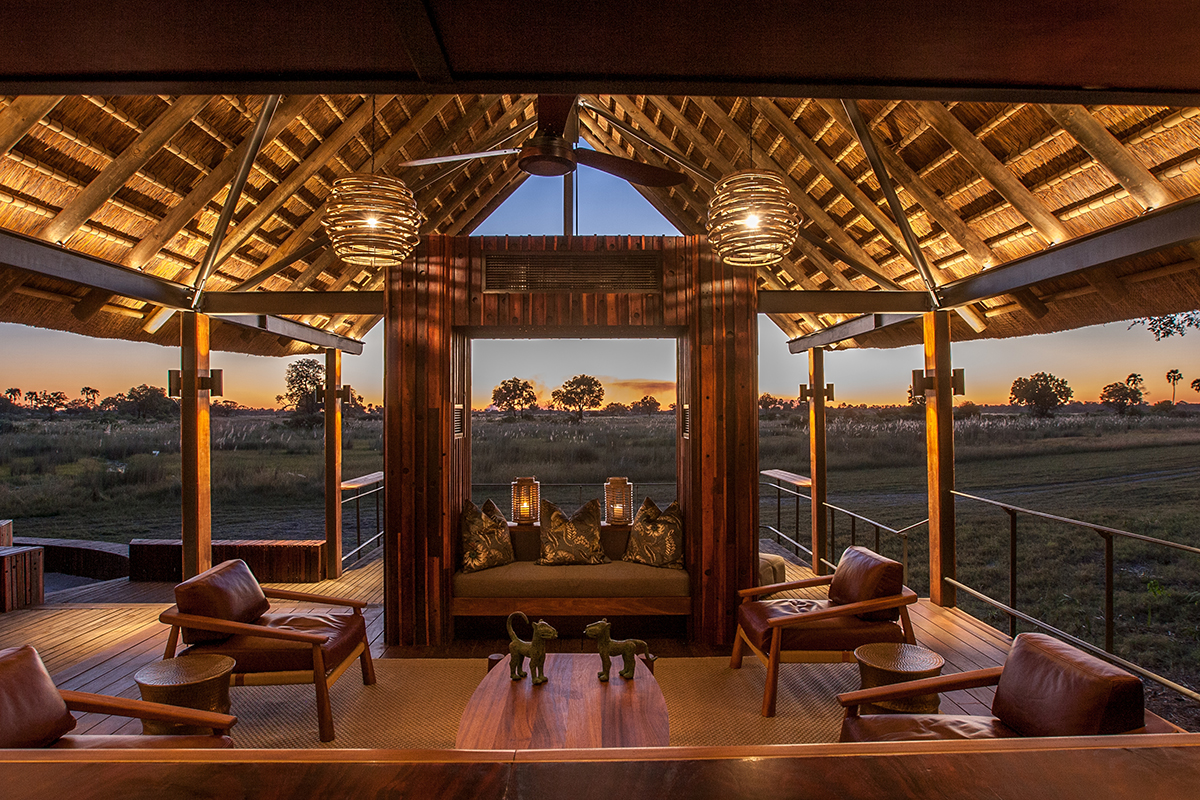






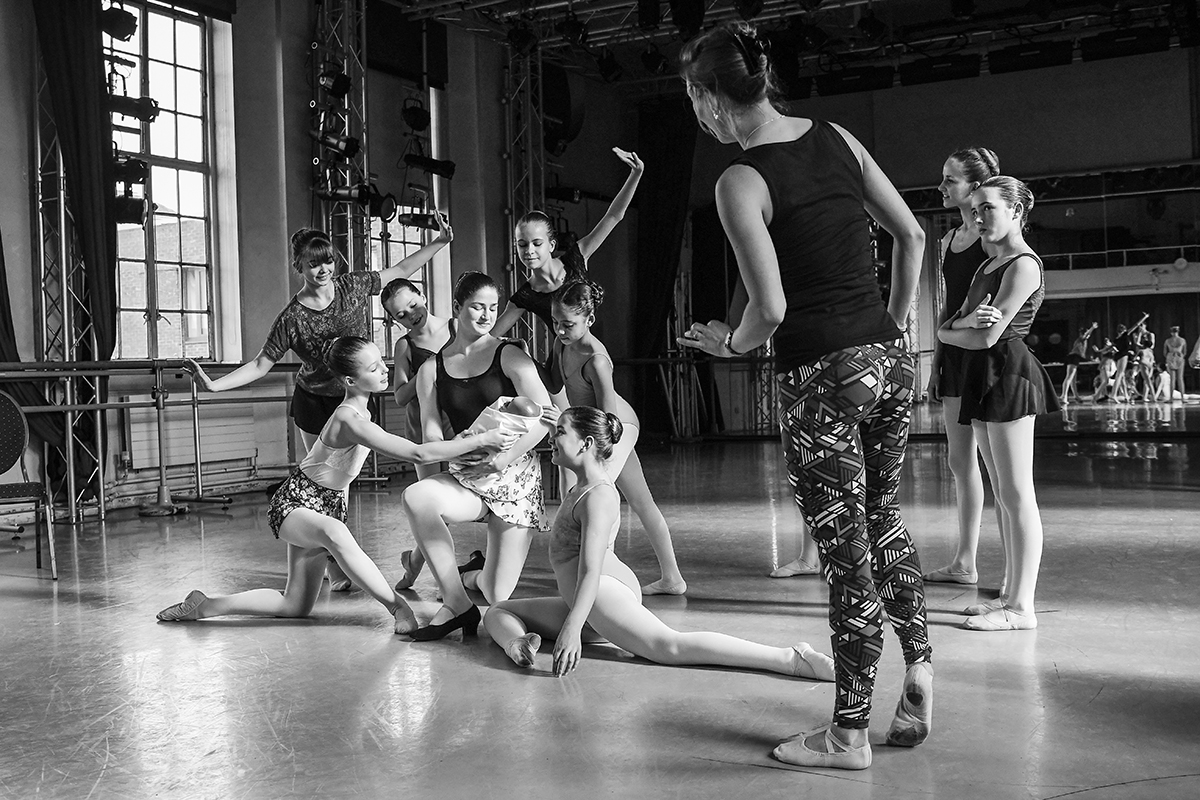
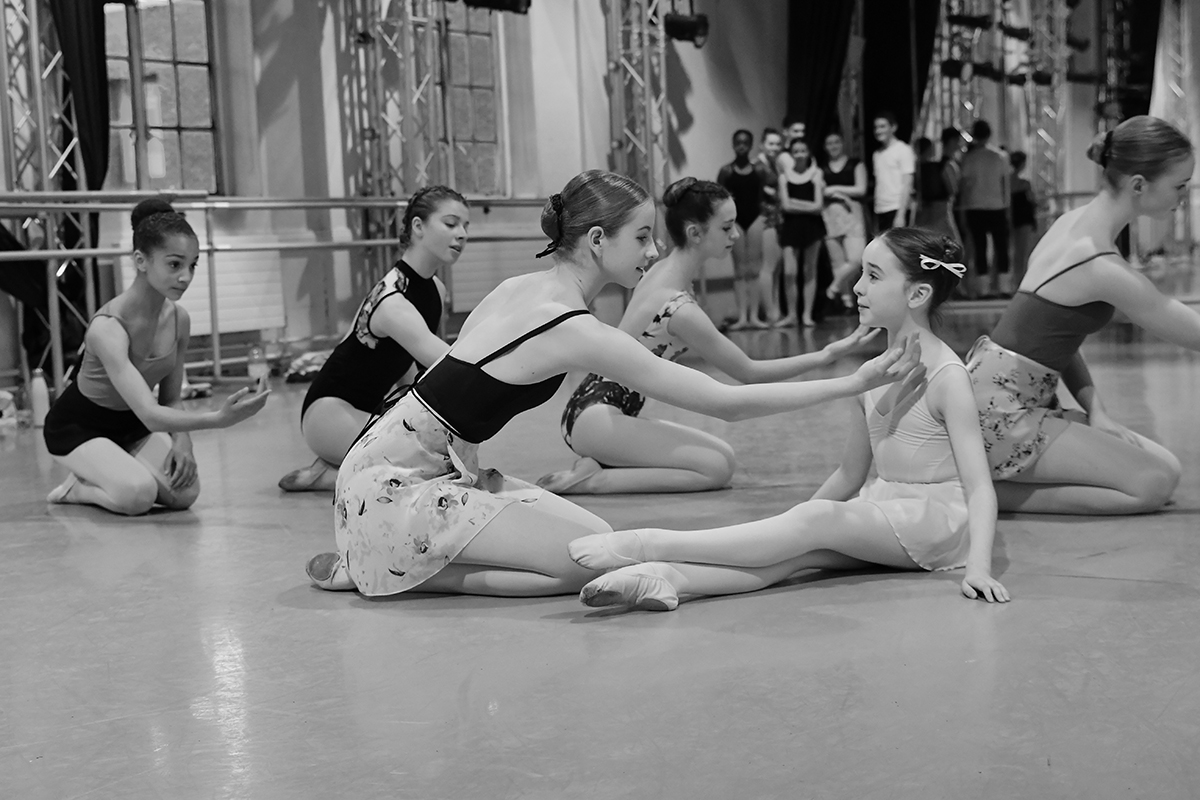
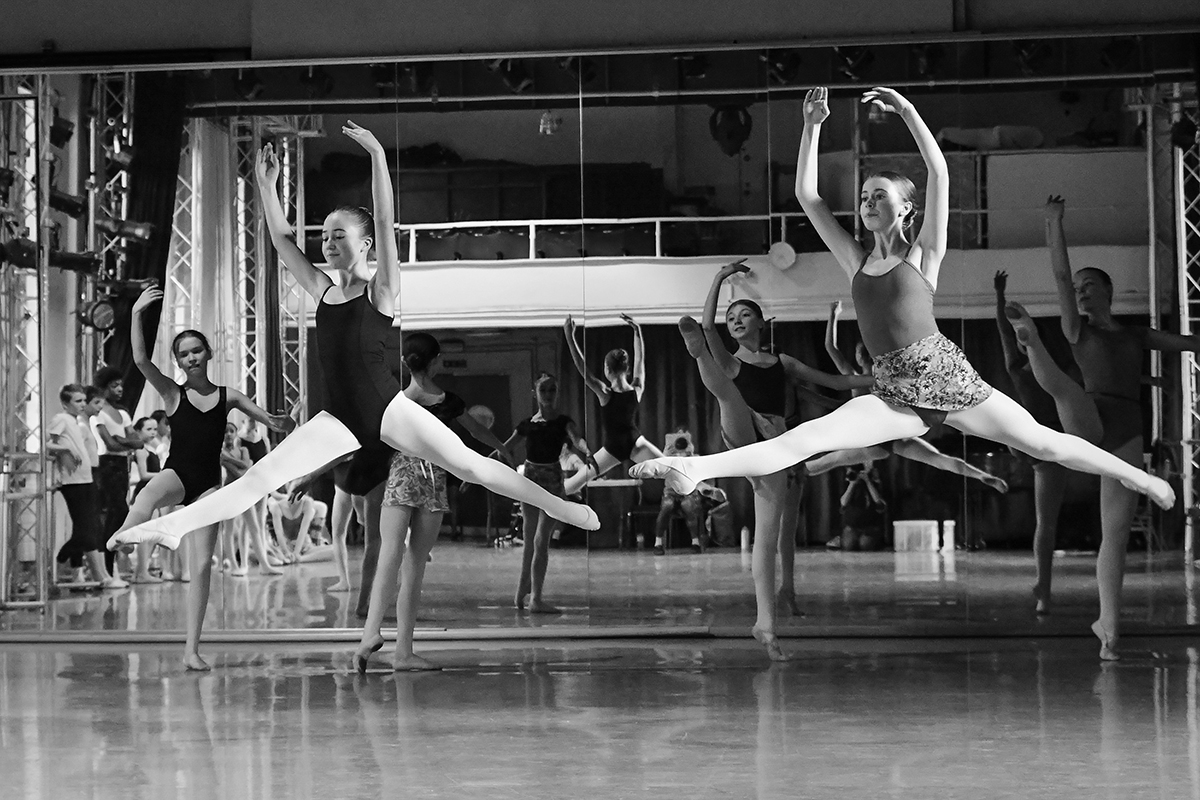
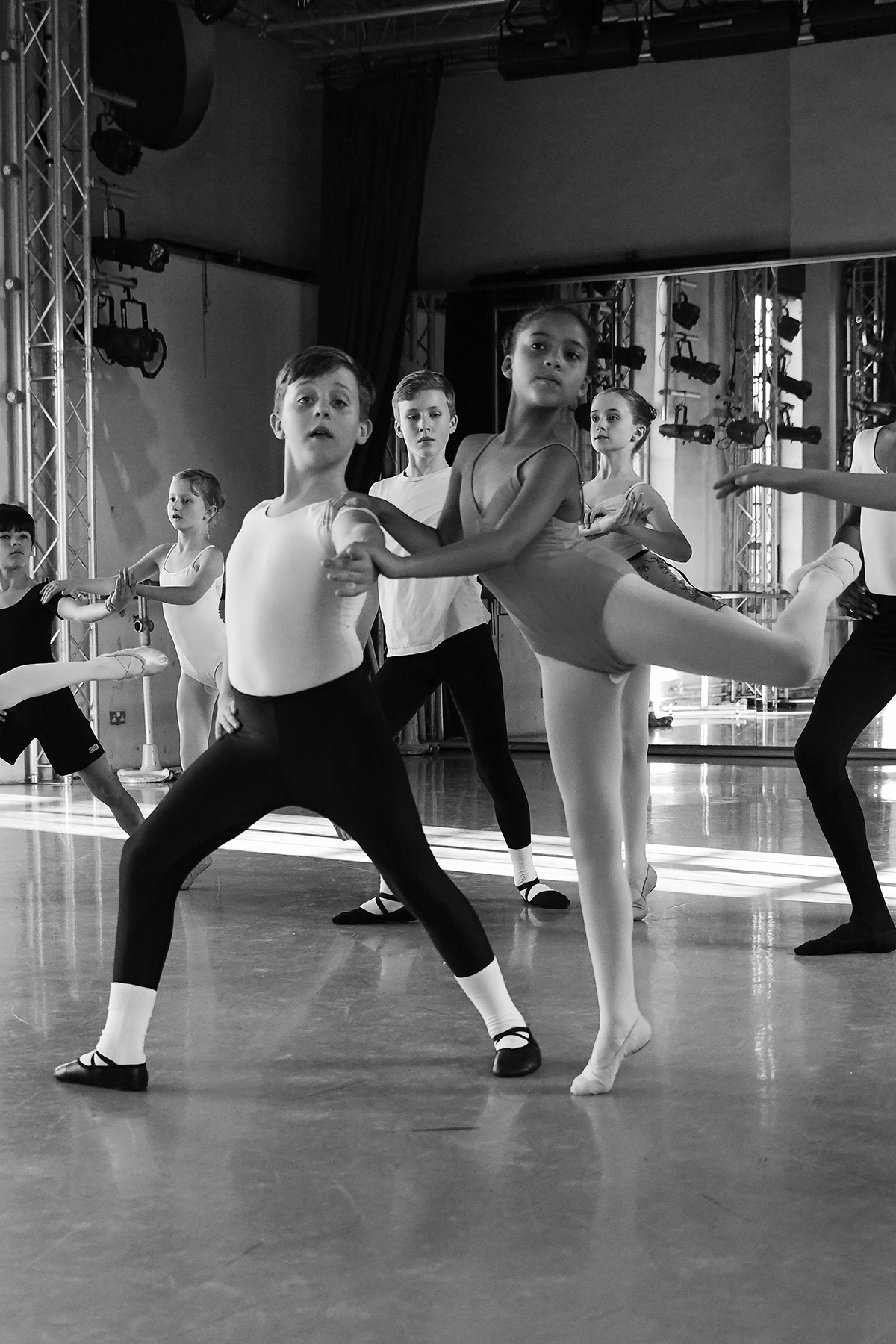
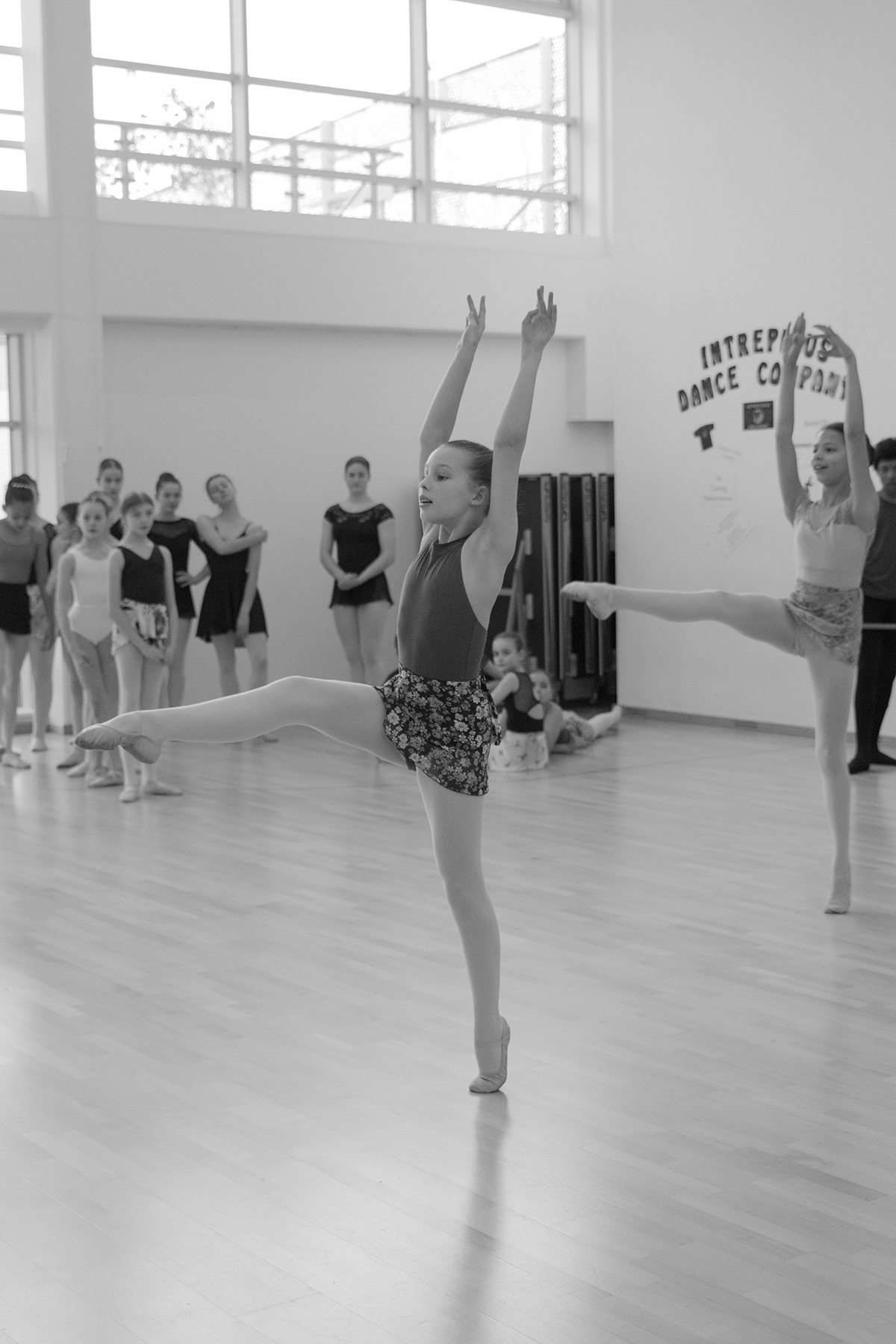
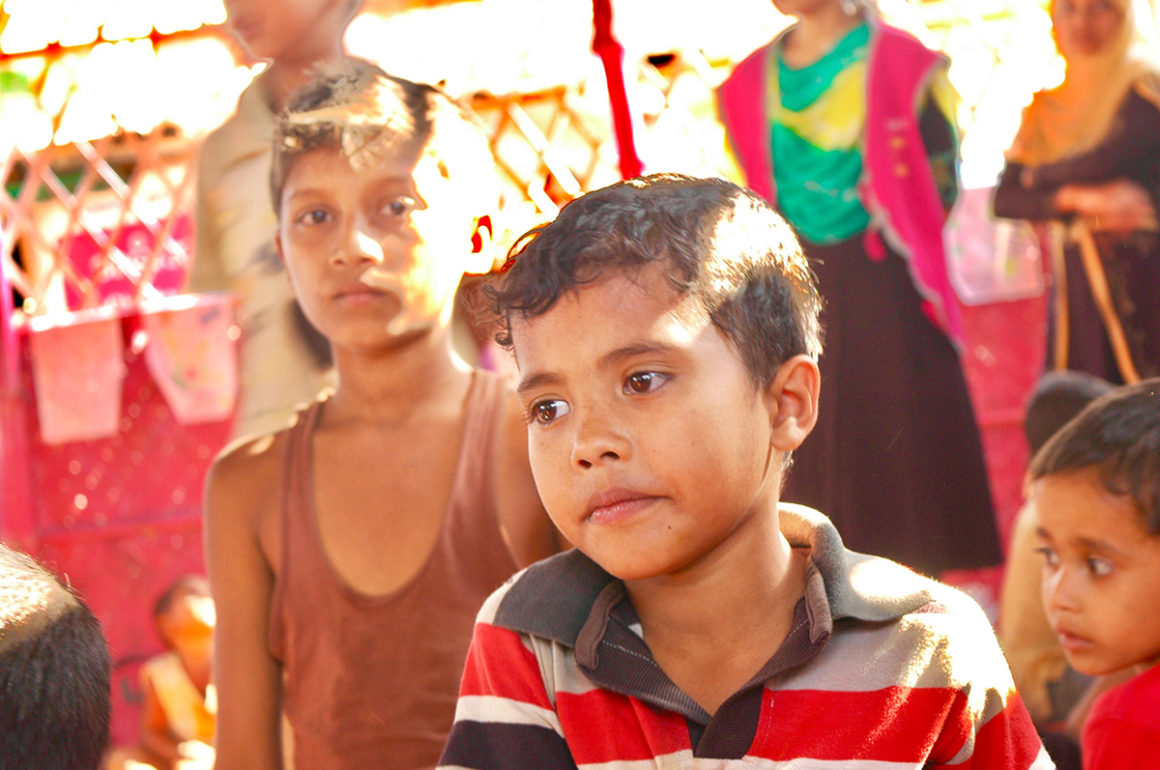
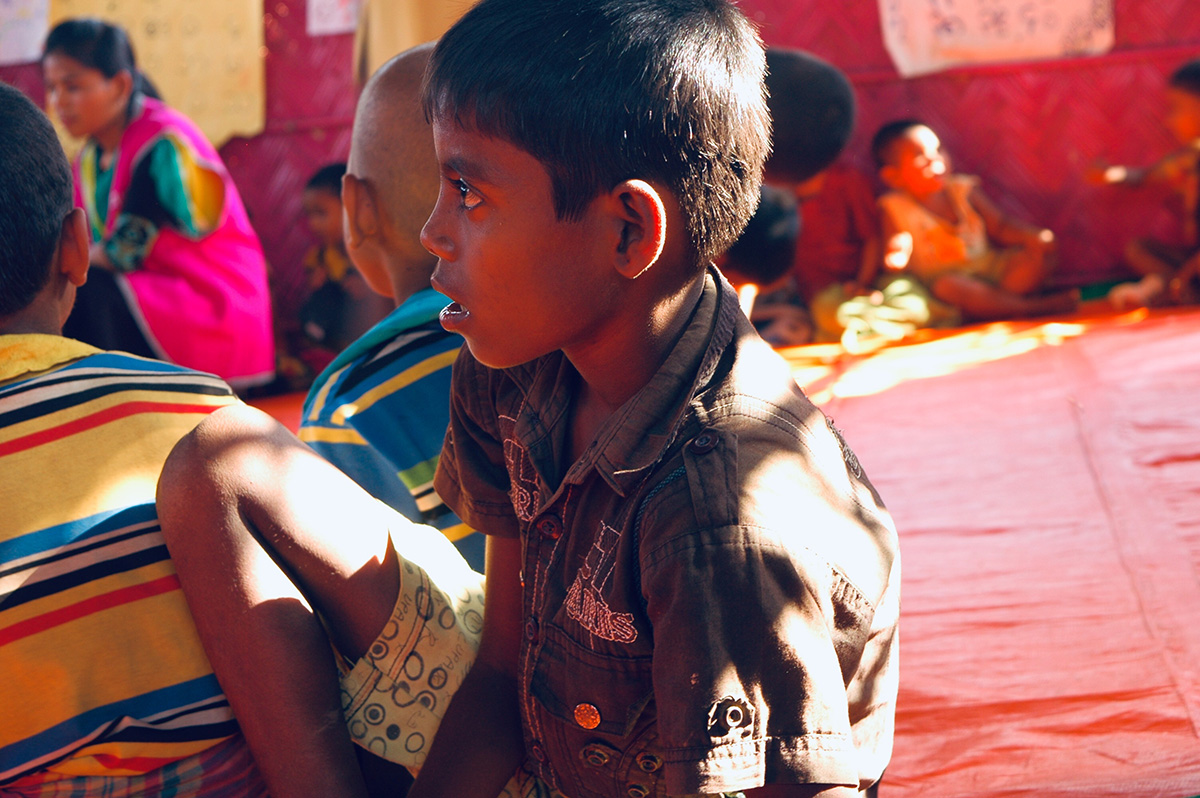
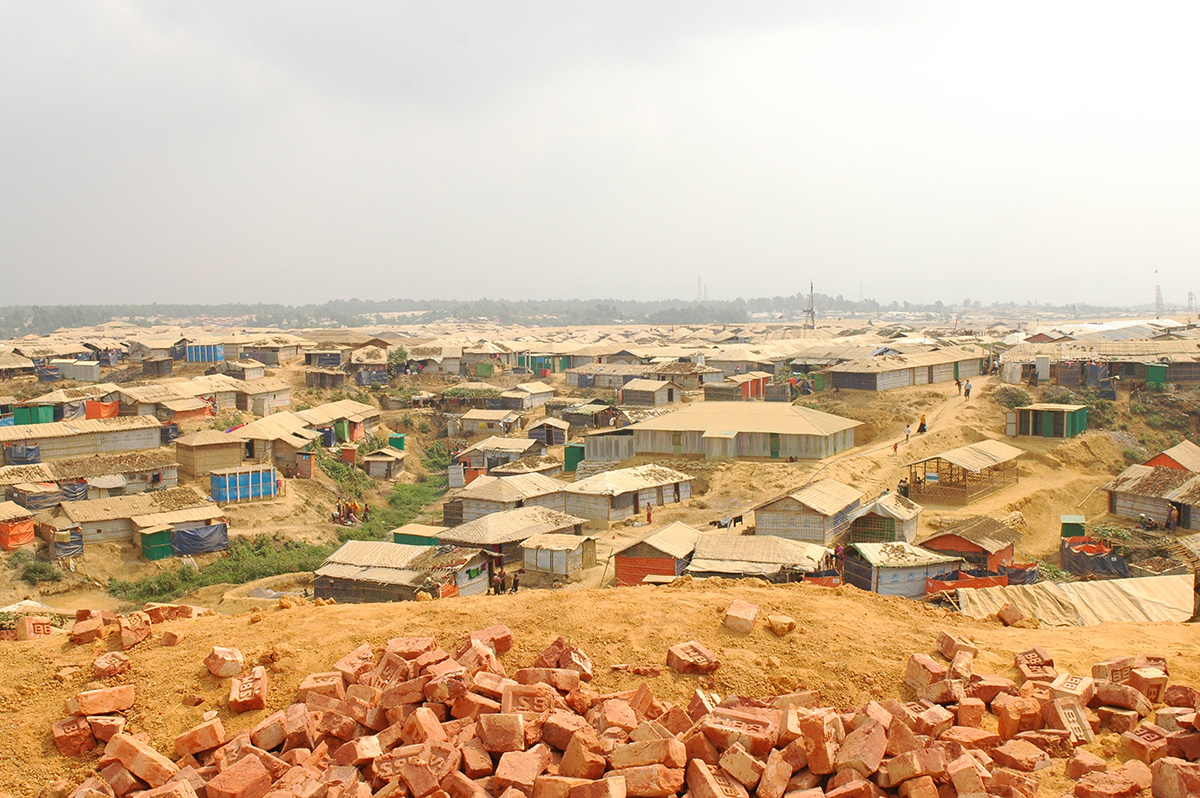
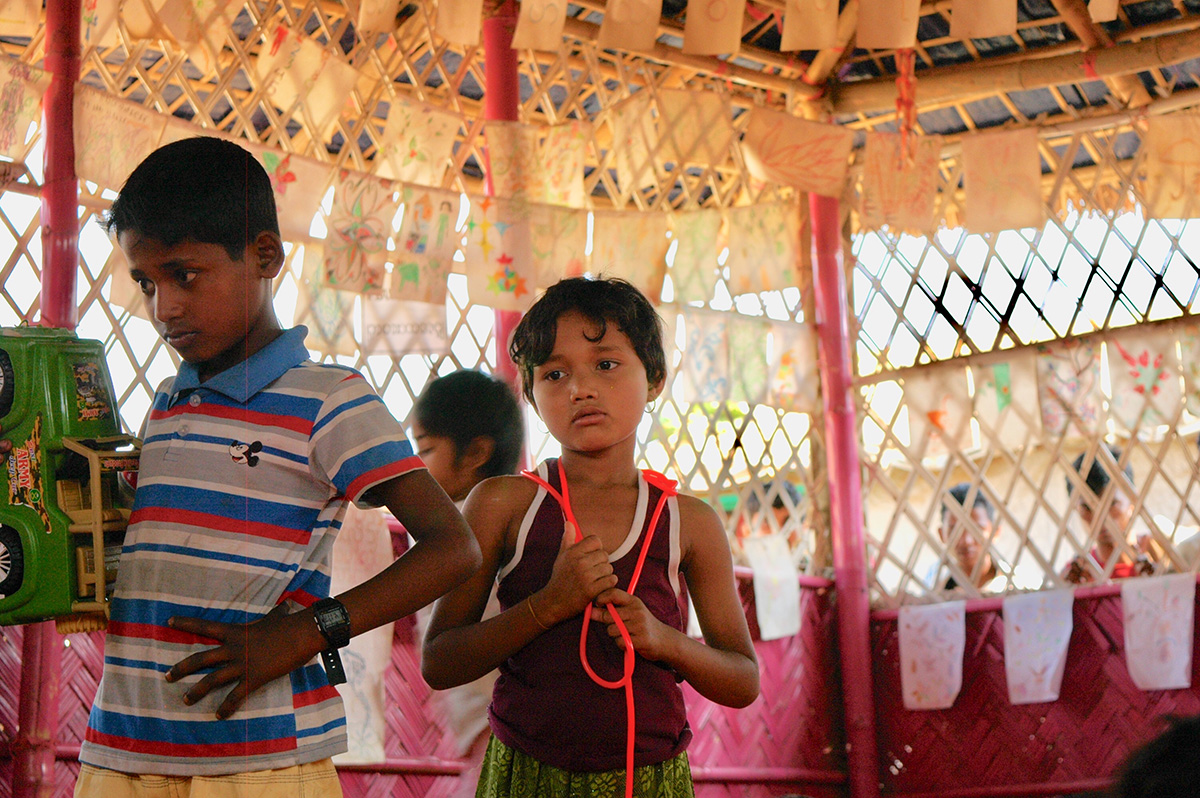
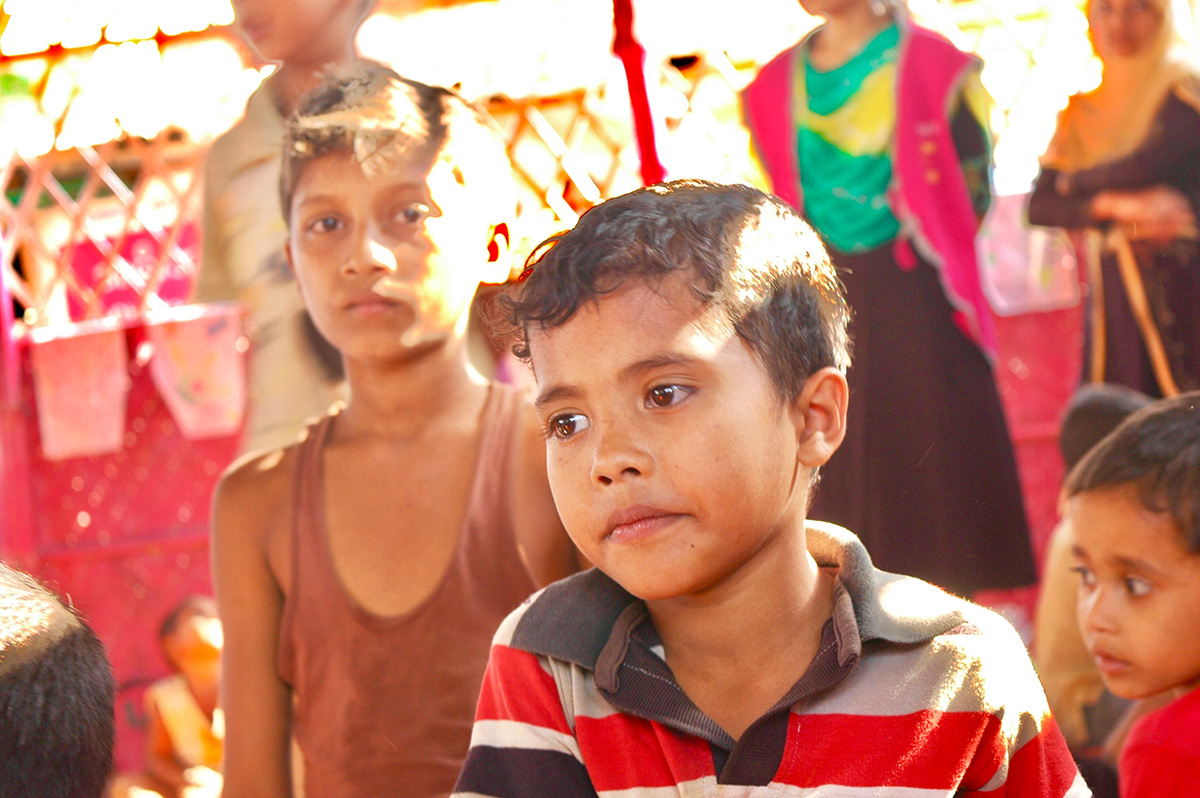
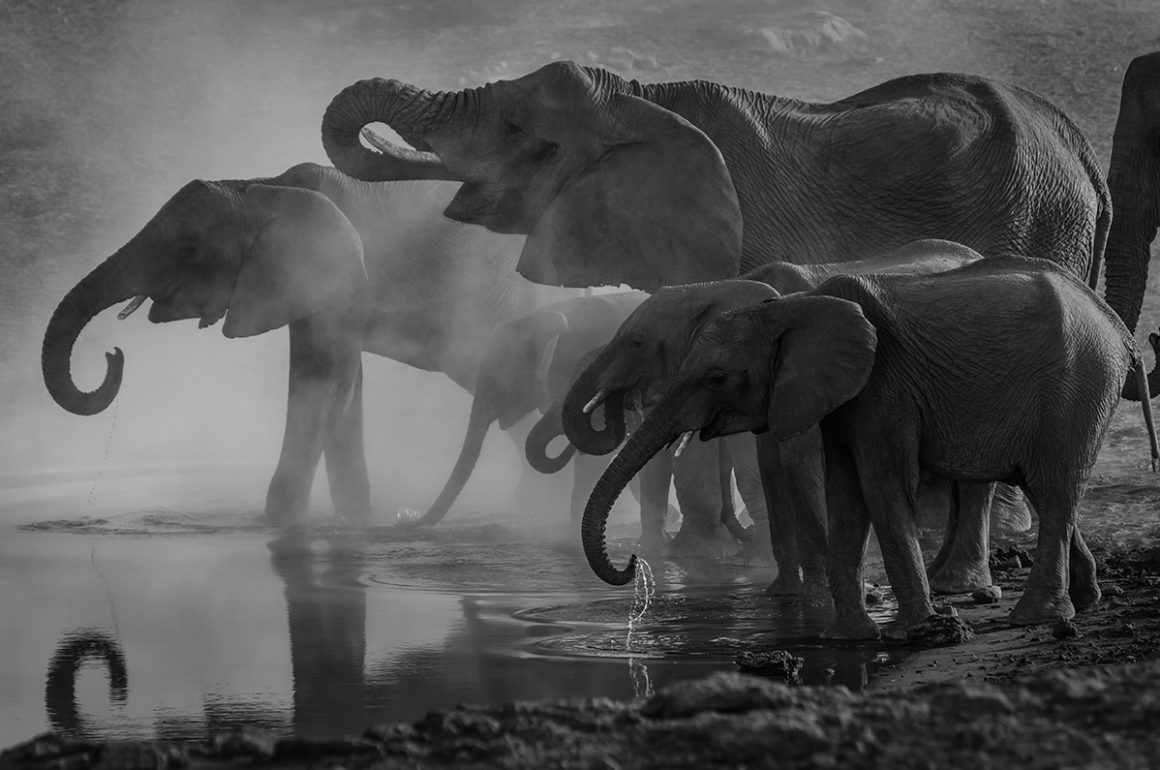
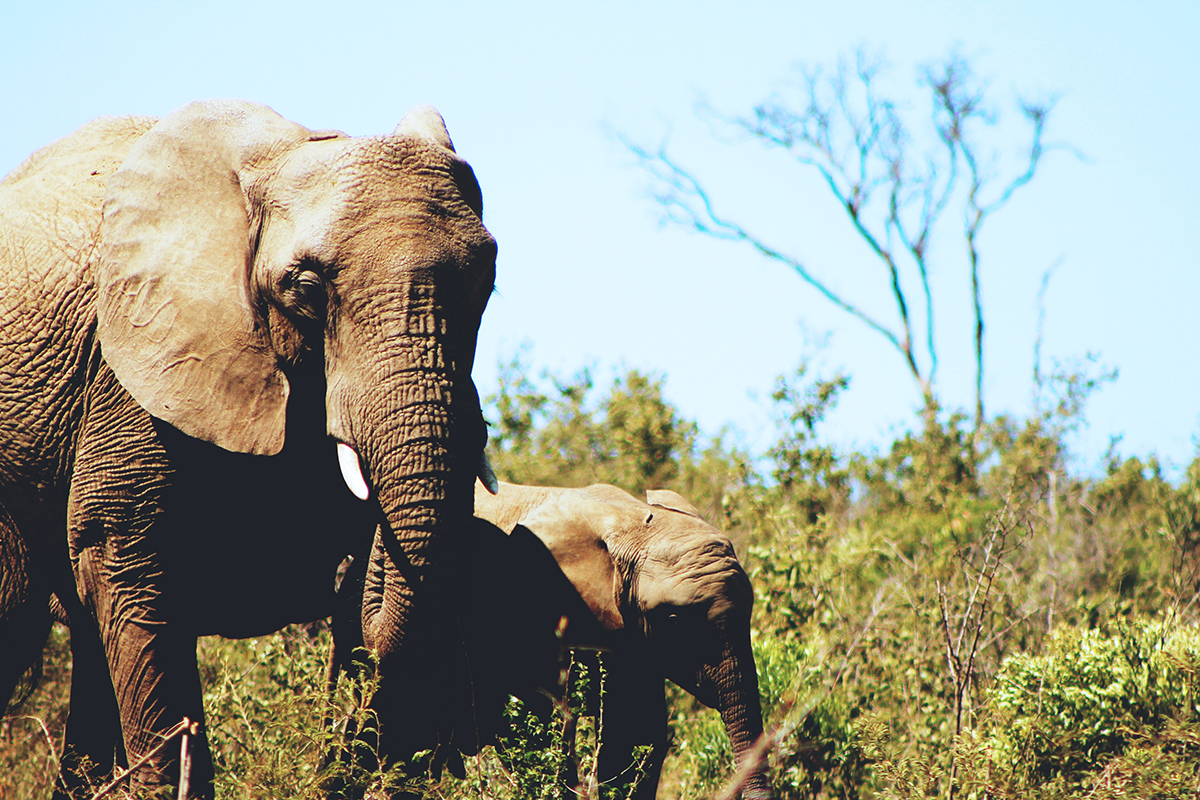
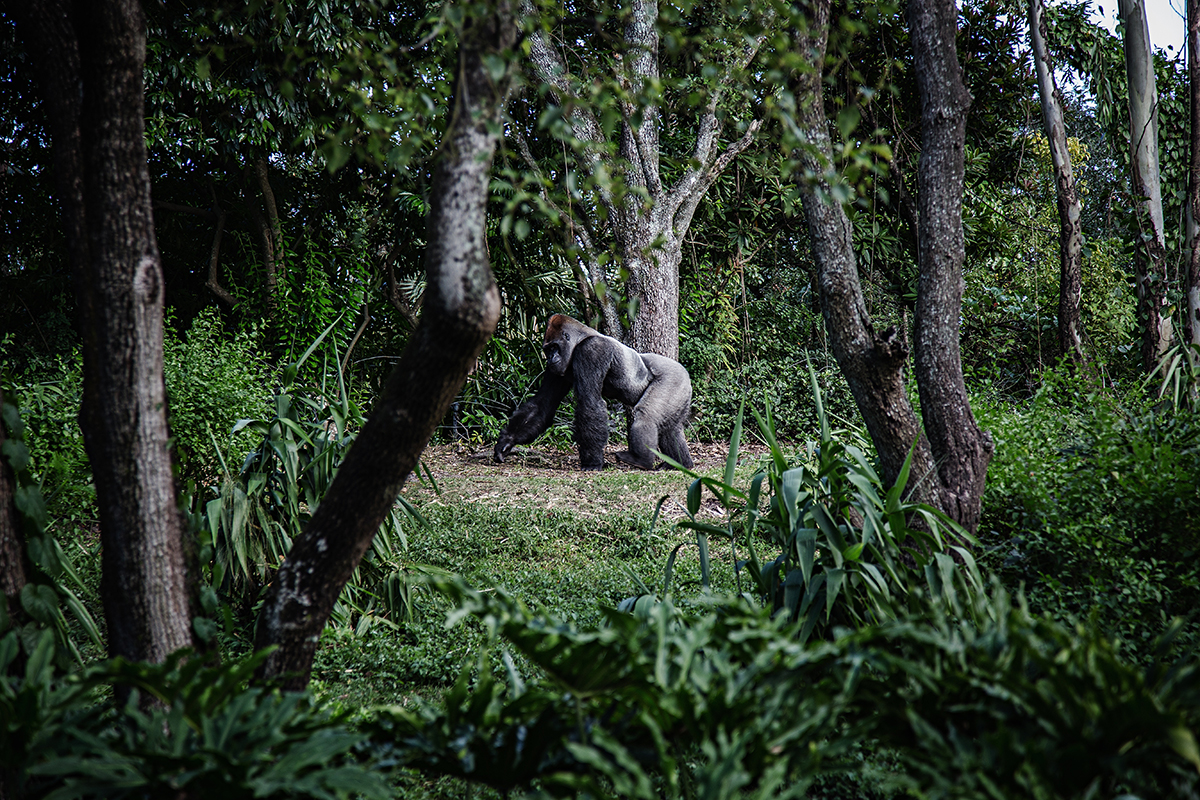

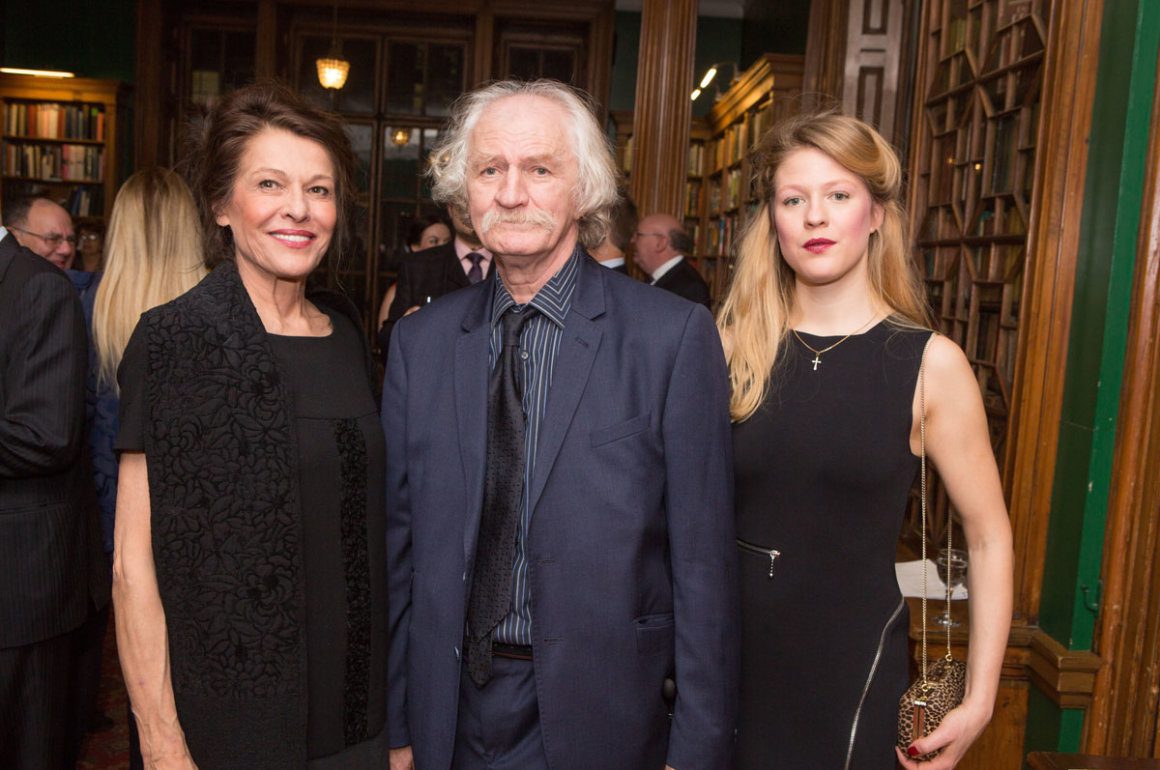
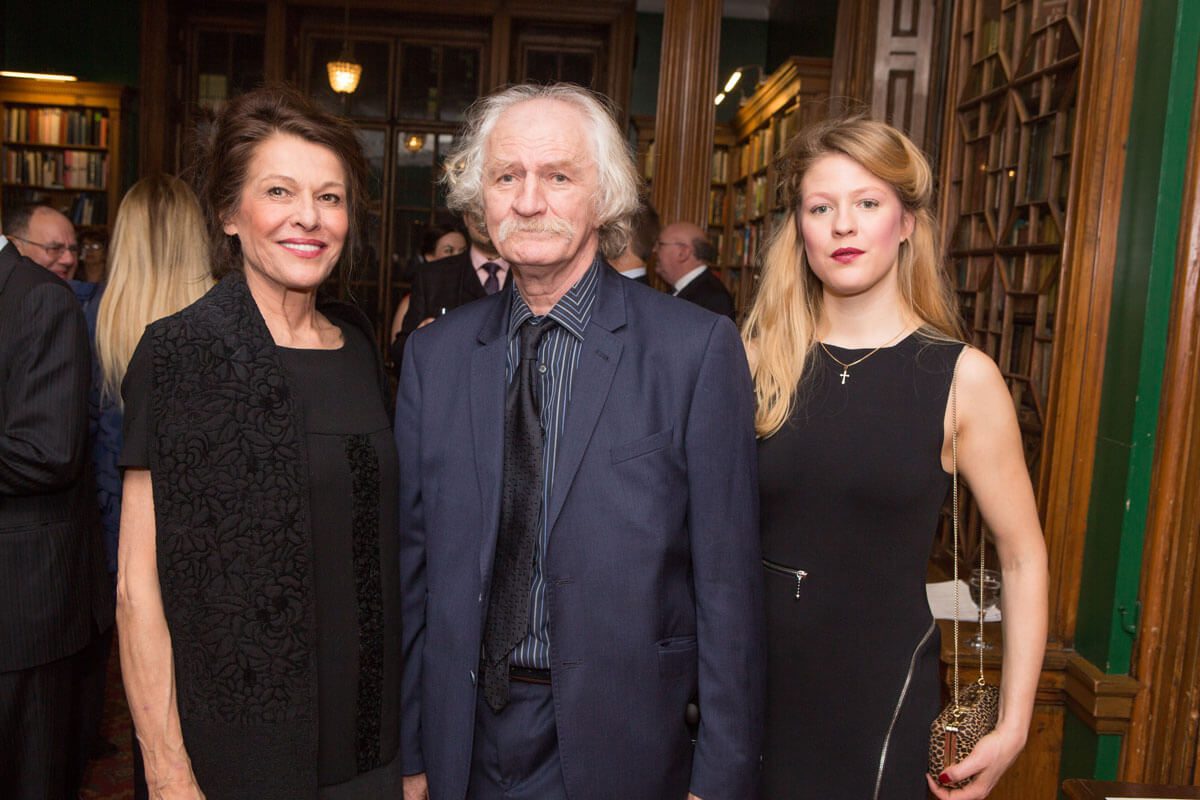





Recent Comments